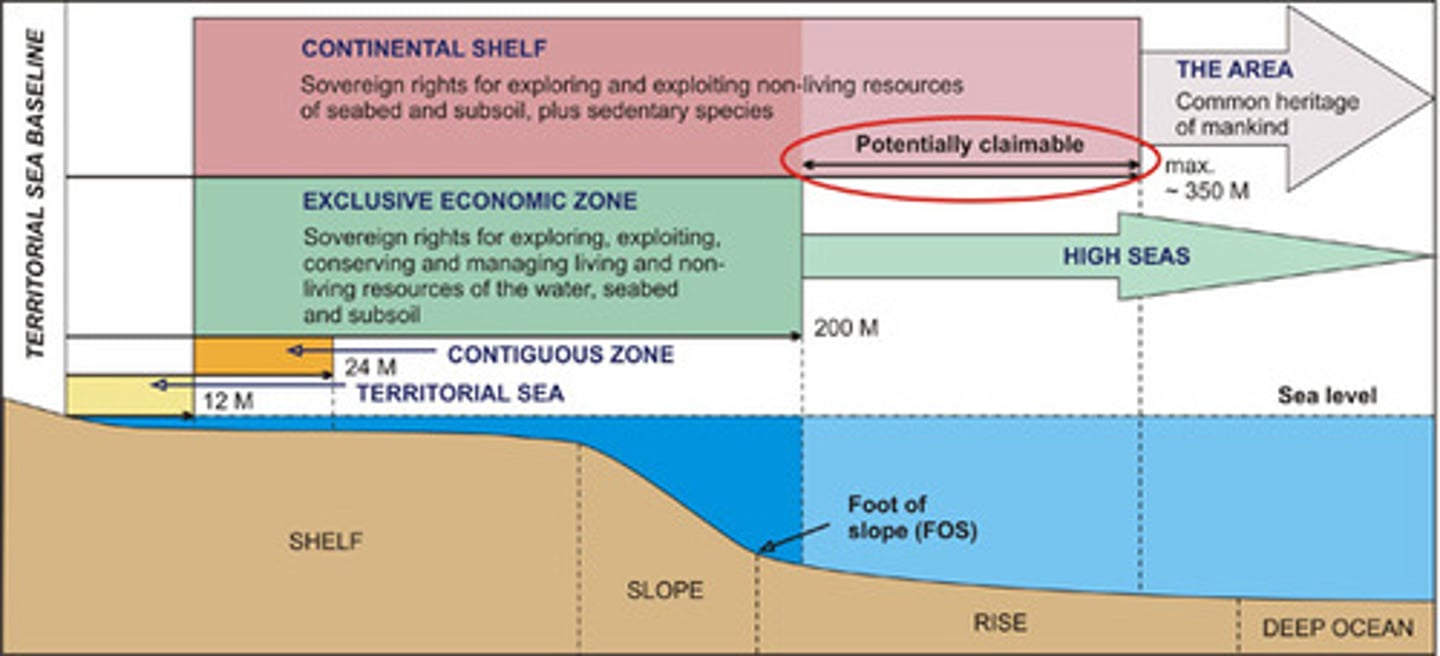Unit 4: Political Geography
1/75
There's no tags or description
Looks like no tags are added yet.
Name | Mastery | Learn | Test | Matching | Spaced | Call with Kai |
|---|
No analytics yet
Send a link to your students to track their progress
76 Terms
Political Geography
A subdivision of human geography focused on the nature and implications of the evolving spatial organization of political governance and formal political practice on the Earth's surface. It is concerned with why political spaces emerge in the places that they do and with how the character of those spaces affects social, political, economic, and environmental understandings and practices.
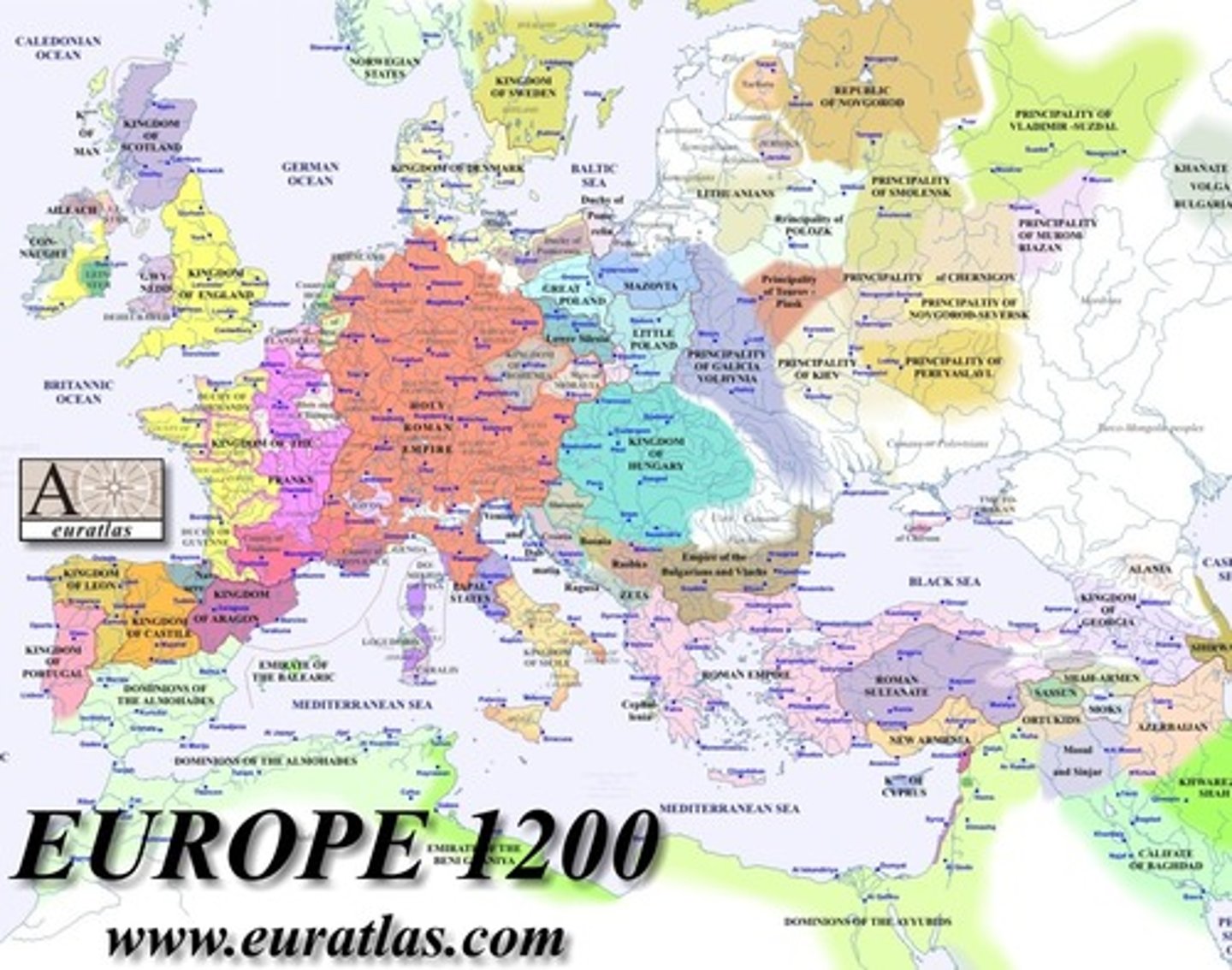
Territory
Area of land controlled by a nation.
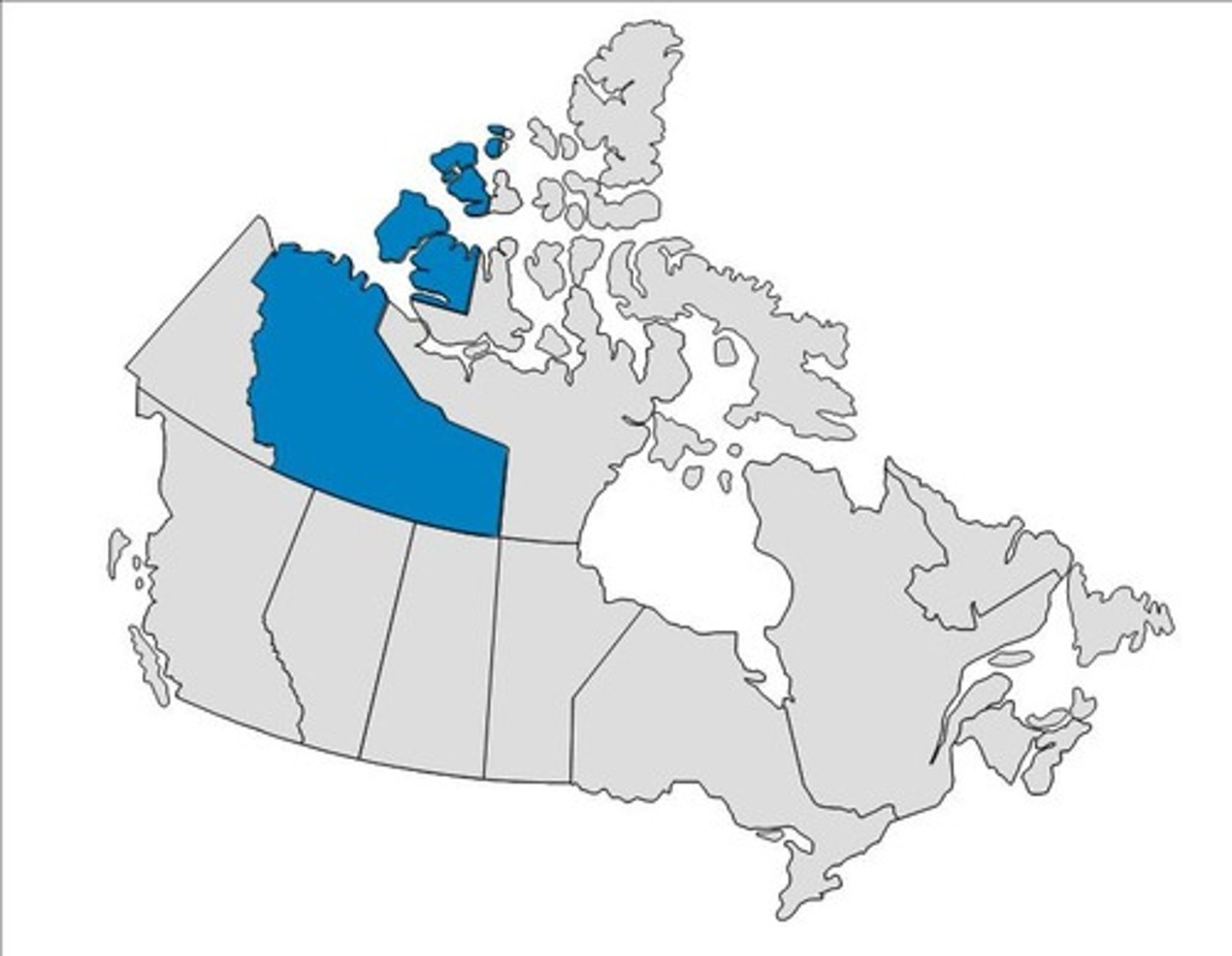
Territoriality
In political geography, a country's or more local community's sense of property and attachment toward its territory, as expressed by its determination to keep it inviolable and strongly defended.
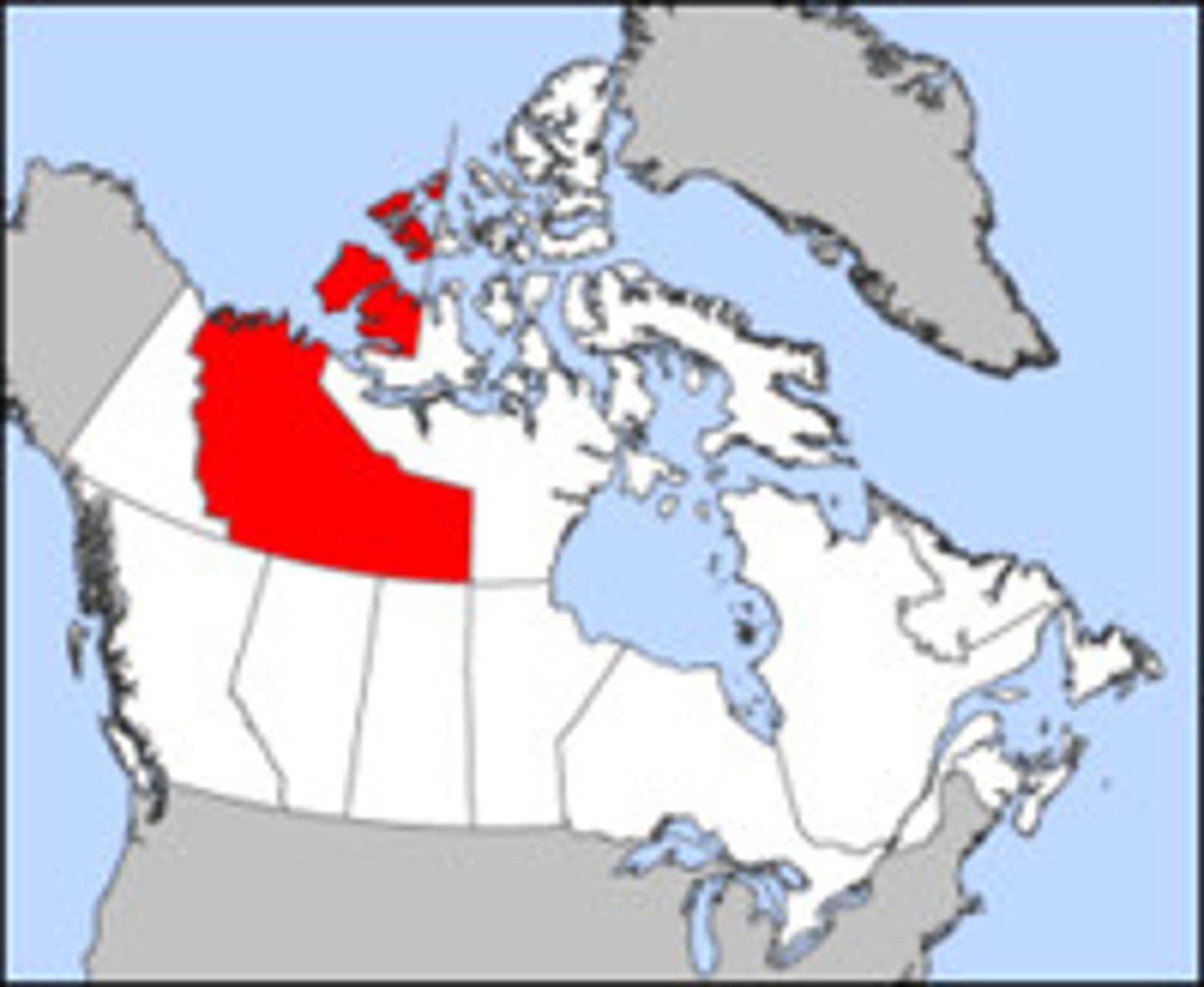
Sovereignty
A principle of international relations that holds that final authority over social, economic, and political matters should rest with the legitimate rulers of independent states
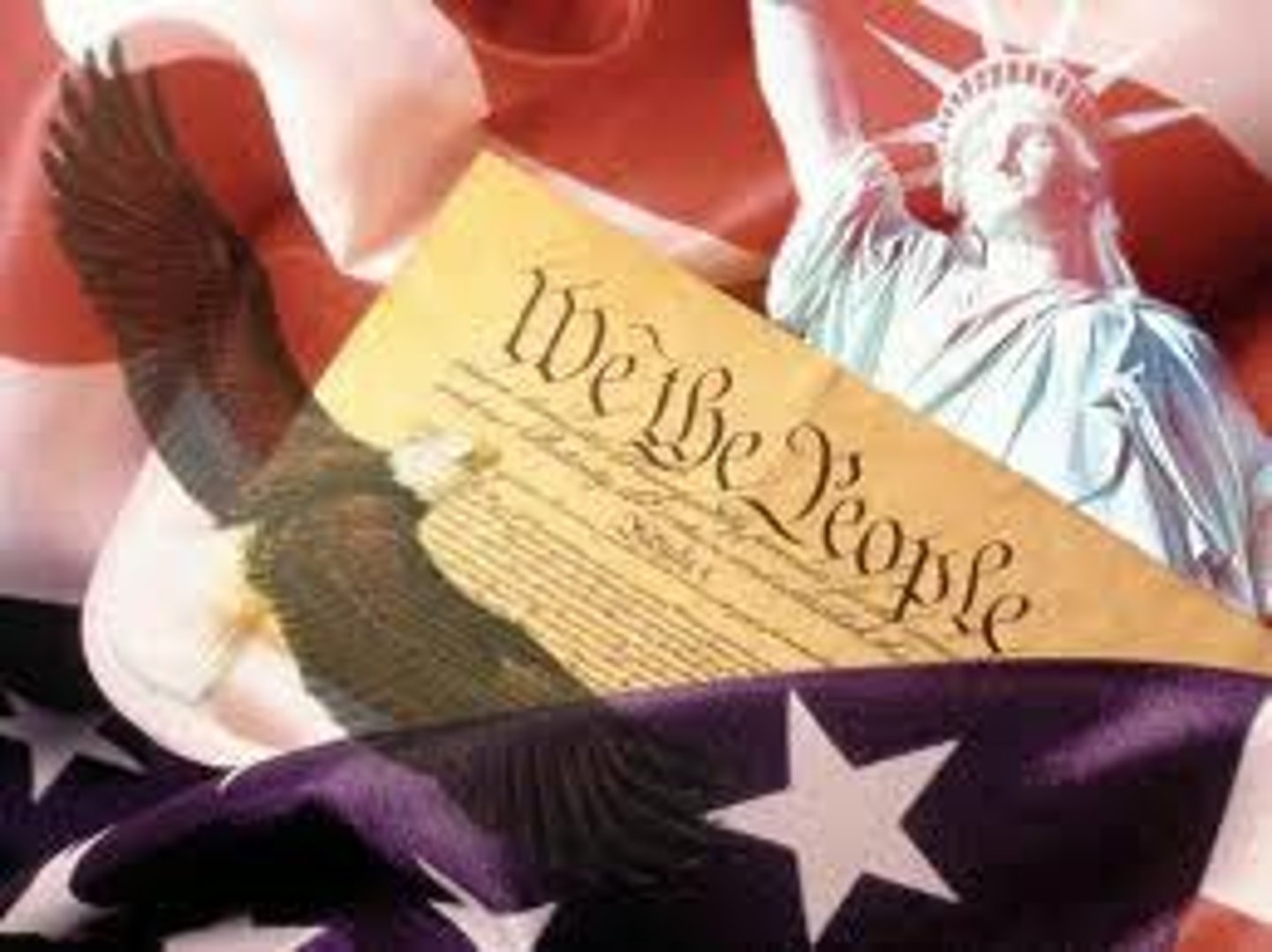
Nation
Legally, a term encompassing all the citizens of a state. Most definitions now tend to refer to a tightly knit group of people possessing bonds of language, ethnicity, religion, and other shared cultural attributes. Such homogeneity actually prevails within very few states.

Nation-state
Theoretically, a recognized member of the modern state system possessing formal sovereignty and occupied by a people who see themselves as a single, united nation. Most nations and states aspire to this form, but it is realized almost nowhere. Nonetheless, in common parlance, nation-state is used as a synonym for country or state.

Democracy
A government in which power is held by the people, who exercise power directly or through elected representatives.
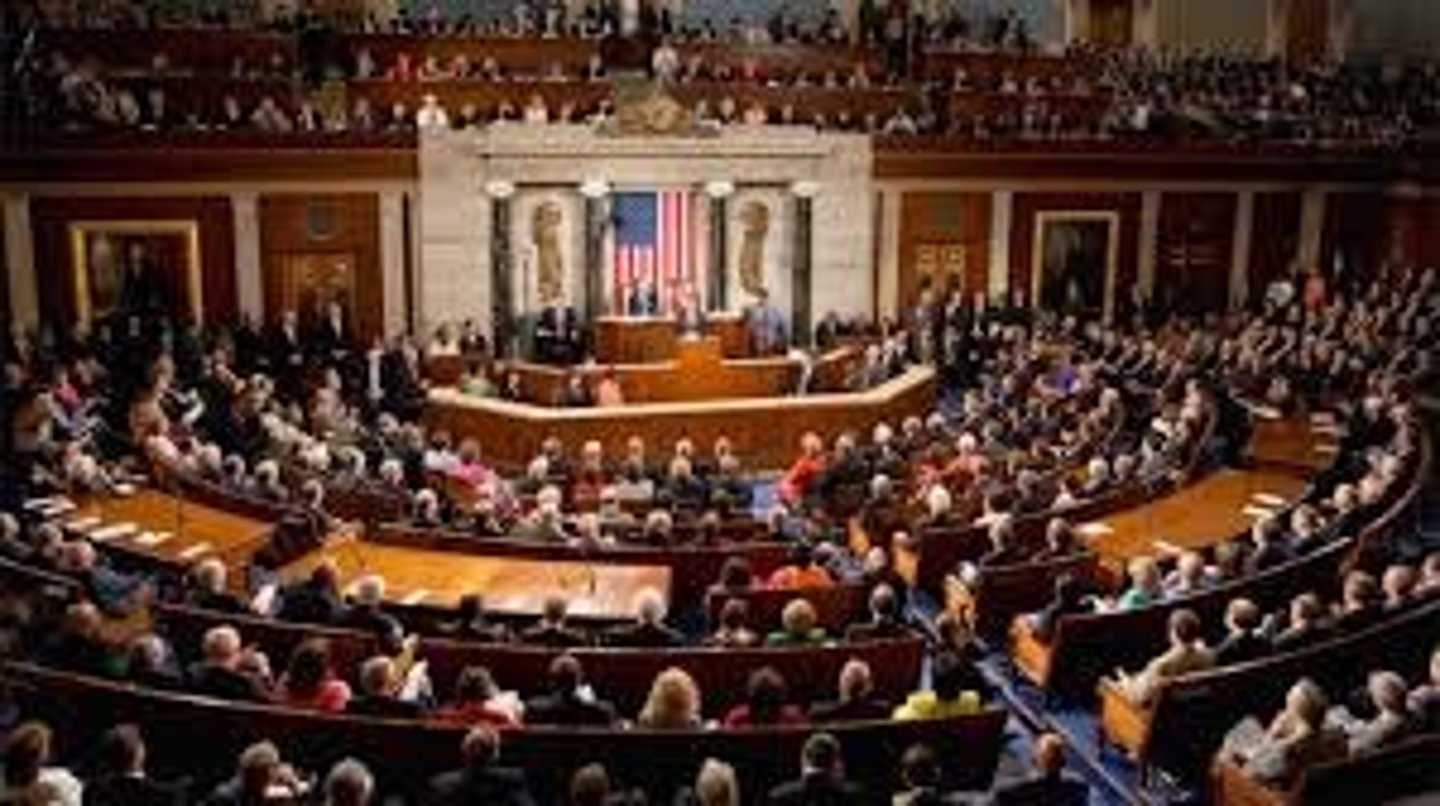
Multinational State
state with more than one nation within its borders
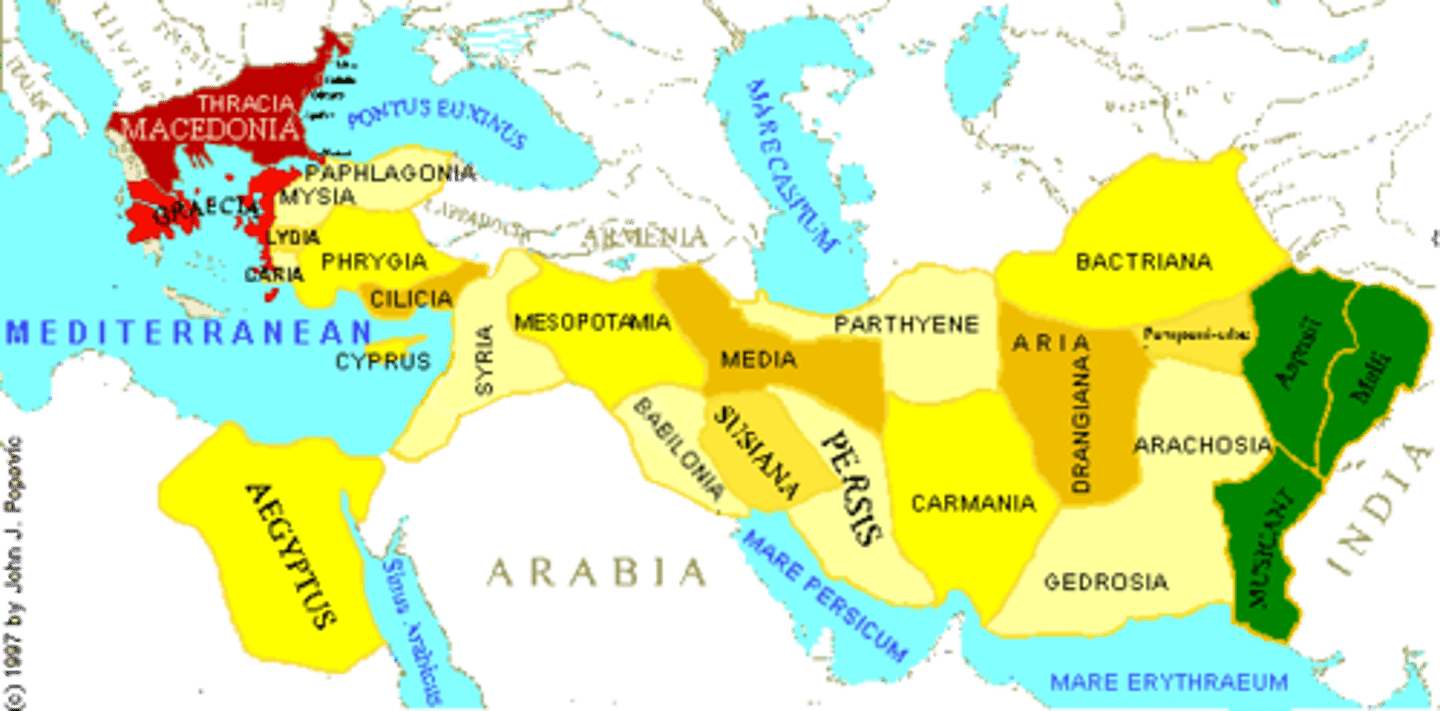
Multistate Nation
nation that stretches across borders and across states
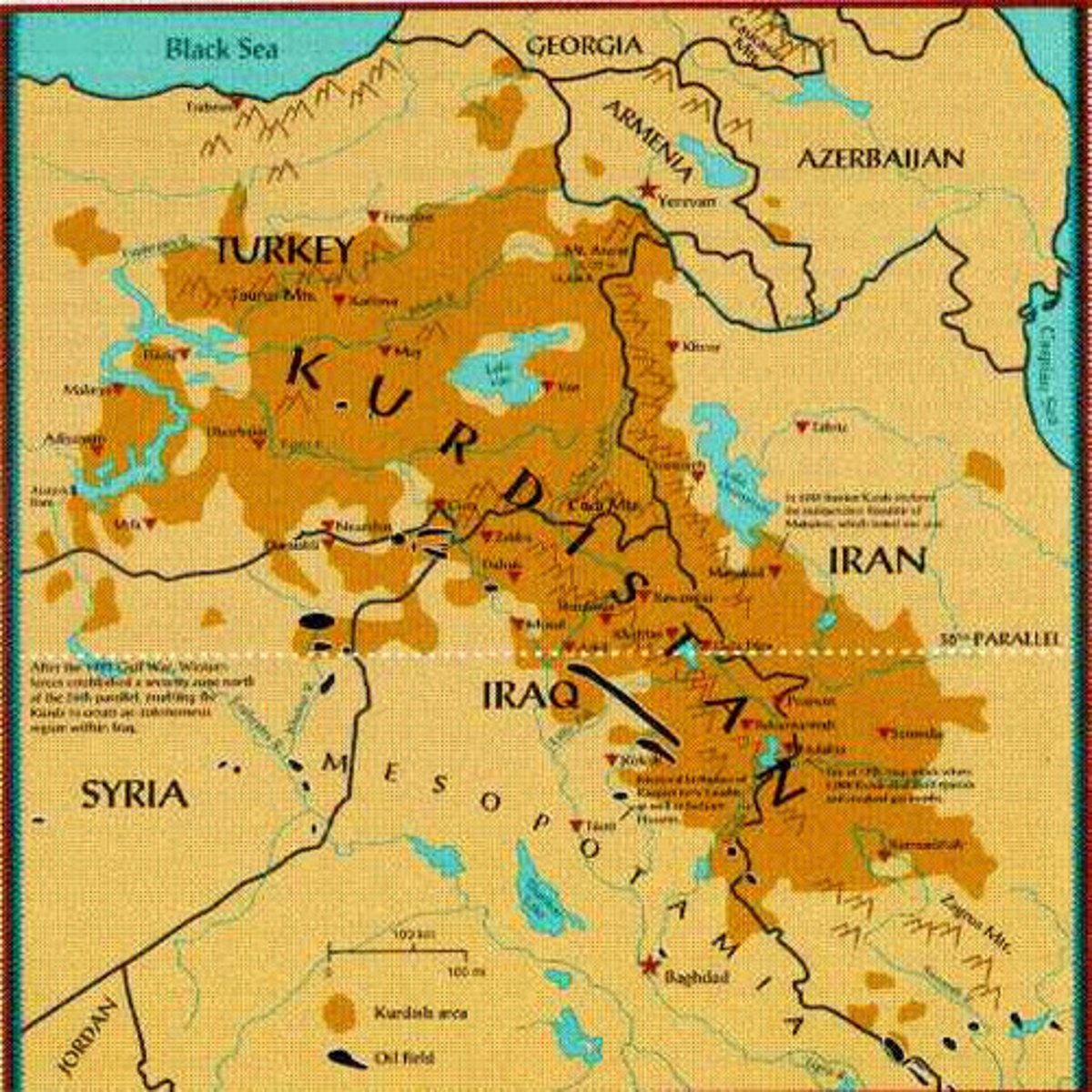
Stateless Nation
nation that does not have a state
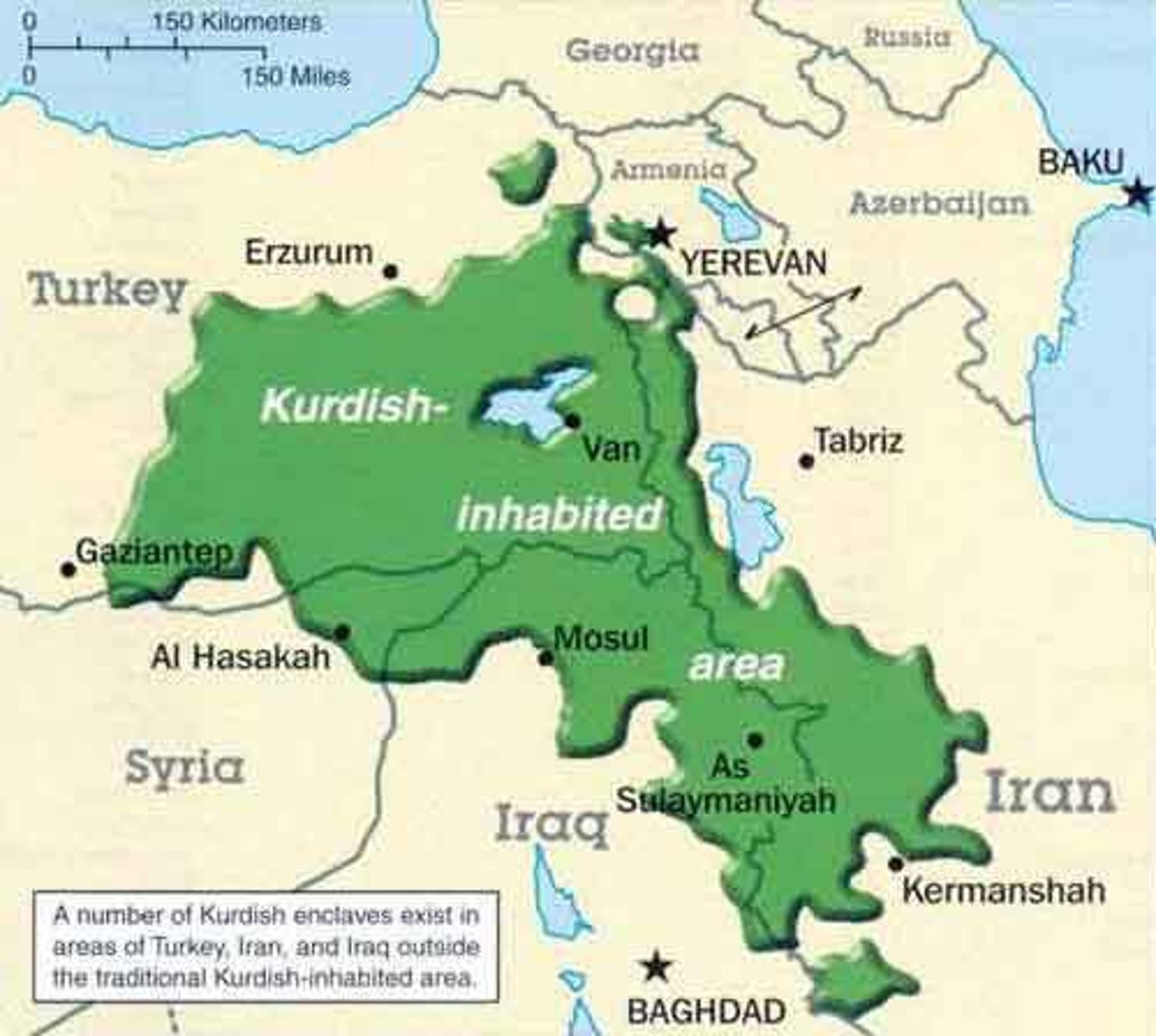
Colonialism
rule by an autonomous power over a subordinate and alien people and place. Although often established and maintained through political structures, colonialism also creates unequal cultural and economic relations. Because of the magnitude and impact of the European colonial project of the last centuries, the term is generally understood to refer to that particular colonial endeavor.
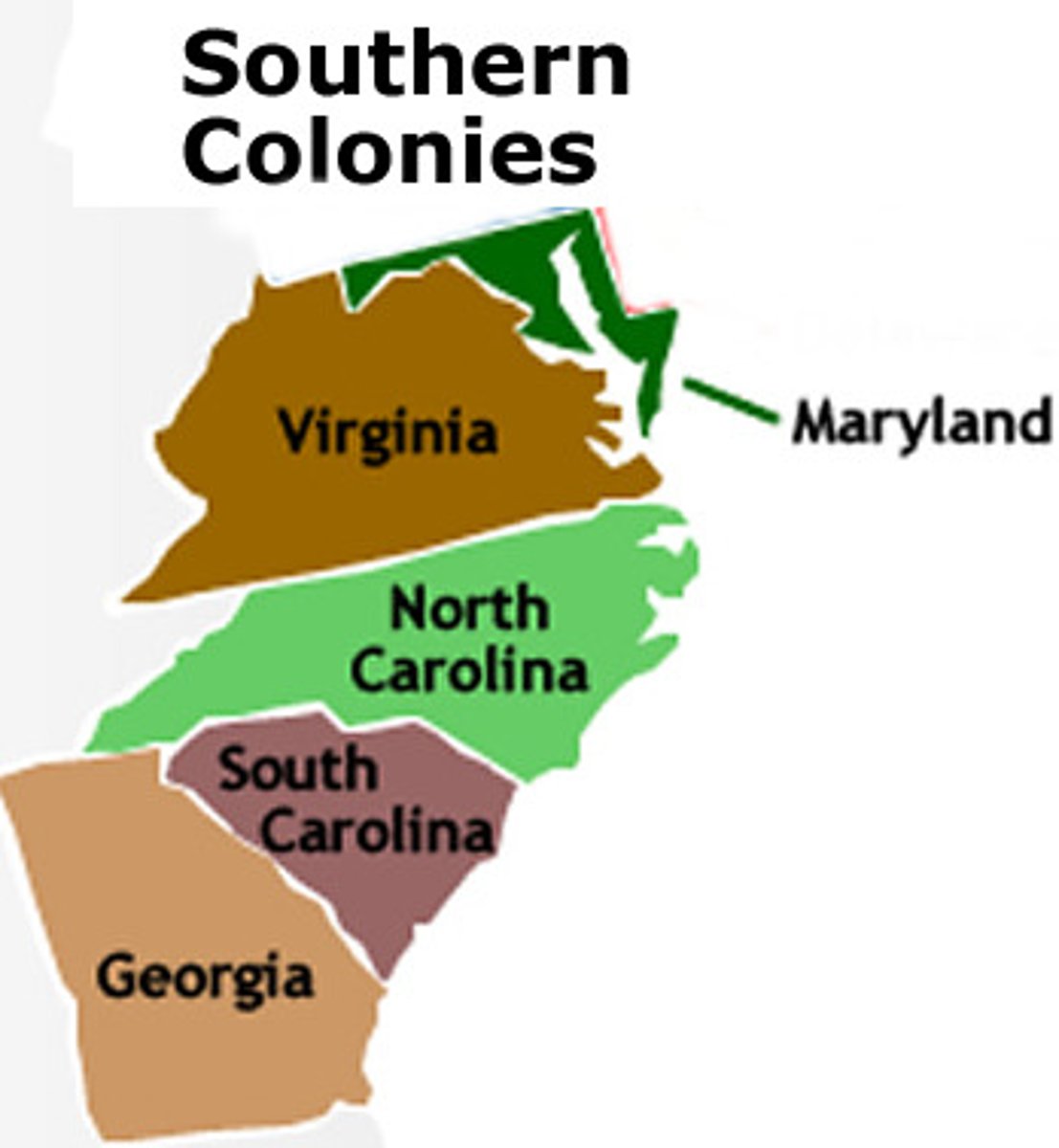
Scale
Generally, the relationship between the portion of Earth being studied and Earth as a whole; specifically, the relationship between the size of an object on a map and the size of the actual feature on Earth's surface
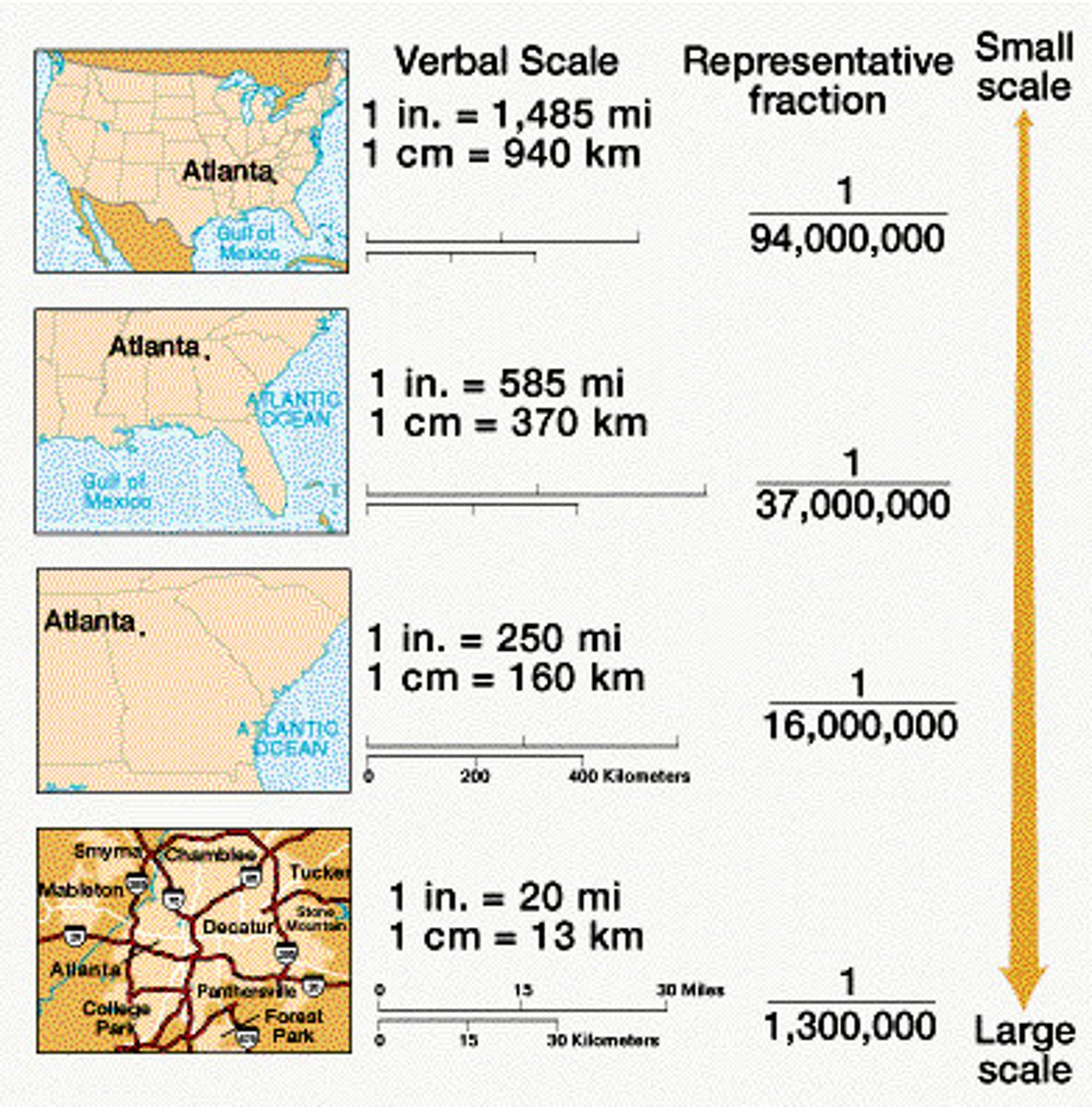
Capitalism
Economic model wherein people, corporations, and states produce goods and exchange them on the world market, with the goal of achieving profit.
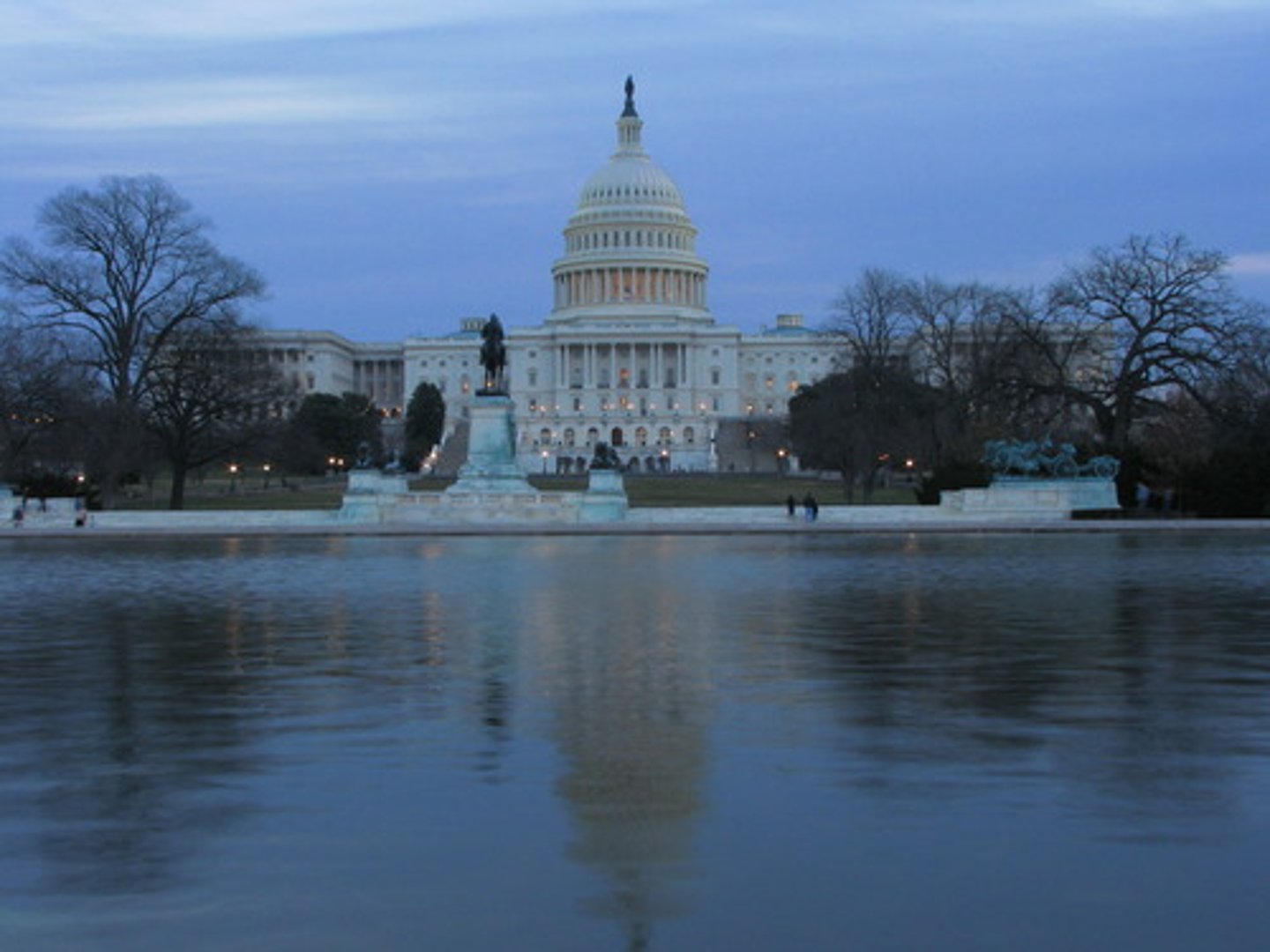
Centripetal
An attitude that tends to unify people and enhance support for a state

Centrifrugal
things that cause disunity in the state (ex: political, religious, or economic conflict)

Unitary
A nation-state that has a centralized government and administration that exercises power equally over all parts of the state
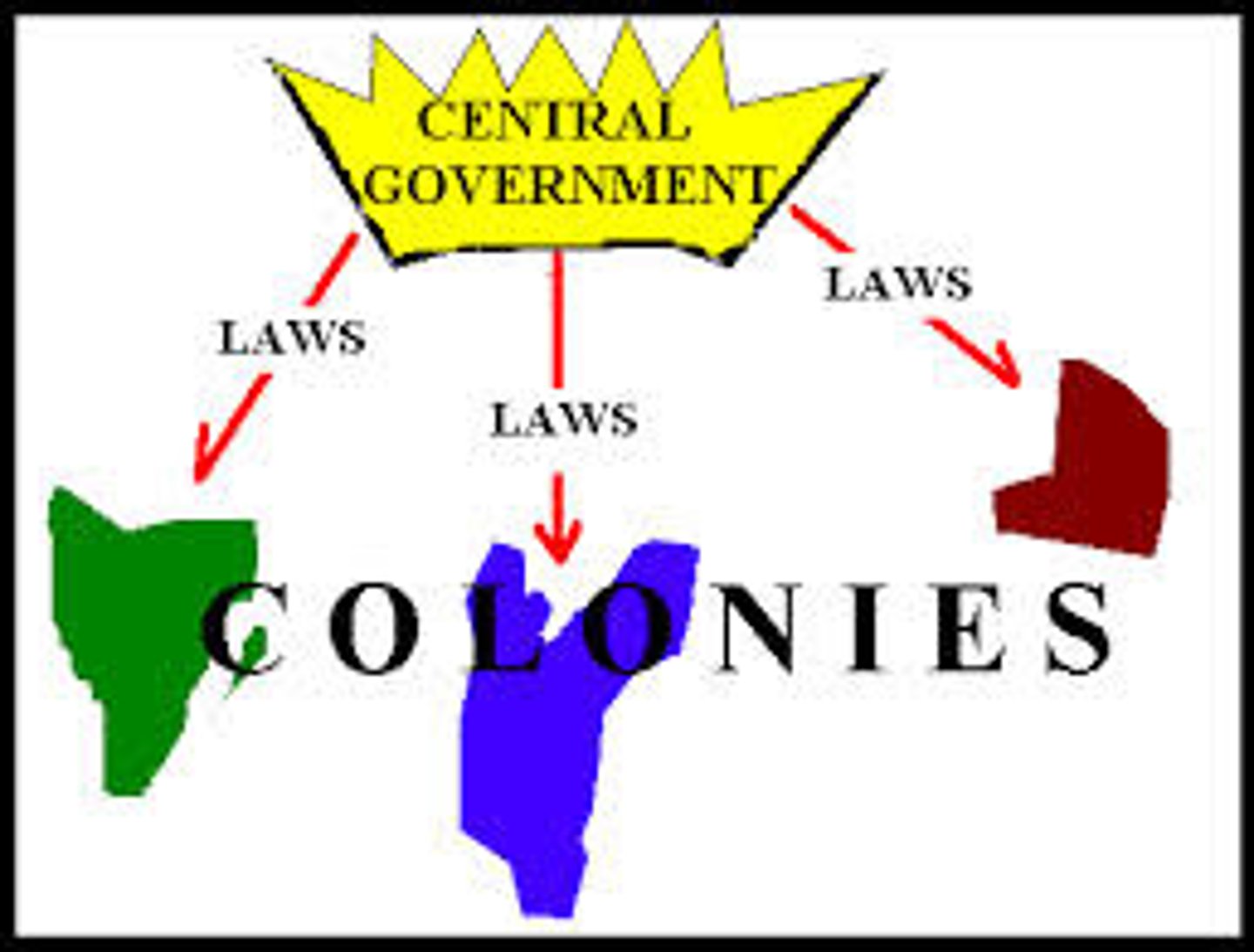
Federal
a political-territorial system wherein a central government represents the various entities within a nation-state where they have common interest- defense, foreign affairs, and the like- yet allows these various entities to retain their own identities and to have their own laws, policies, and customs in certain spheres.

Devolution
The process whereby regions within a state demand and gain political strength and growing autonomy at the expense of the central government.

Reapportionment
Process by which representative districts are switched according to population shifts, so that each district encompasses approximately the same number of people
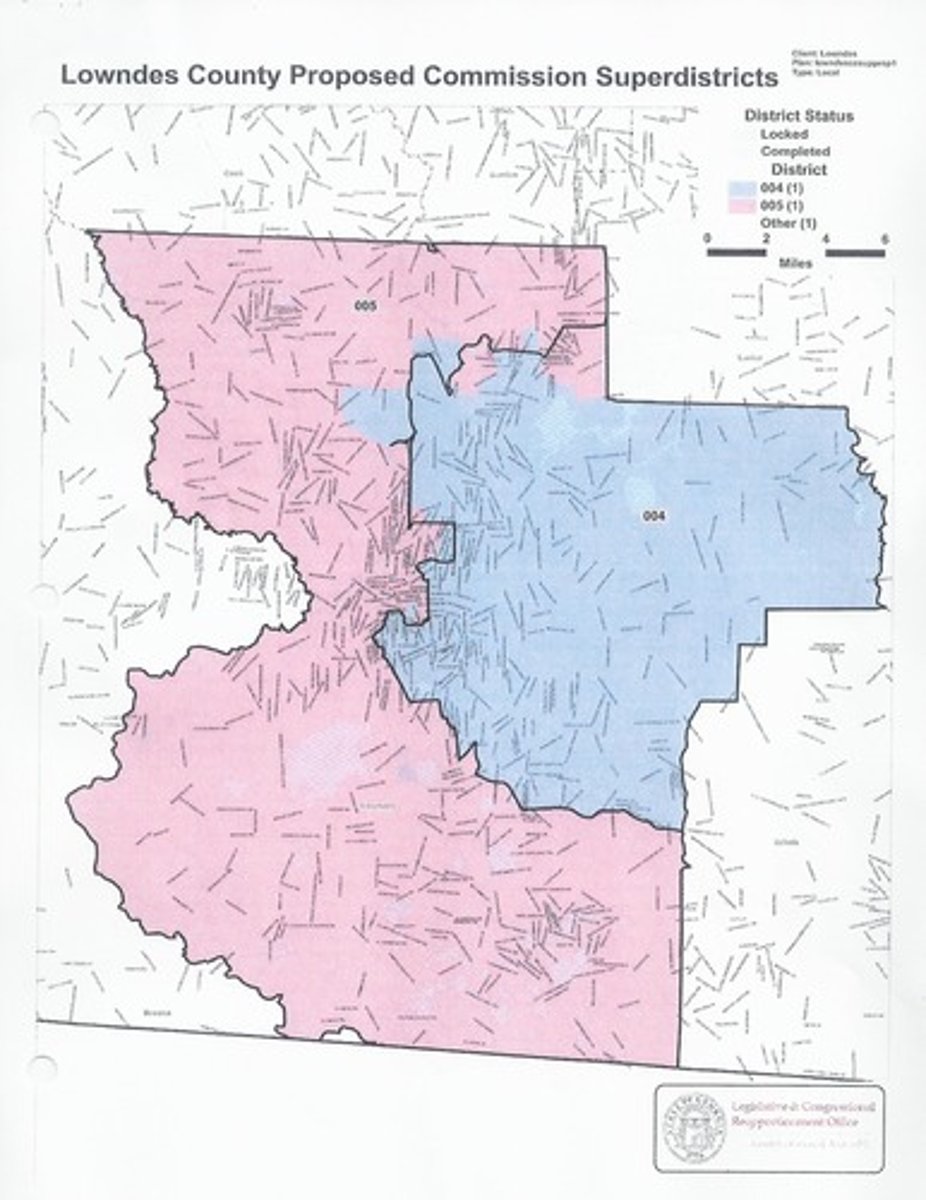
Majority-Minority Districts
In the context of determining representative districts, the process by which a majority of the population is from the minority.
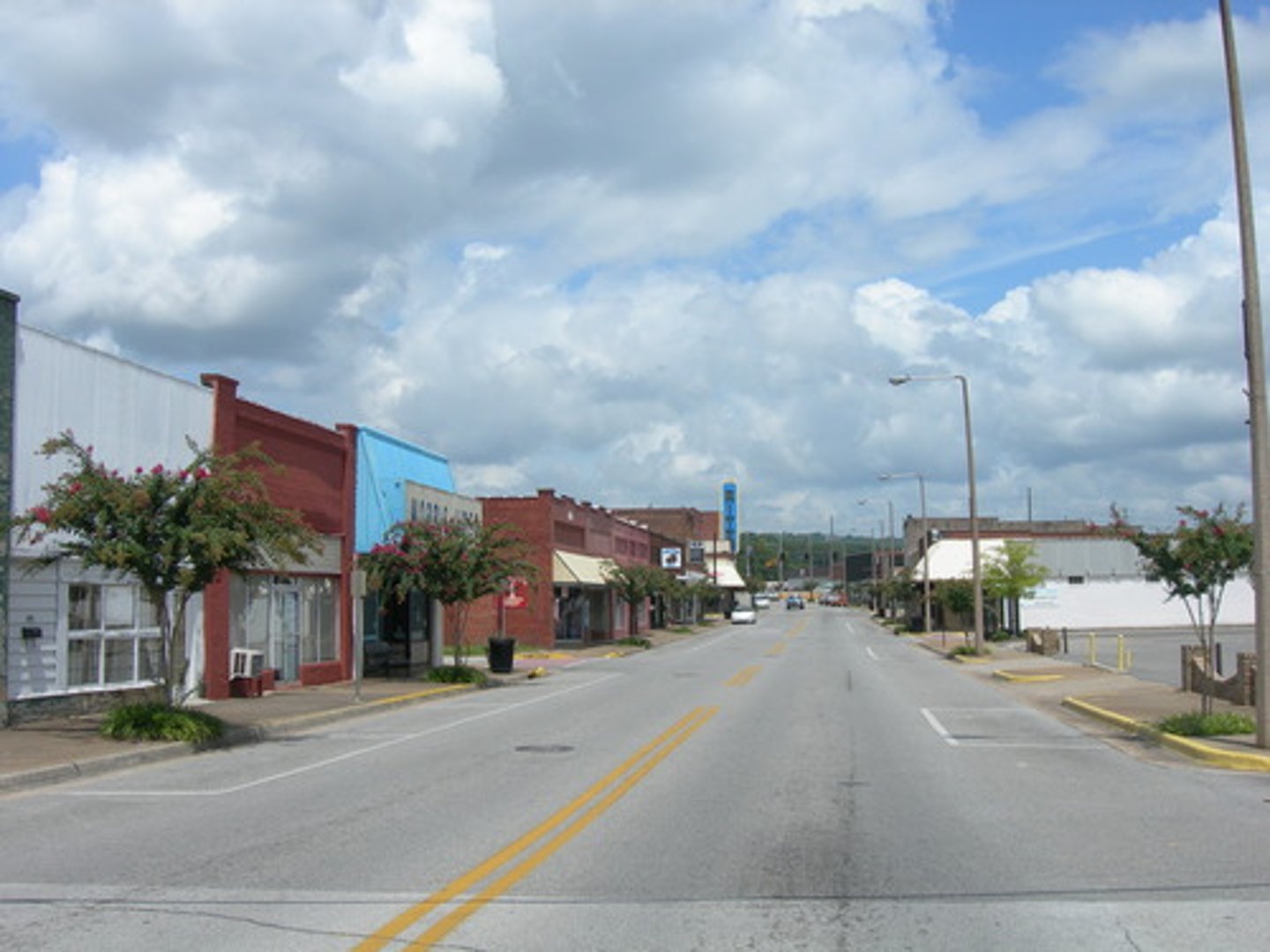
Boundary
vertical plane between states that cuts through the rocks below, and the airspace above the surface
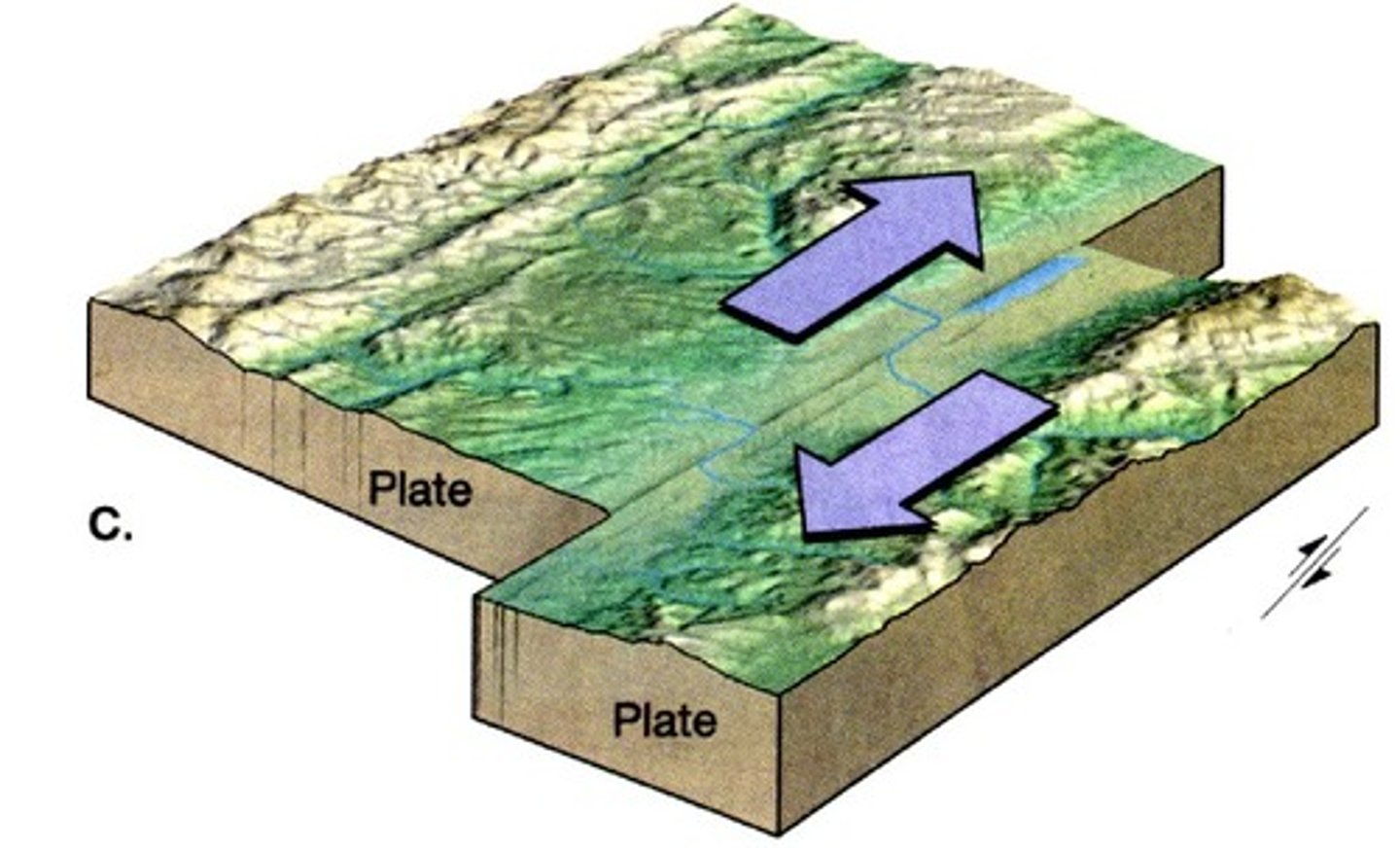
Heartland Theory
A geopolitical hypothesis, proposed by British geographer Halford Mackinder during the first two decades of the twentieth century, that any political power based in the heart of Eurasia could gain sufficient strength to eventually dominate the world. Mackinder further proposed that since Eastern Europe controlled access to the Eurasian interior, its ruler would command the vast "heartland" to the east
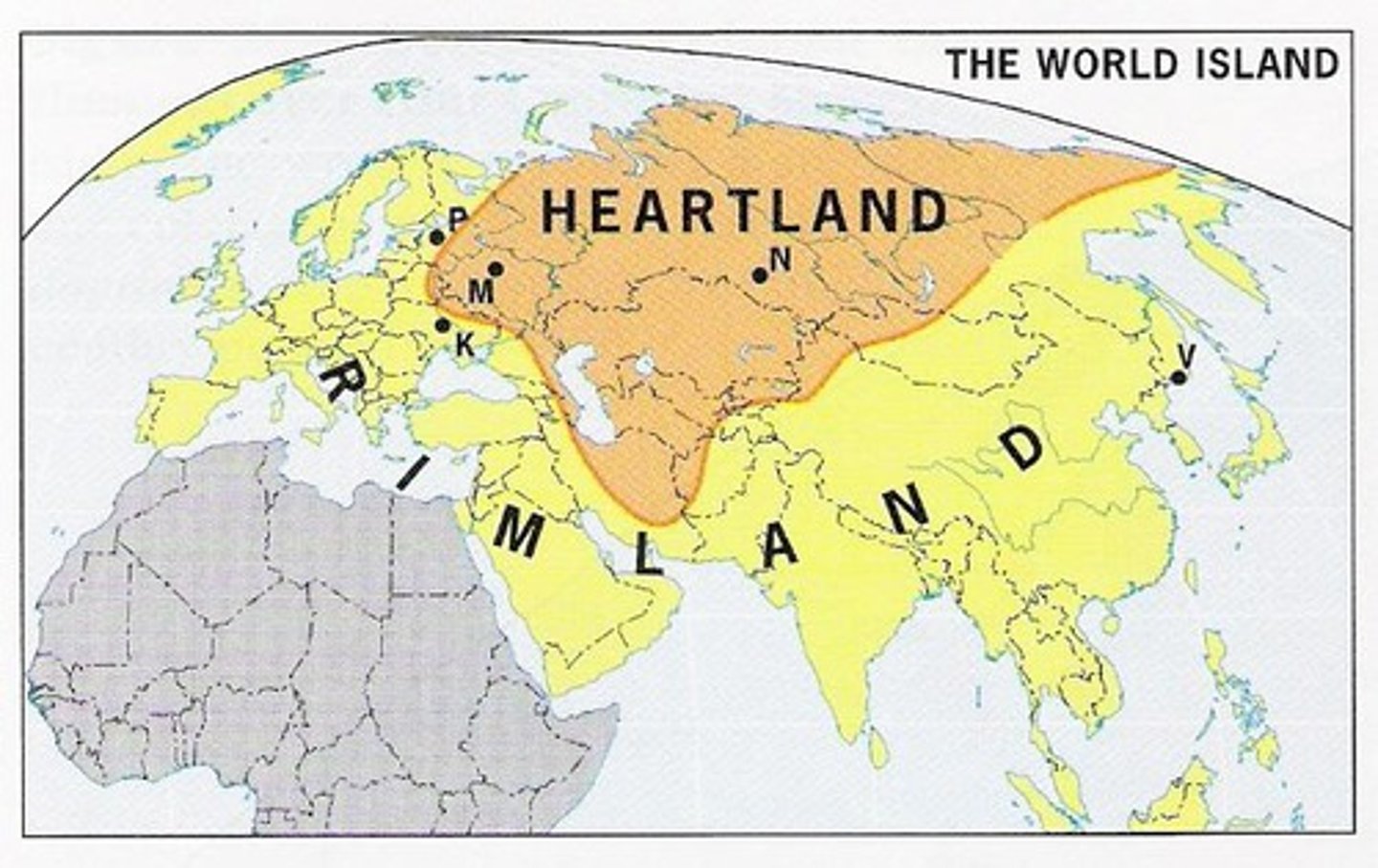
state
A country that has a sovereign government, defined borders, a permanent population, and is recognized by other states.
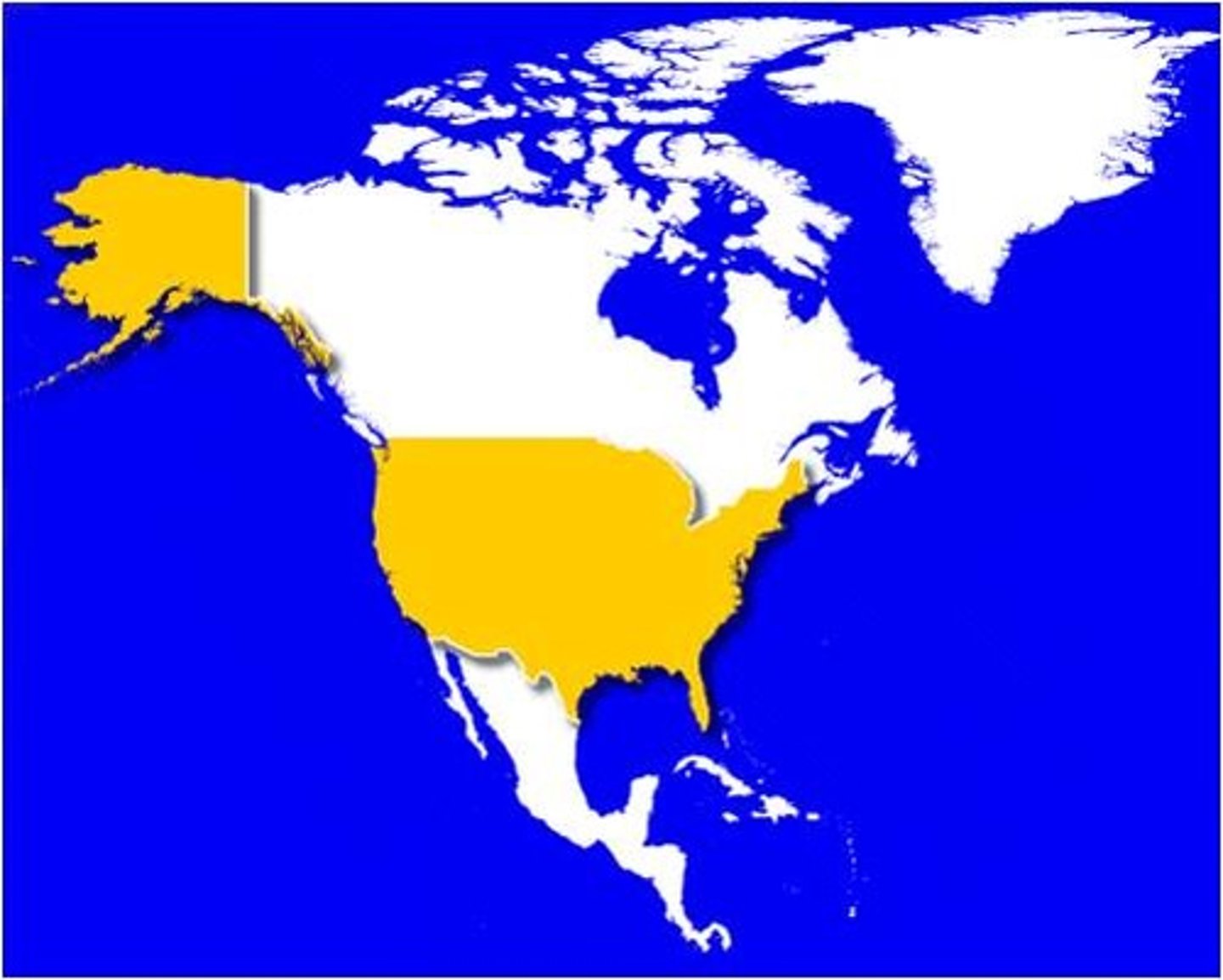
nation
An ethnic group; A culturally defined group of people that share the same beliefs, language, history, religion, and region.
nation-state
One nation, one state; A state dominated by one homogeneous culture group.
multistate nation
A nation across multiple state borders.
stateless nation
A nation that is dispersed as a minority across more than one state.
multinational state
A country diversified with more than one nation represented by the state.
autonomous region
A formal region within a state that enjoys limited sovereignty; Similar to devolution.
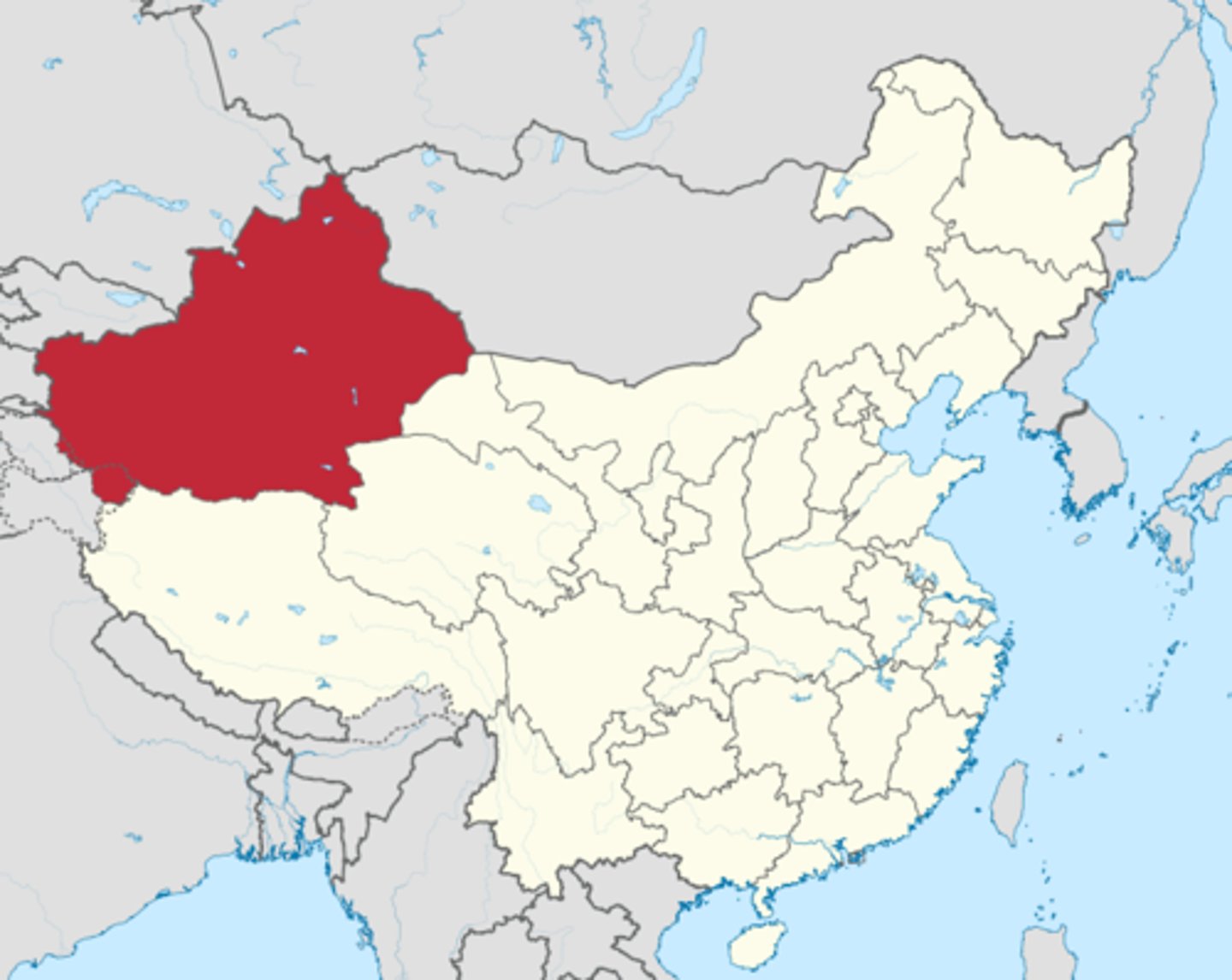
supranational organization
An organization that operates across multiple states for political, economic, or military cooperation; States transfer some sovereignty to the union by joining.
UN
United Nations, a supranational organization.
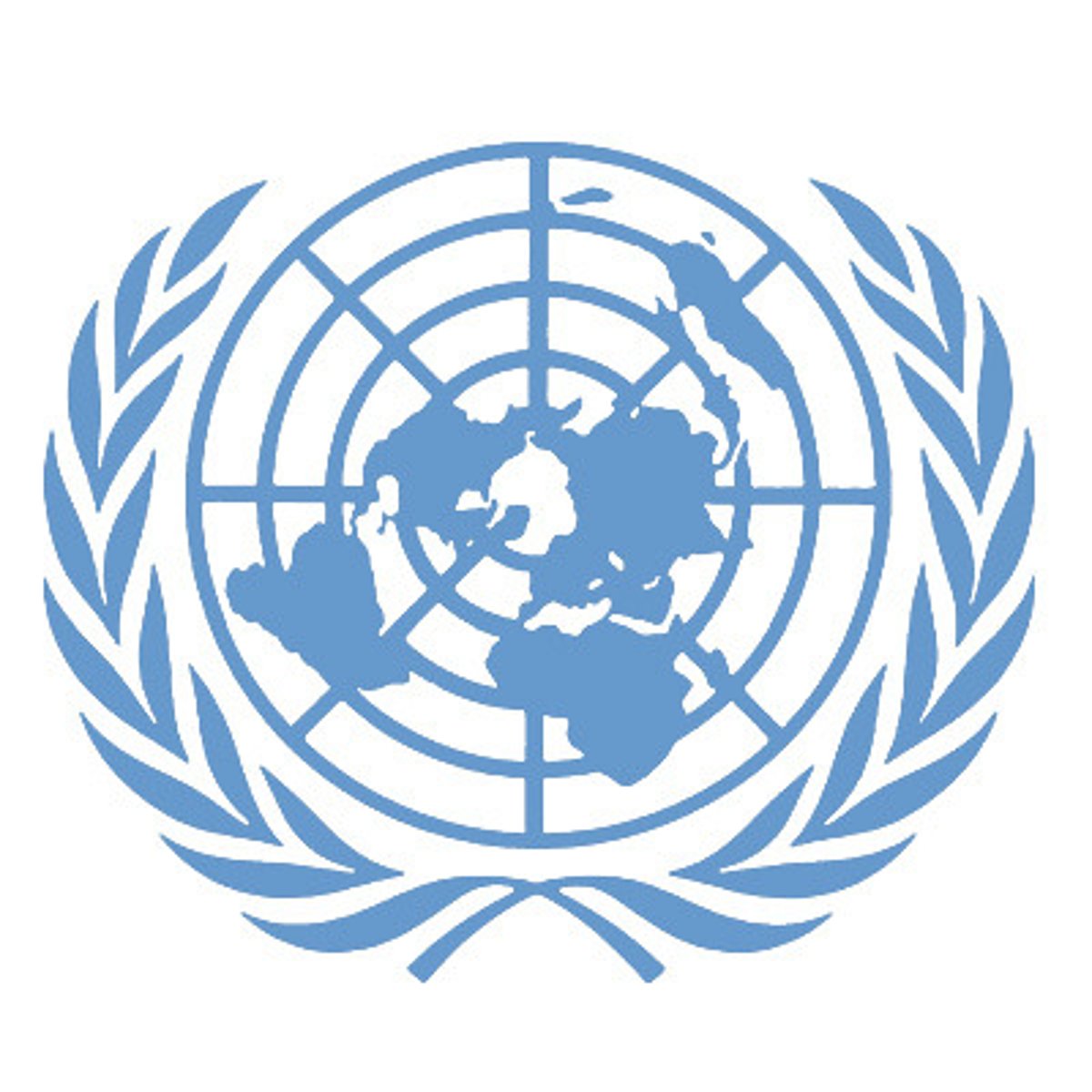
League of Nations
Supranational organization established after World War I; Failed precursor to the United Nations.
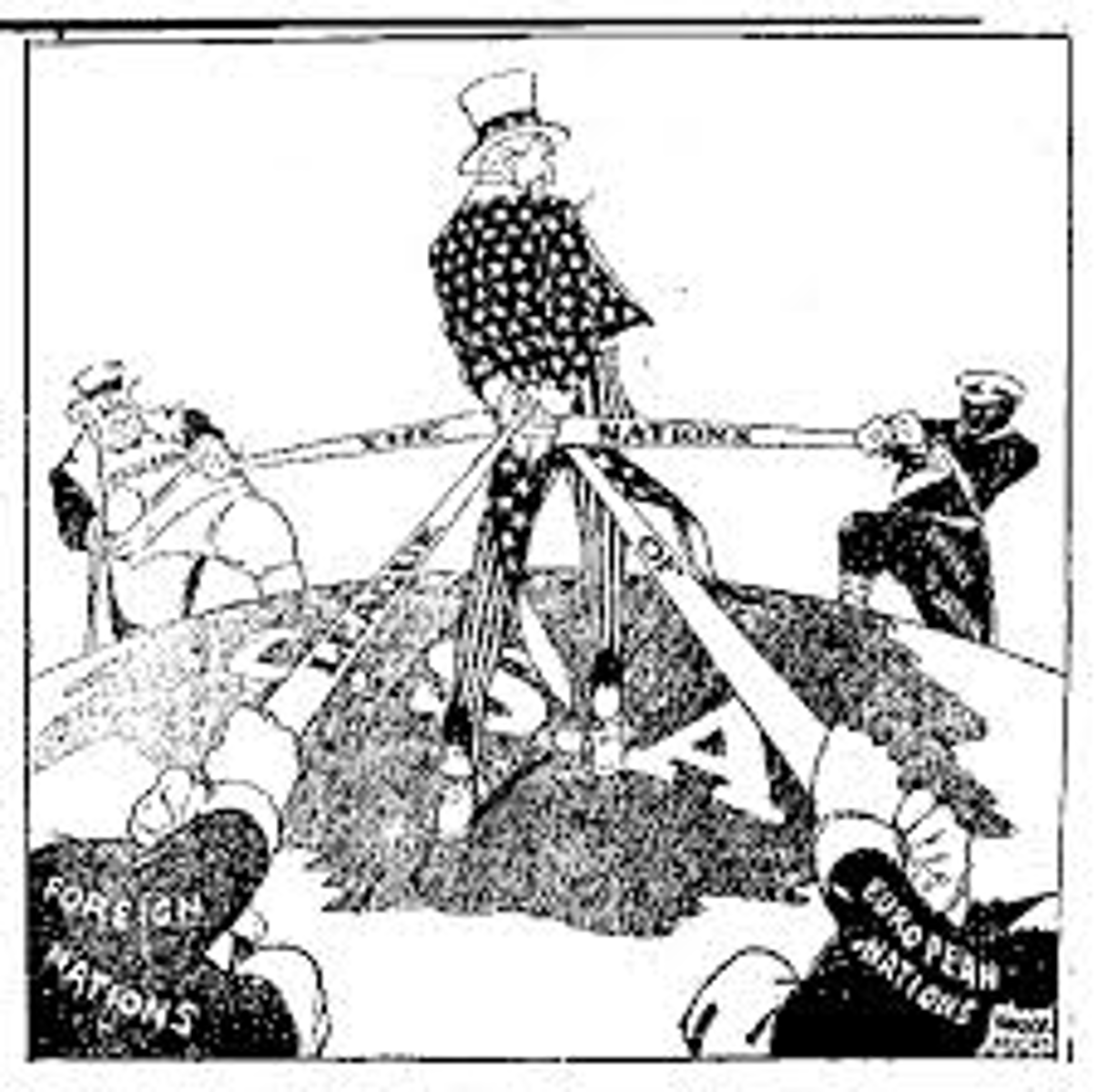
EU
European Union, a supranational organization.
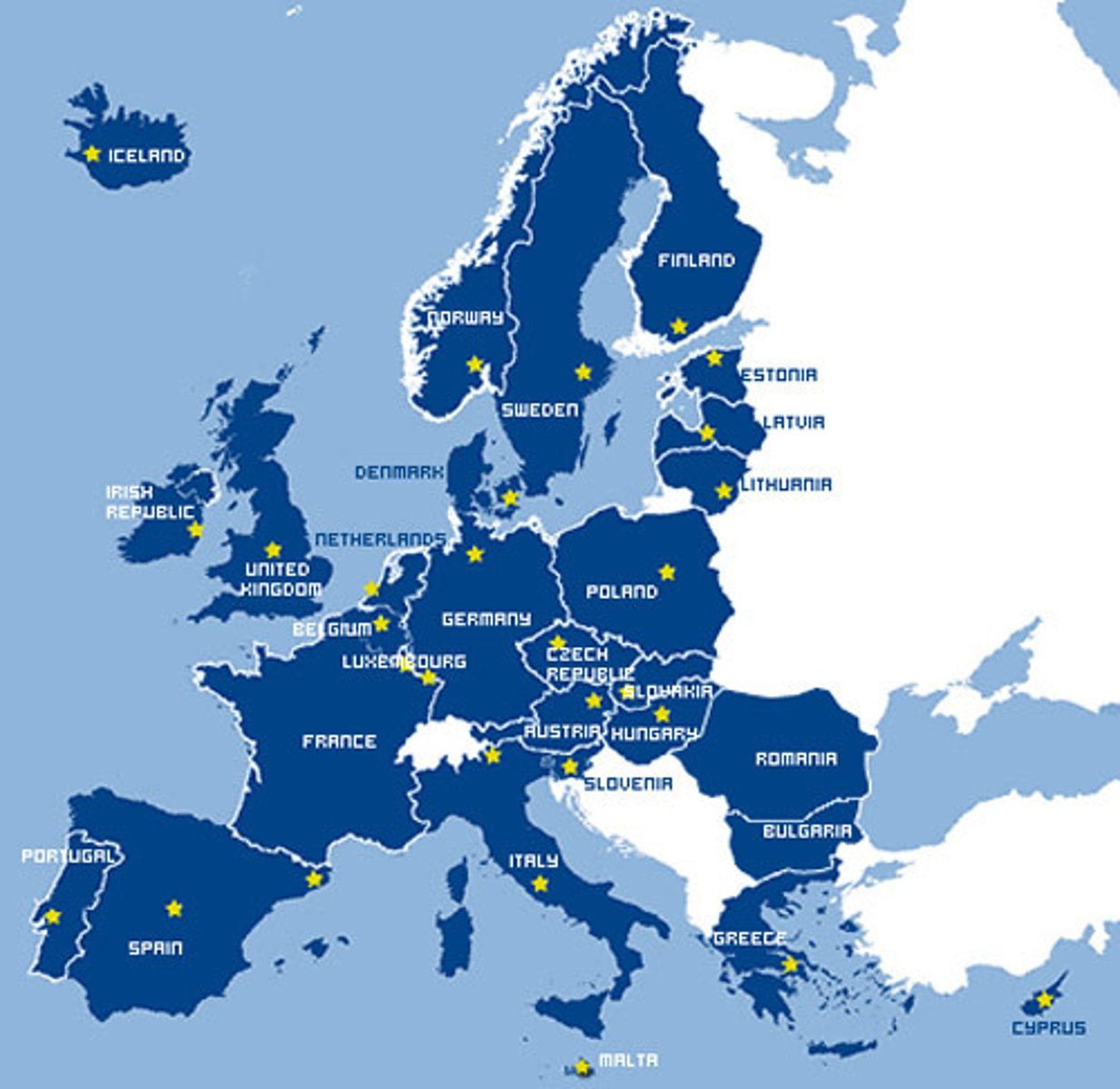
ASEAN
Association of Southeast Asian Nations, a supranational organization.
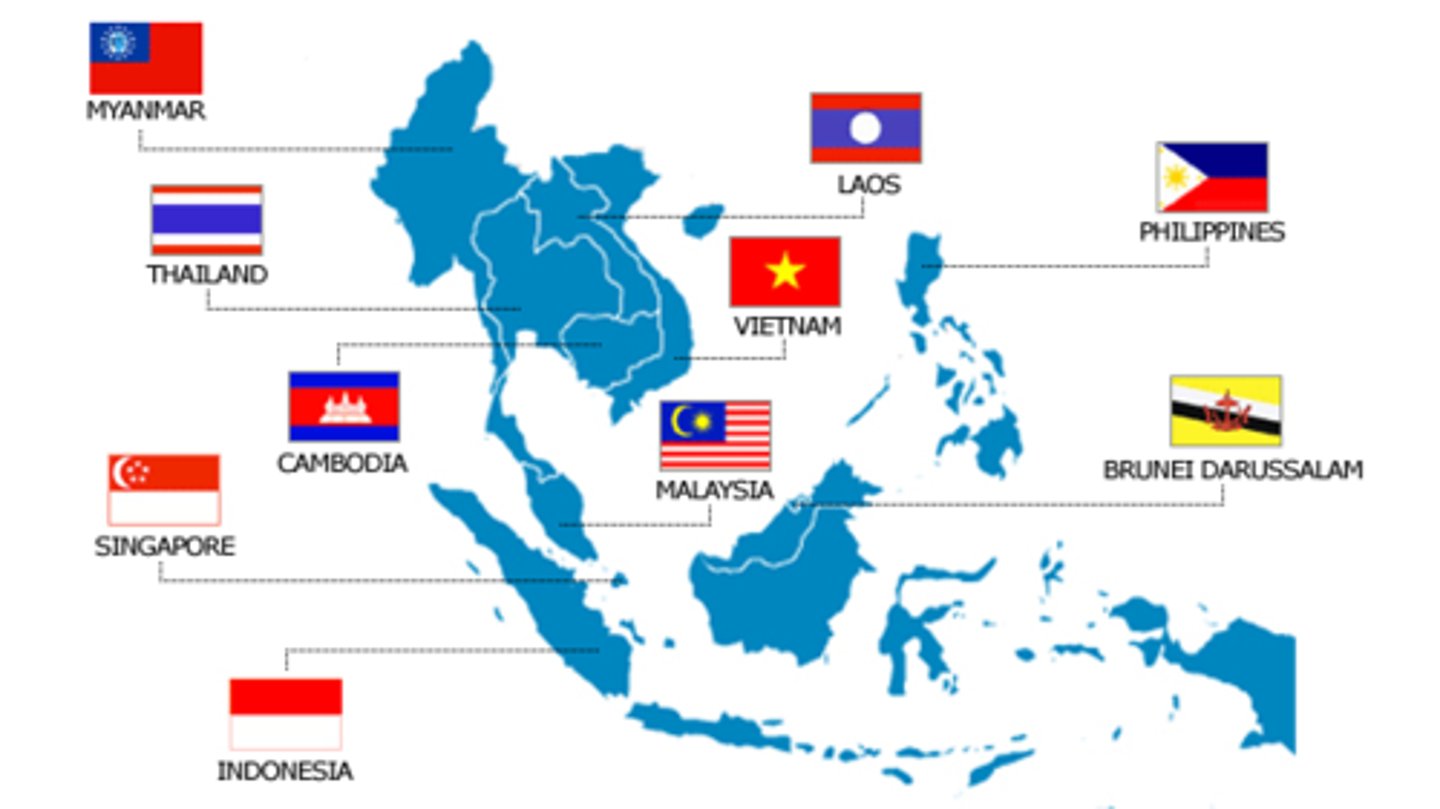
NAFTA
North American Free Trade Agreement, a supranational organization.
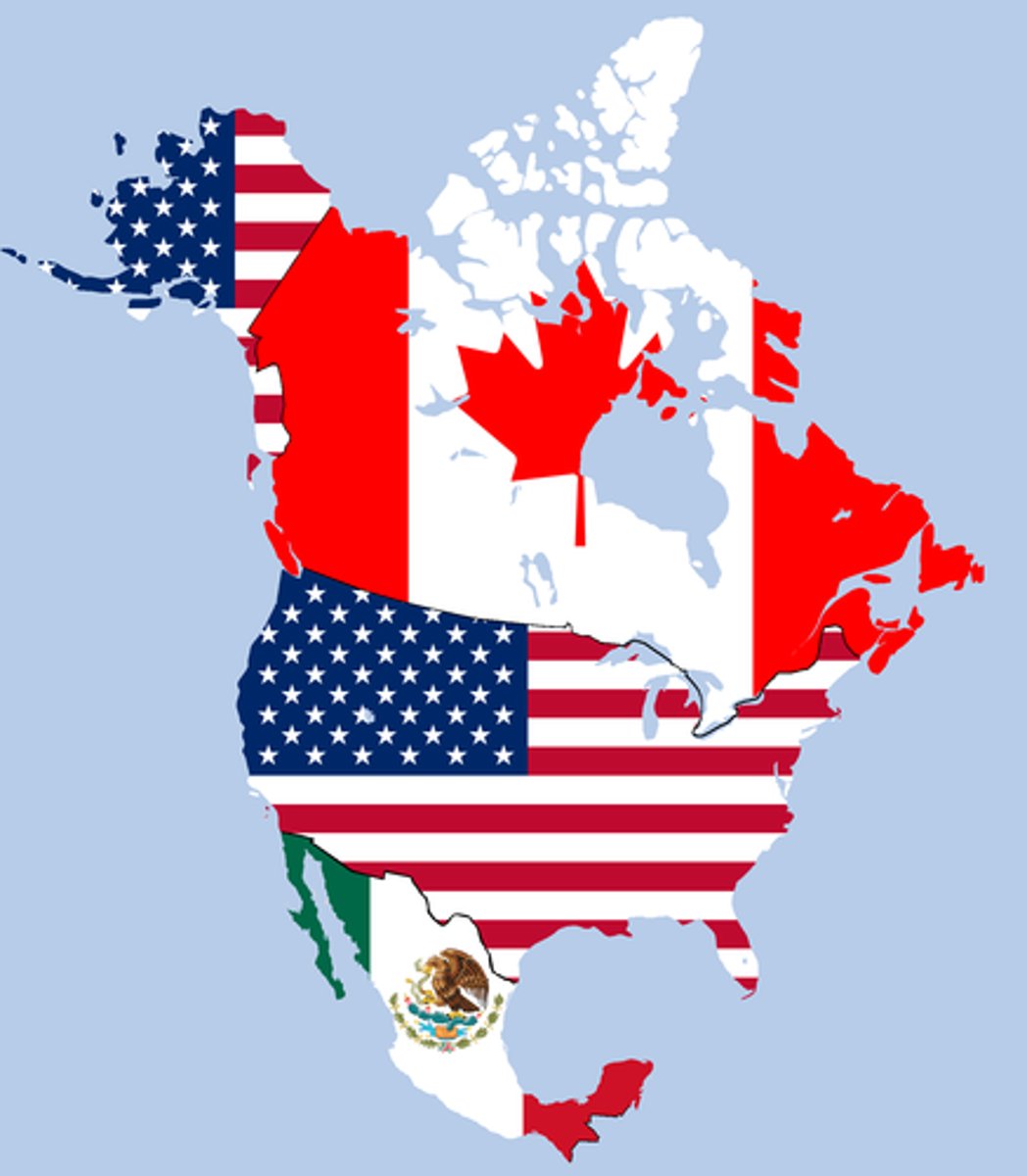
OPEC
Organization of the Petroleum Exporting Countries, a supranational organization.
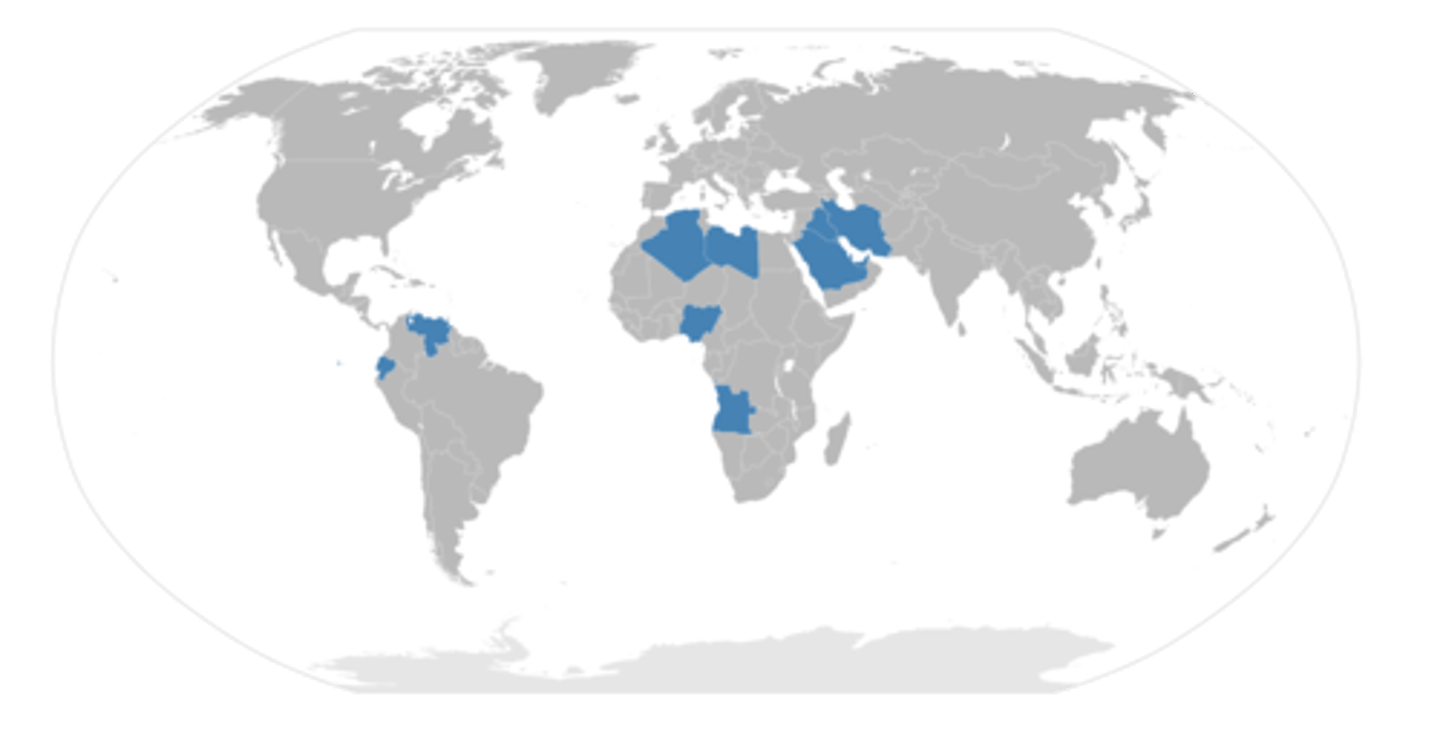
NATO
North Atlantic Treaty Organization, a supranational organization.
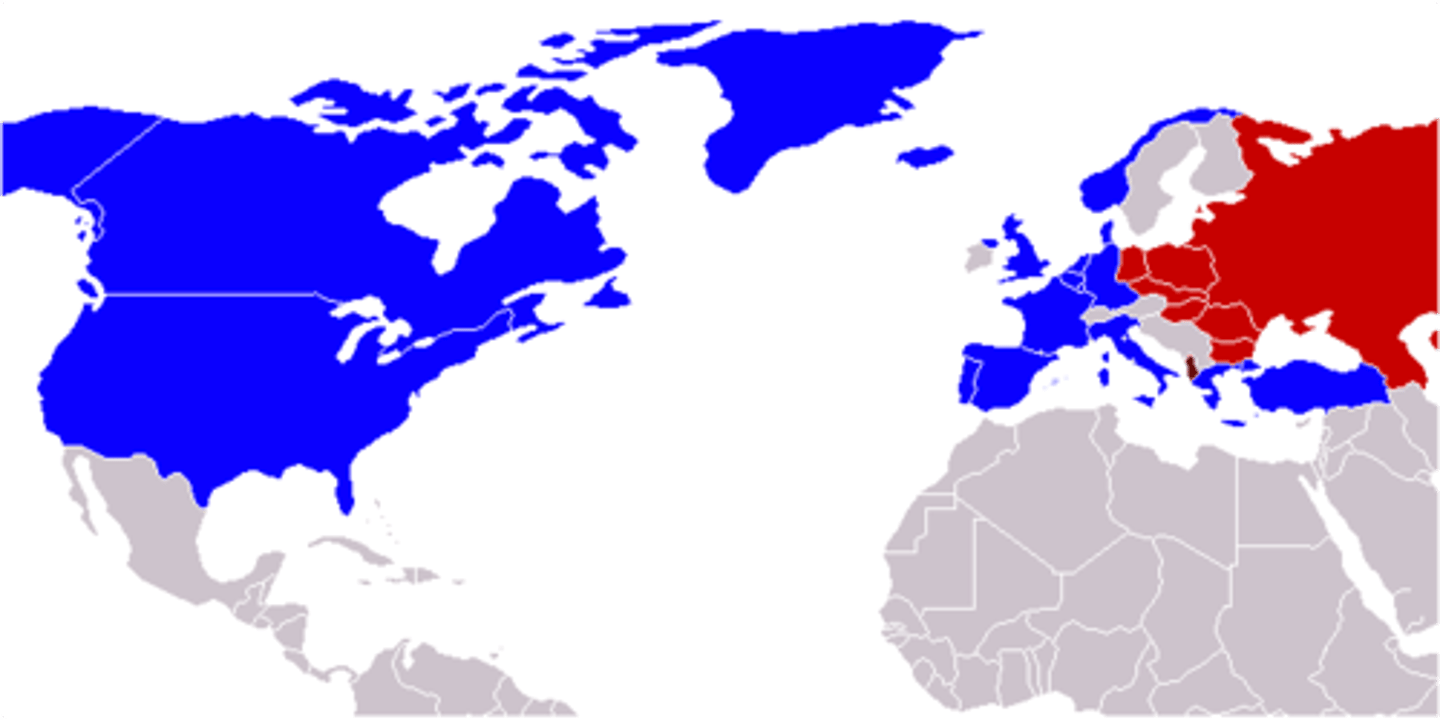
Mesopotamia
A historical region situated within the Tigris-Euphrates river system, in modern days roughly corresponding to most of Iraq plus Kuwait, the eastern parts of Syria, Southeastern Turkey, and regions along the Turkish-Syrian and Iran-Iraq borders; Geographic location of the first states (city-states).
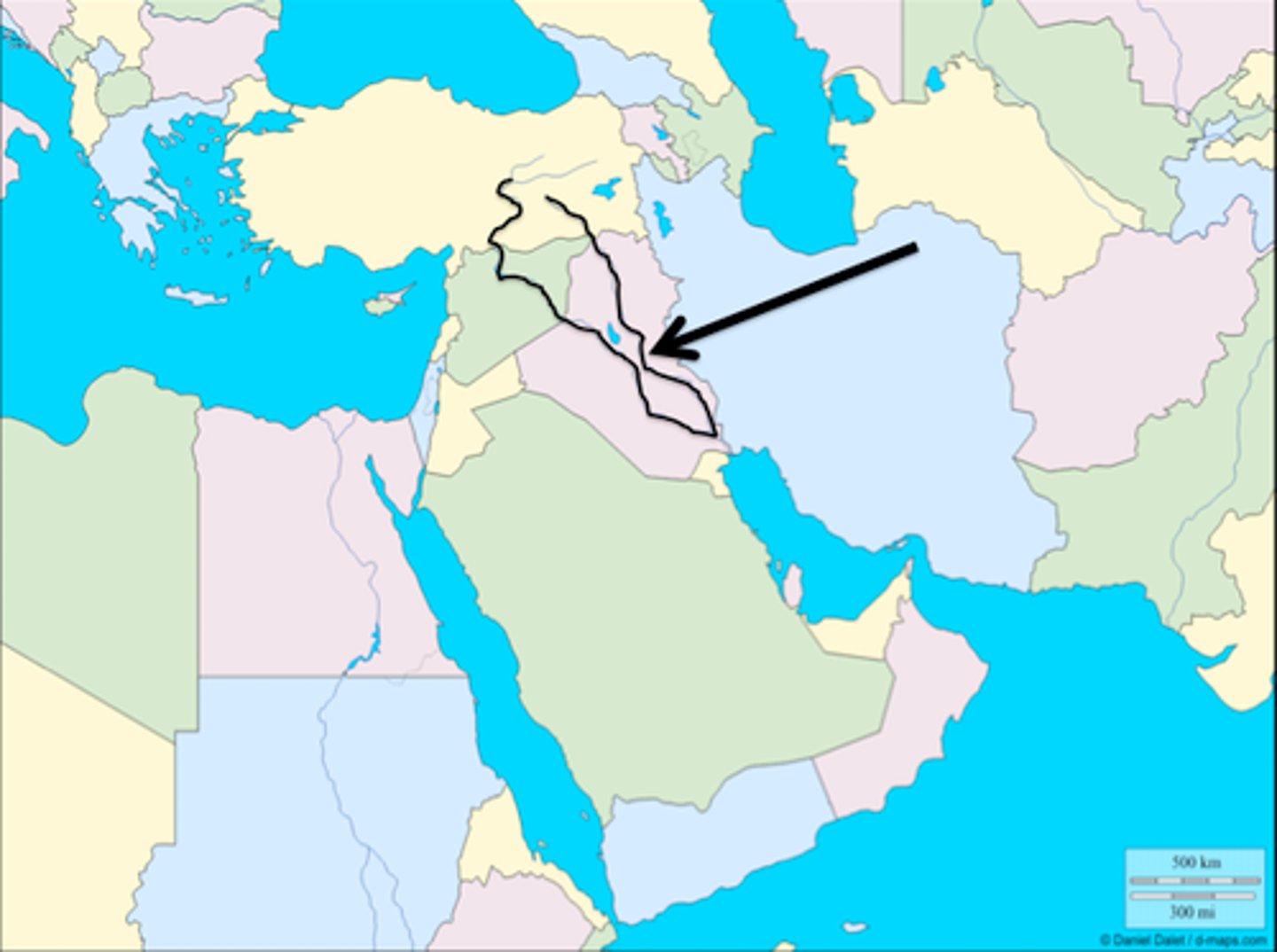
Fertile Crescent
Called "the cradle of civilization"; The arid geographic location that supported the first city-states.
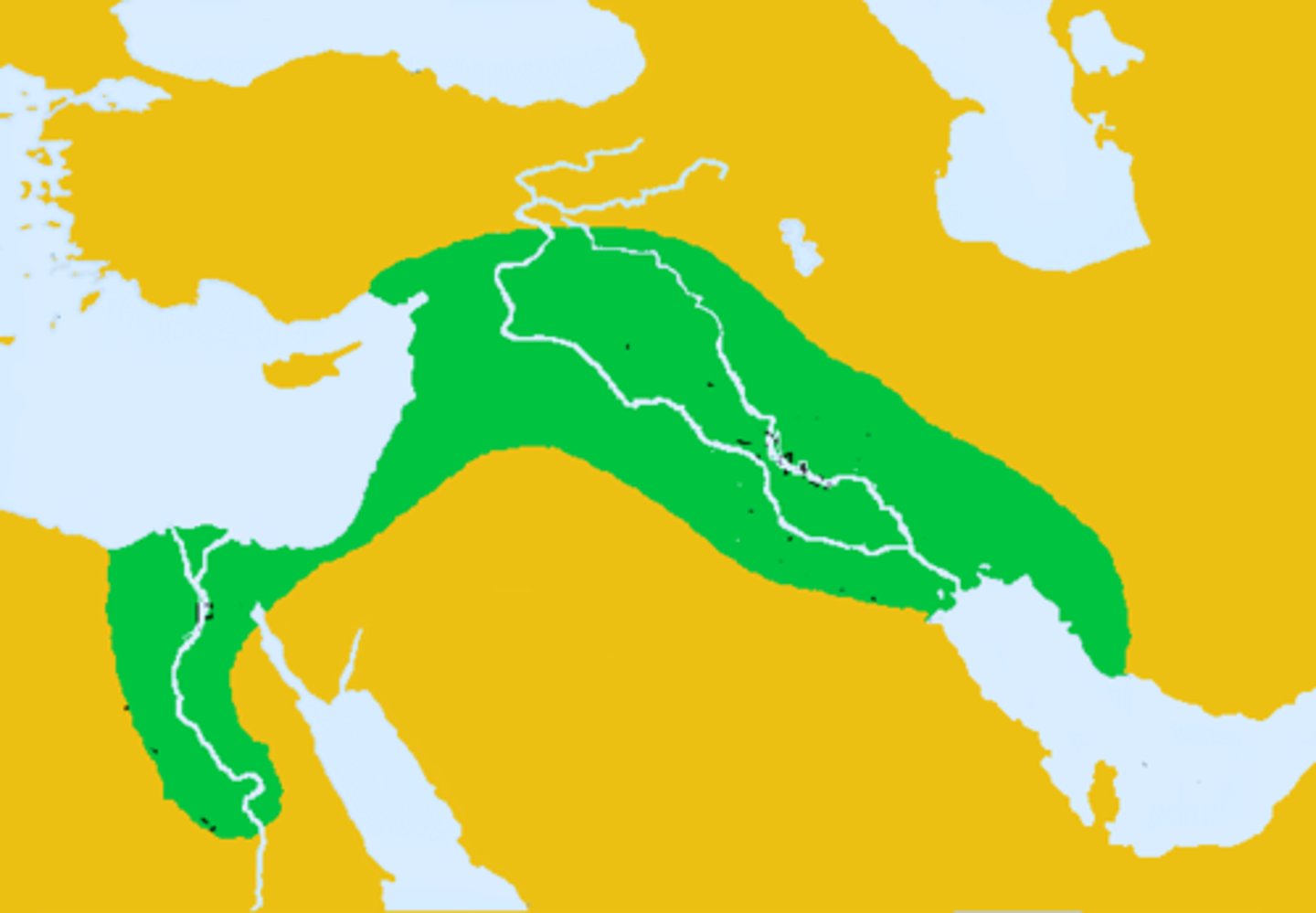
imperialism
A policy in which a strong nation seeks to dominate other countries politically, socially, and economically.
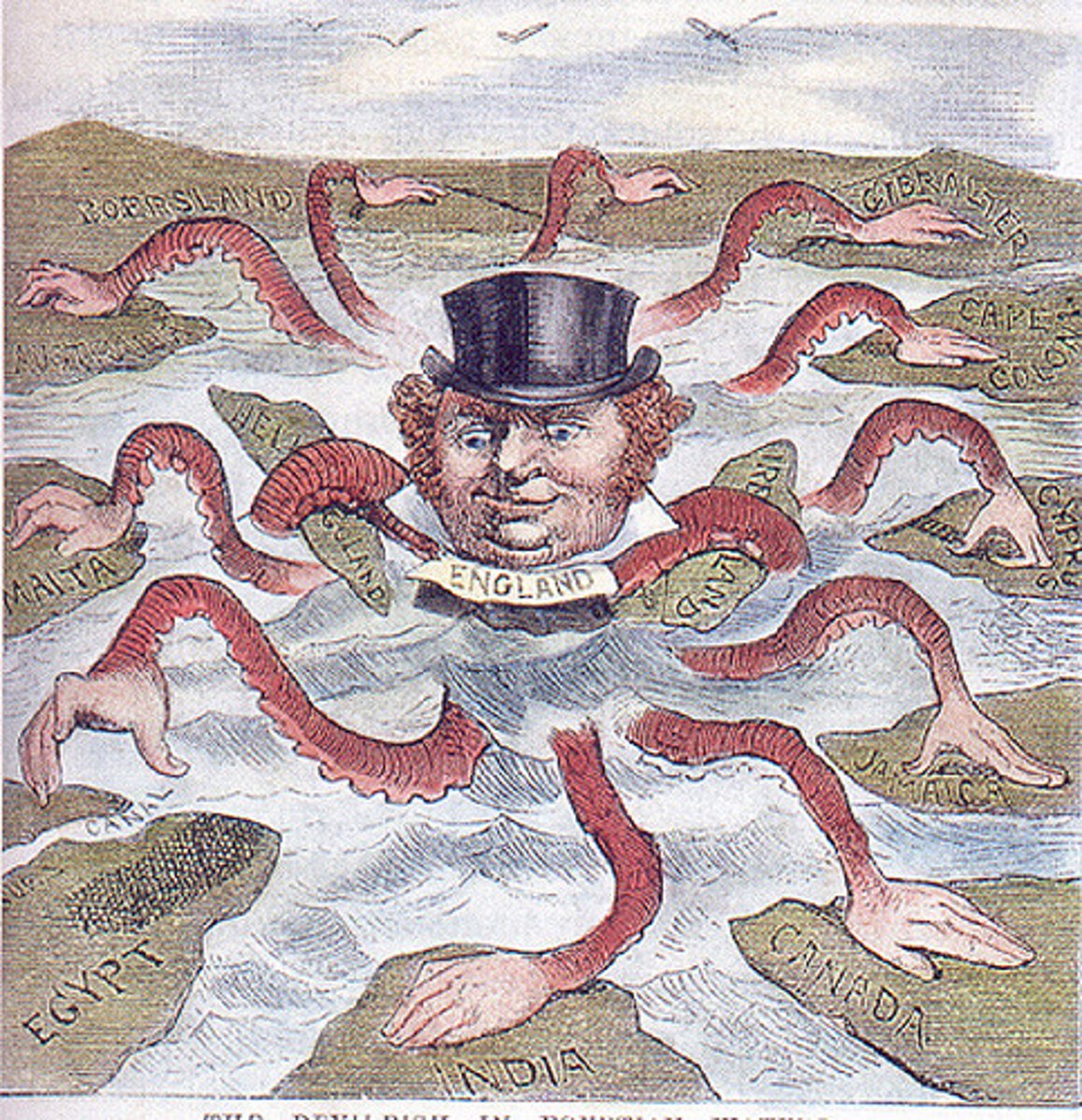
nationalism
Identifying with, becoming attached to, and pledging loyalty to one's nation.
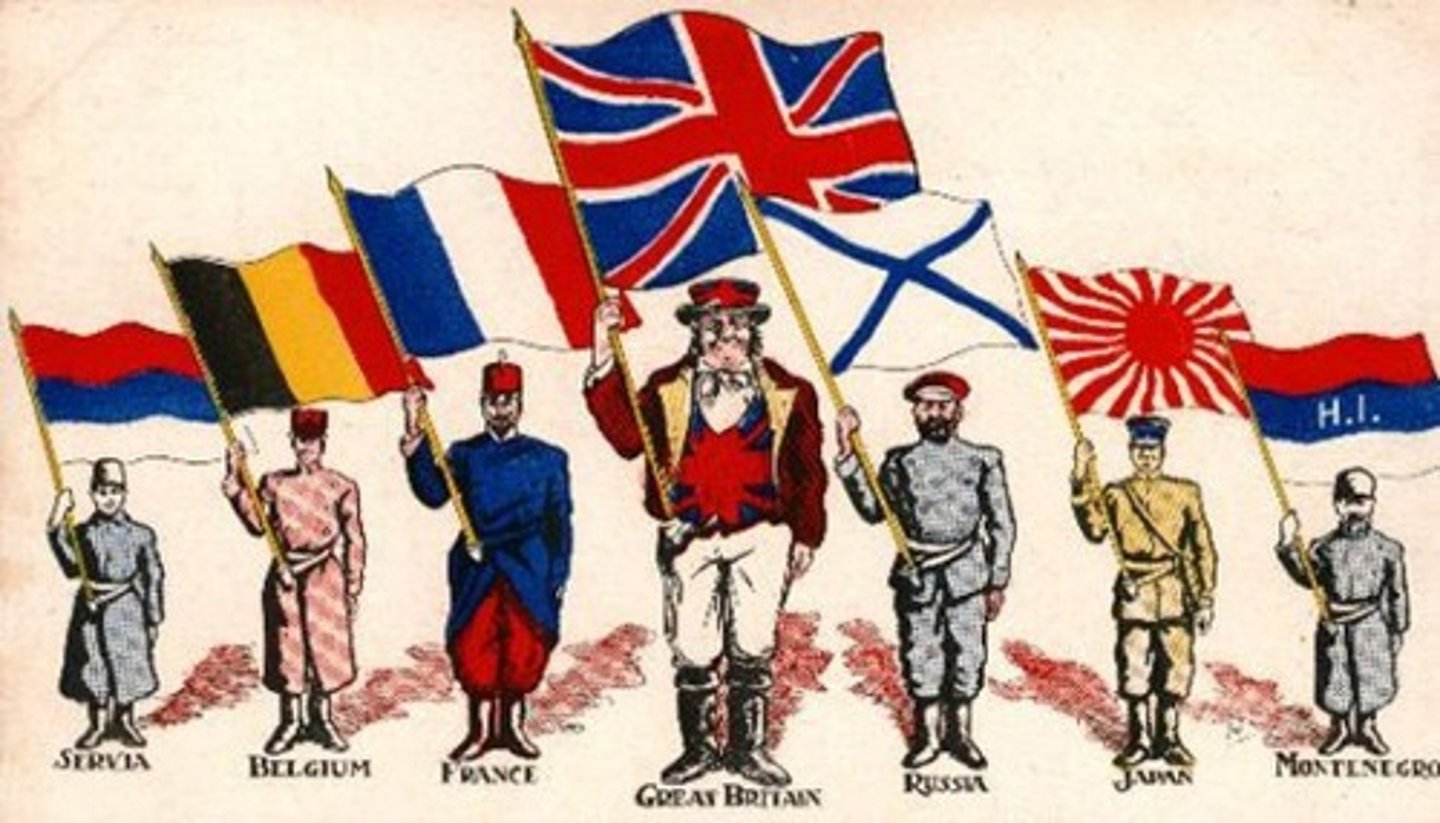
colony
A territory that is legally tied to a sovereign state rather than completely independent.
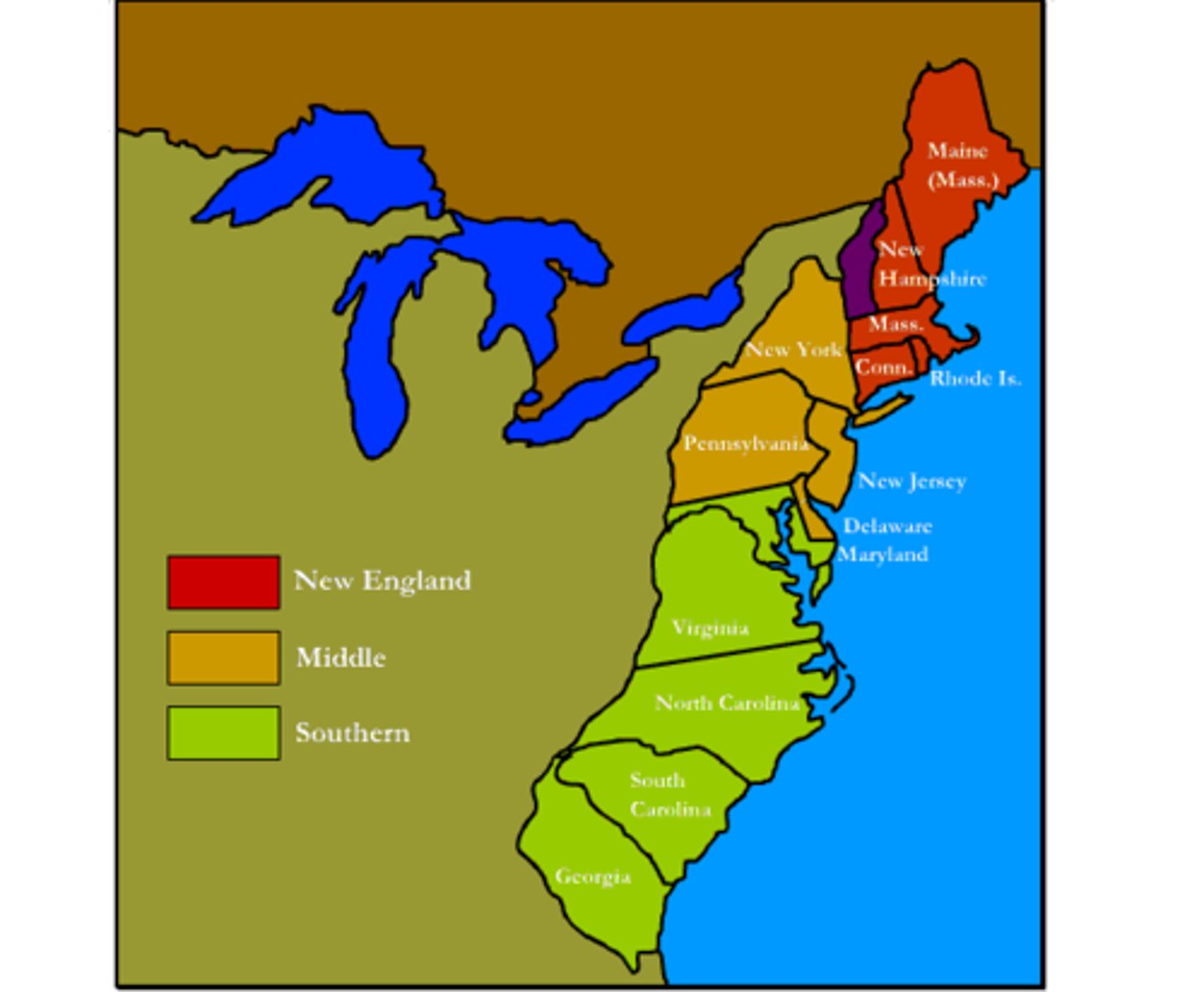
electoral district
a formal region in which citizens vote for an elected representative.
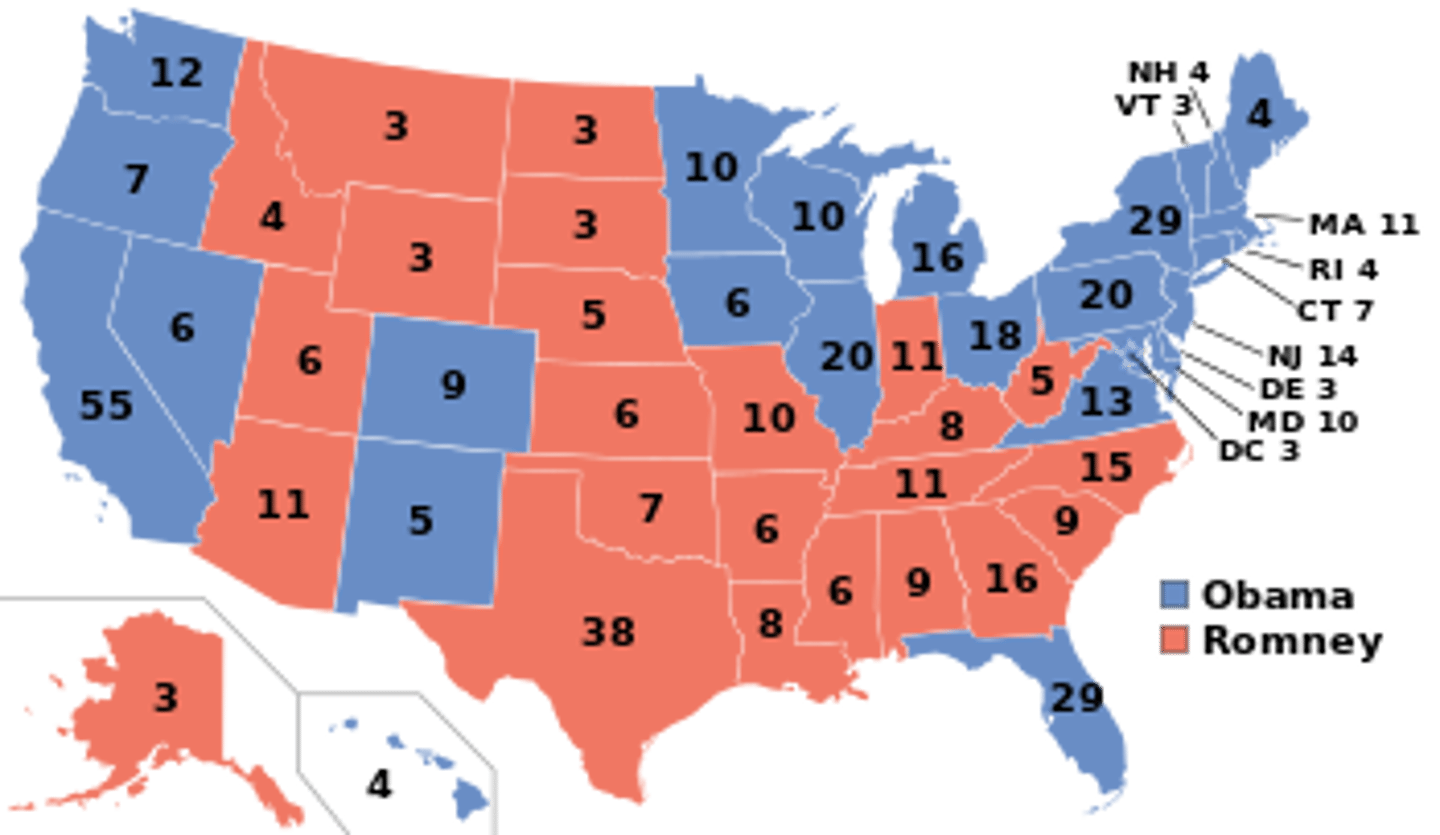
redistricting
Changing of the borders of an electoral district to meet population changes, i.e. migration.
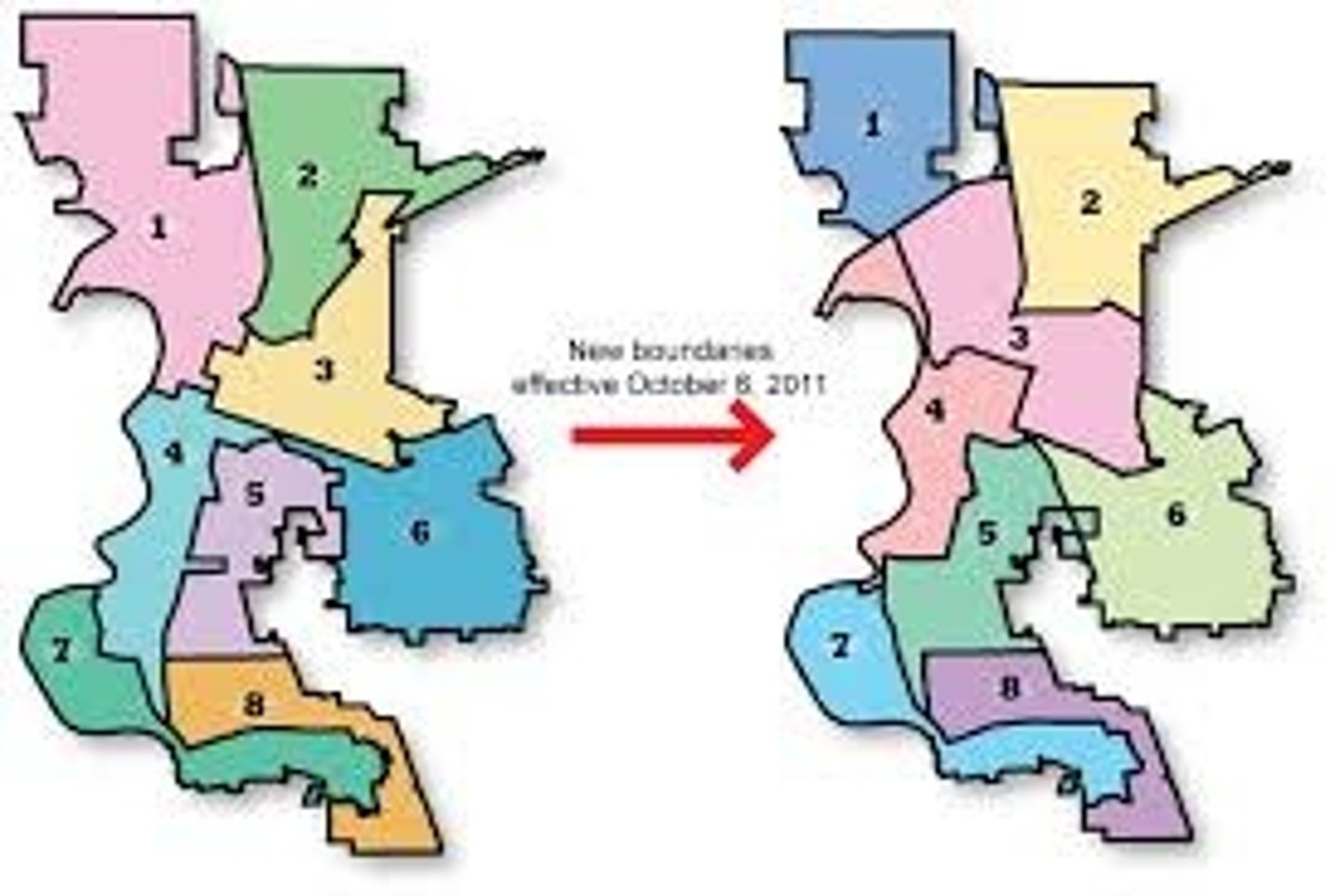
gerrymandering
Redistricting for the benefit of one political party or group.
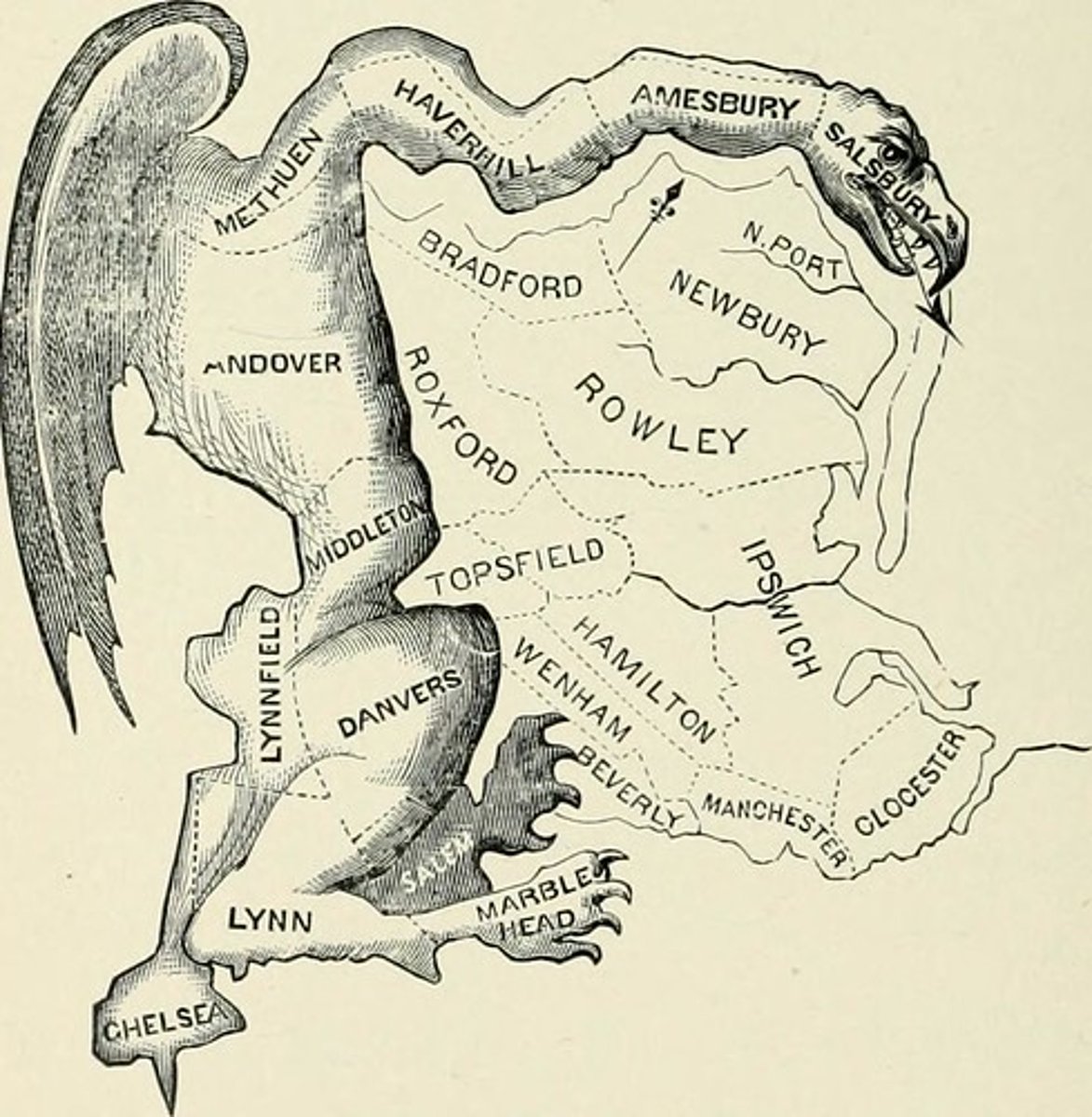
geometric boundary
A political boundary defined and delimited as a straight line or an arc based on a grid system.
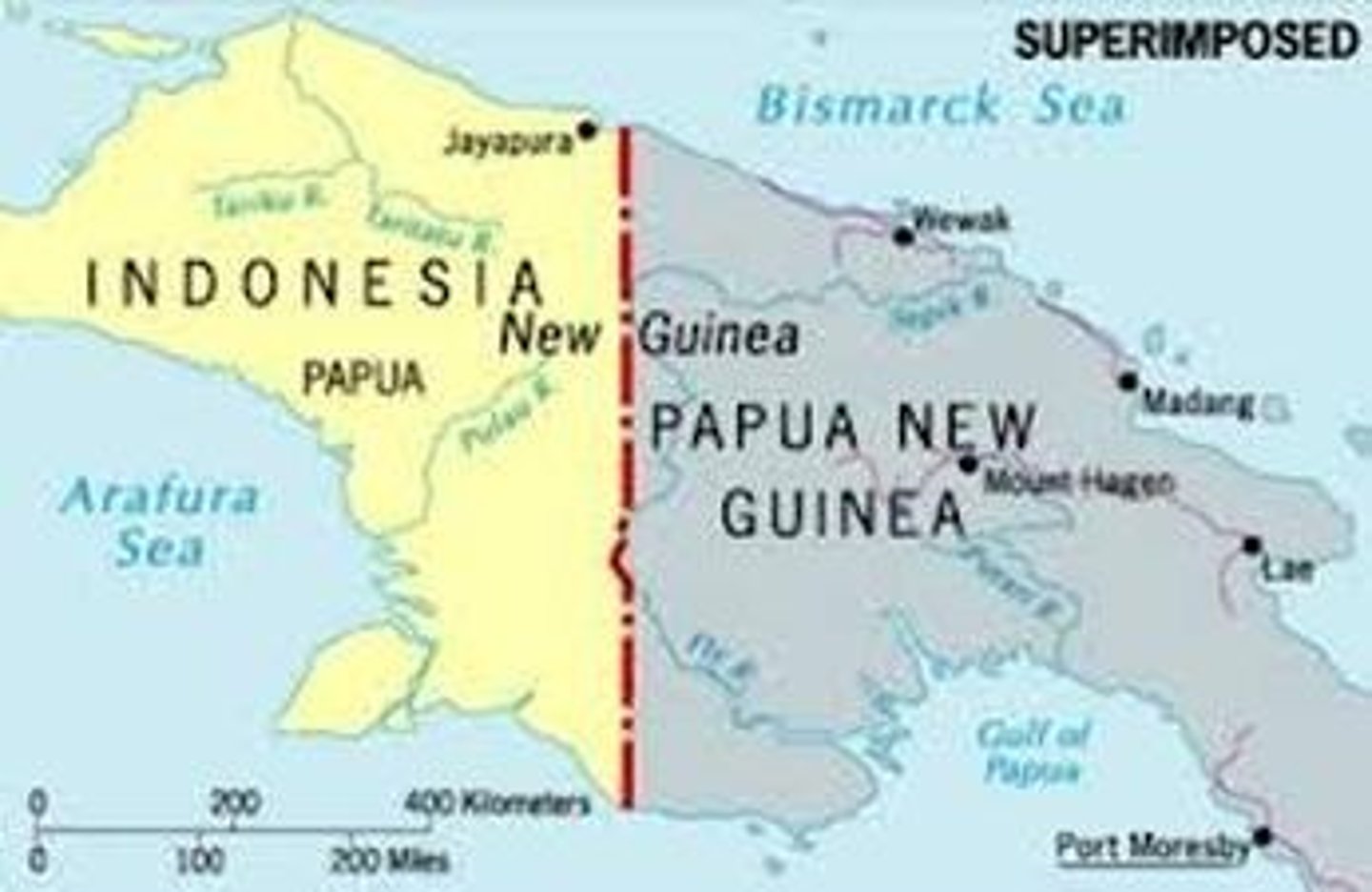
physical boundary
A.K.A. natural border; A political boundary defined and delimited by a prominent physical feature in the natural landscape, such as a river or the crest ridges of a mountain range.
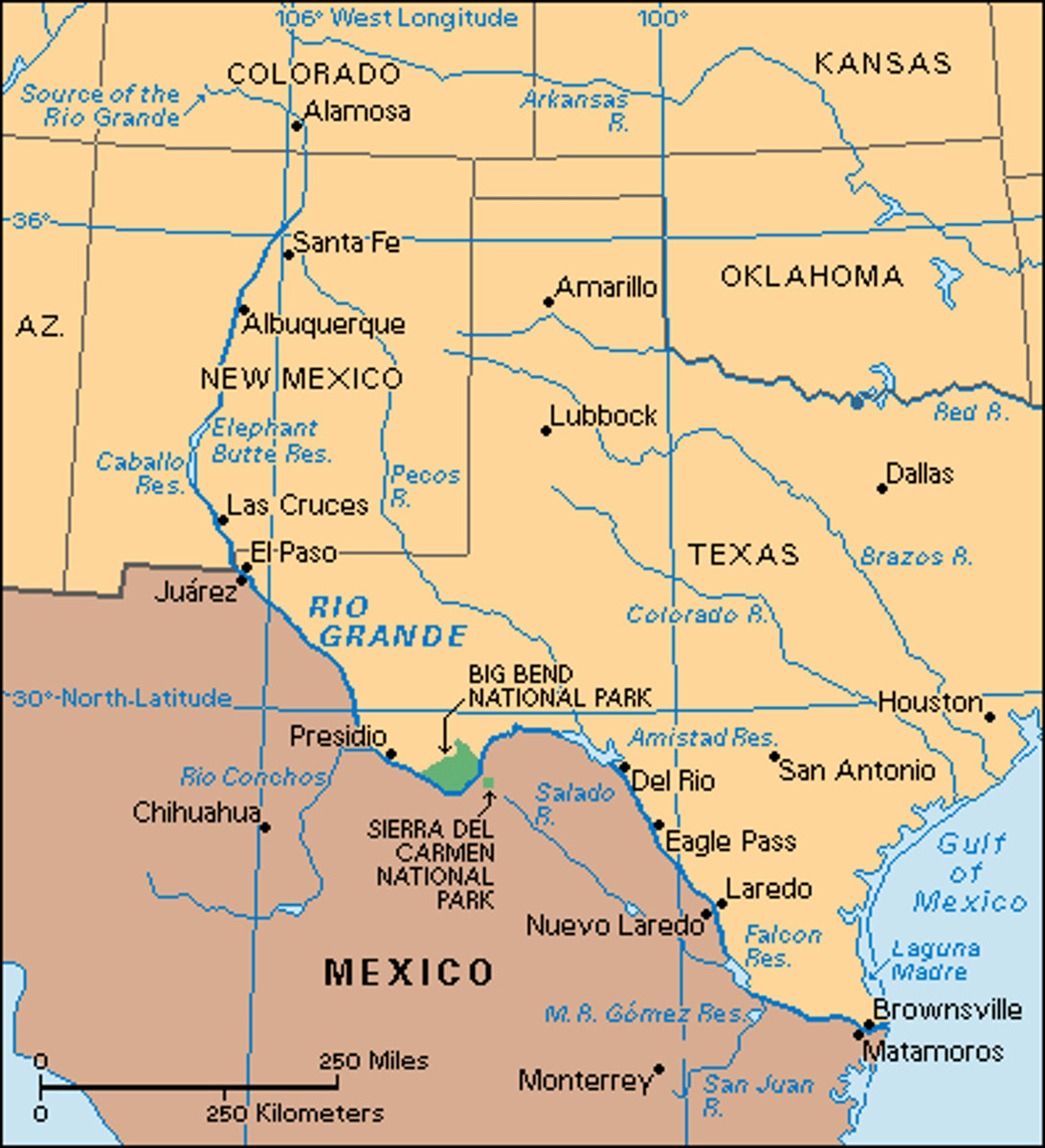
landlocked state
A state without access to ocean resources.
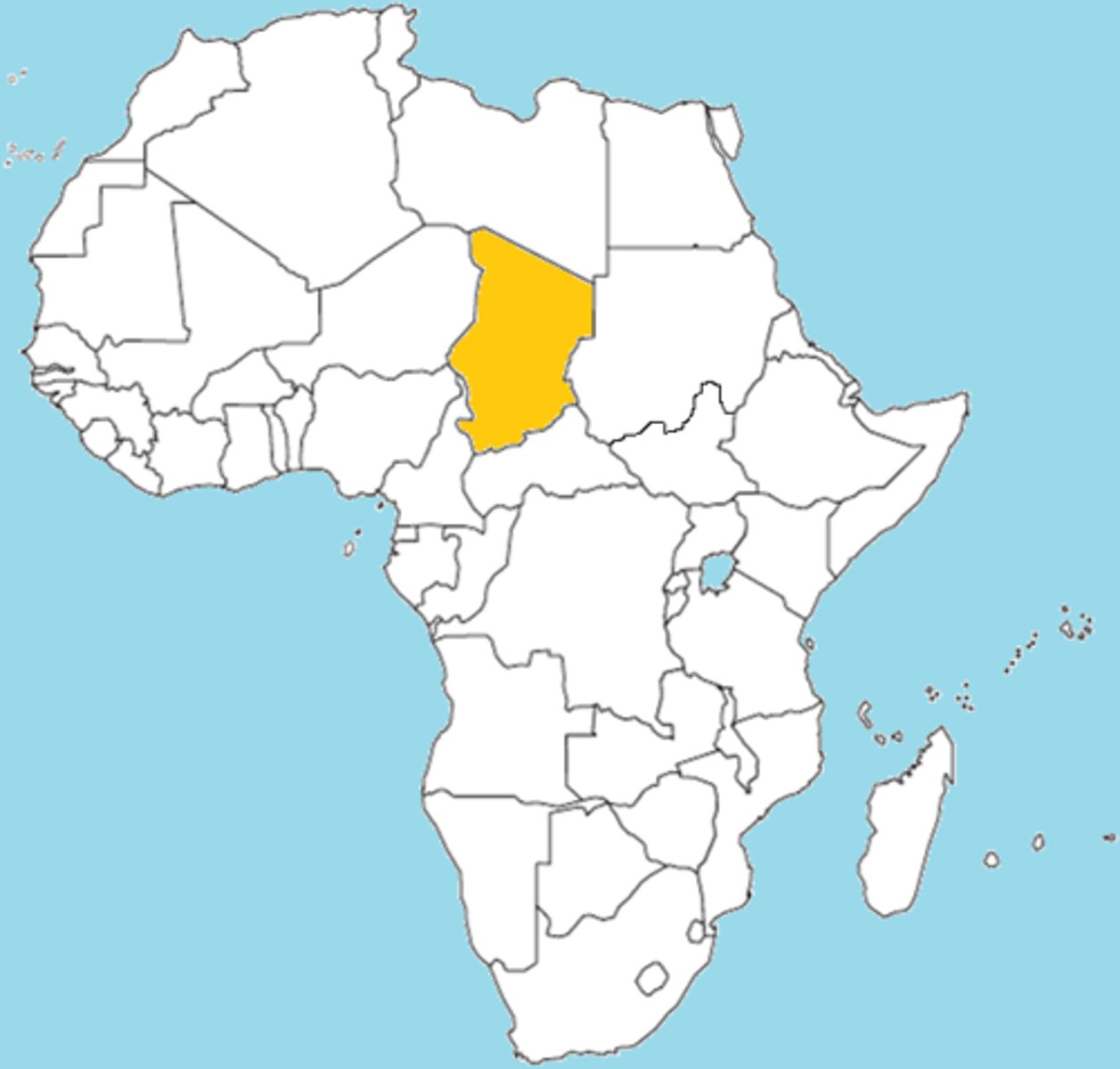
Compact State Shape
State shape that is most efficient.
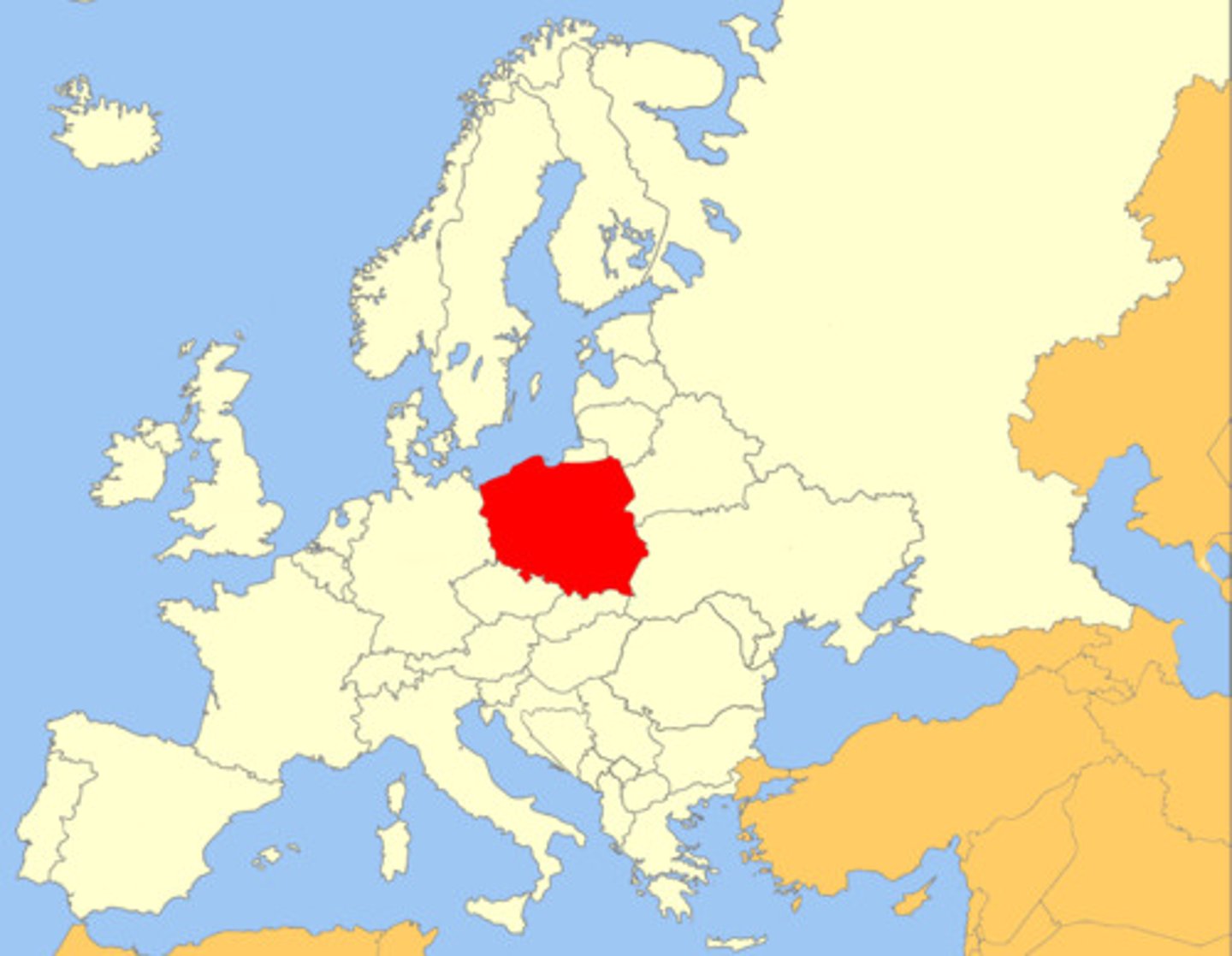
Elongated State Shape
State shape that can be challenging for communication because of its long form.
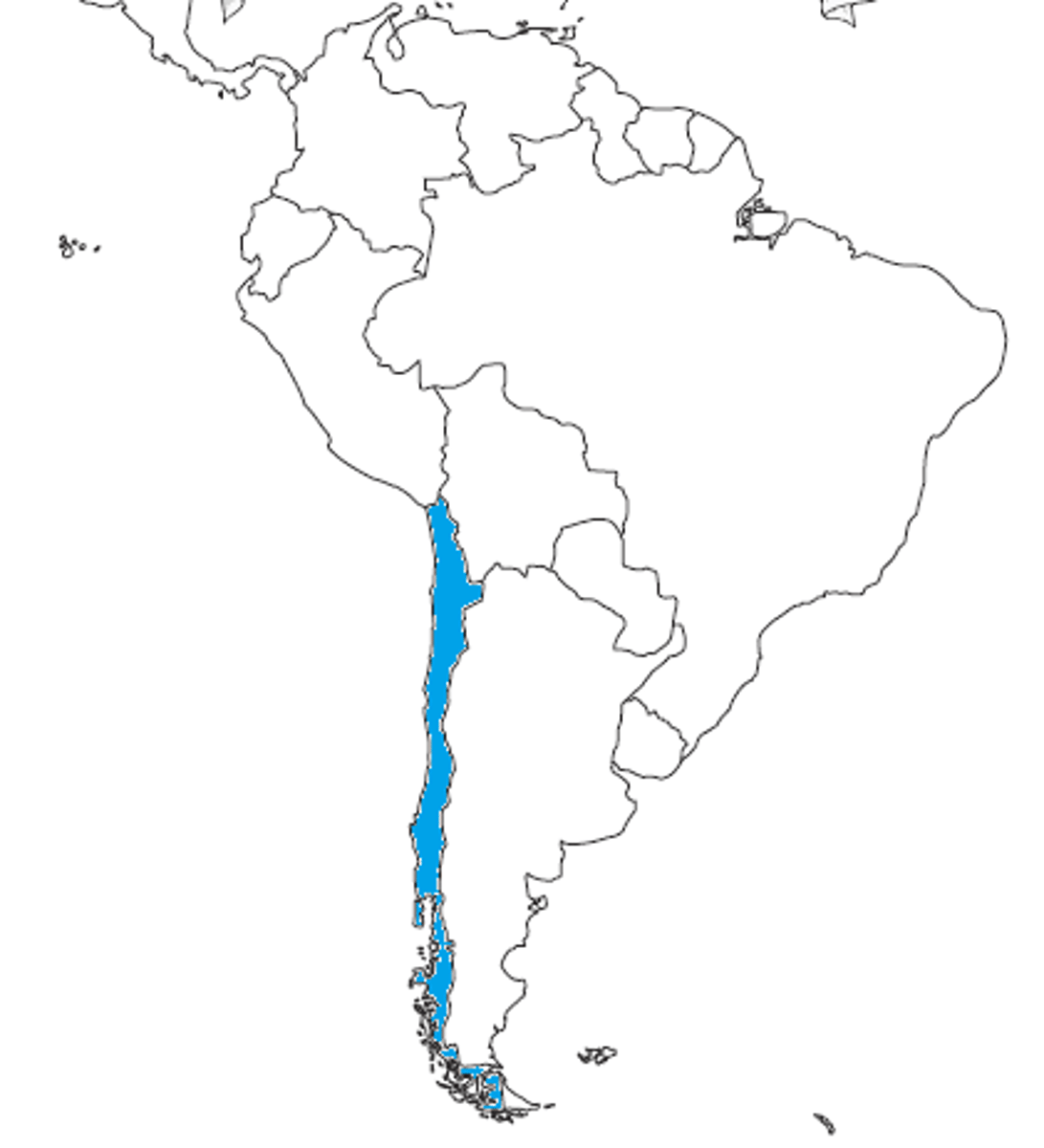
Prorupted State Shape
State shape that has a protrusion in order to give the state access to resources.
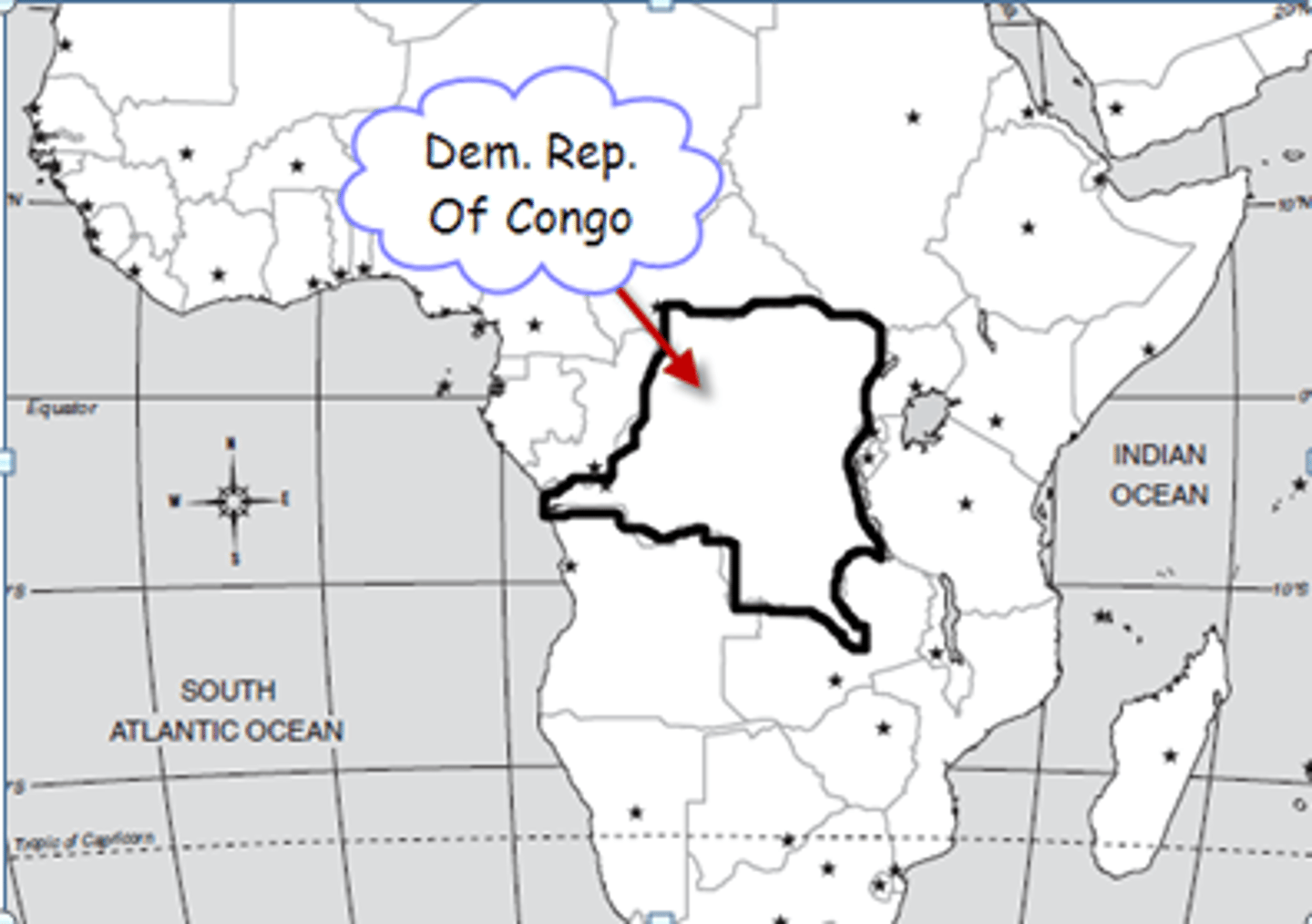
Perforated State Shape
State shape that completely surrounds another state.
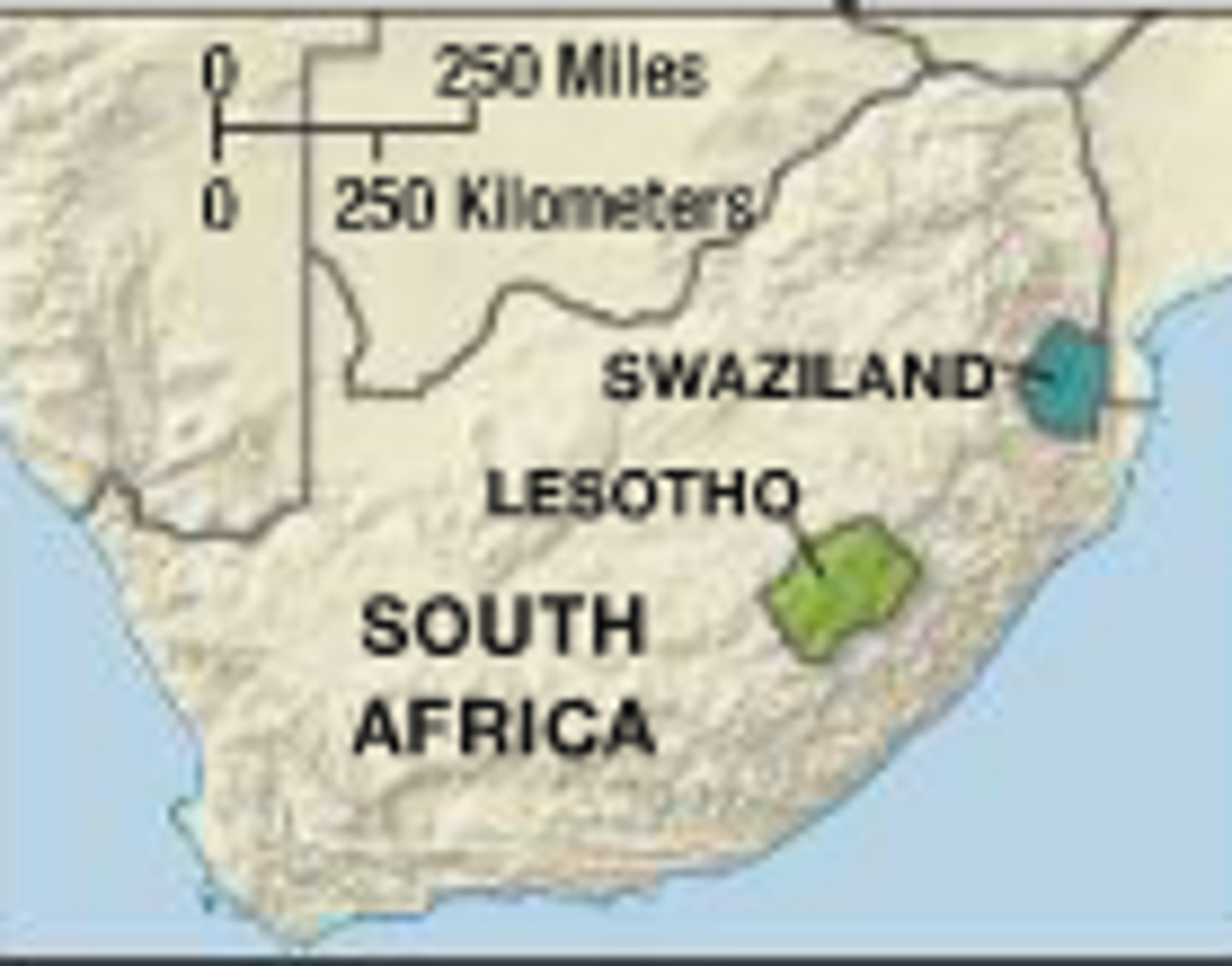
Fragmented State Shape
State shape that has separations either by ocean (islands) or an intervening state.
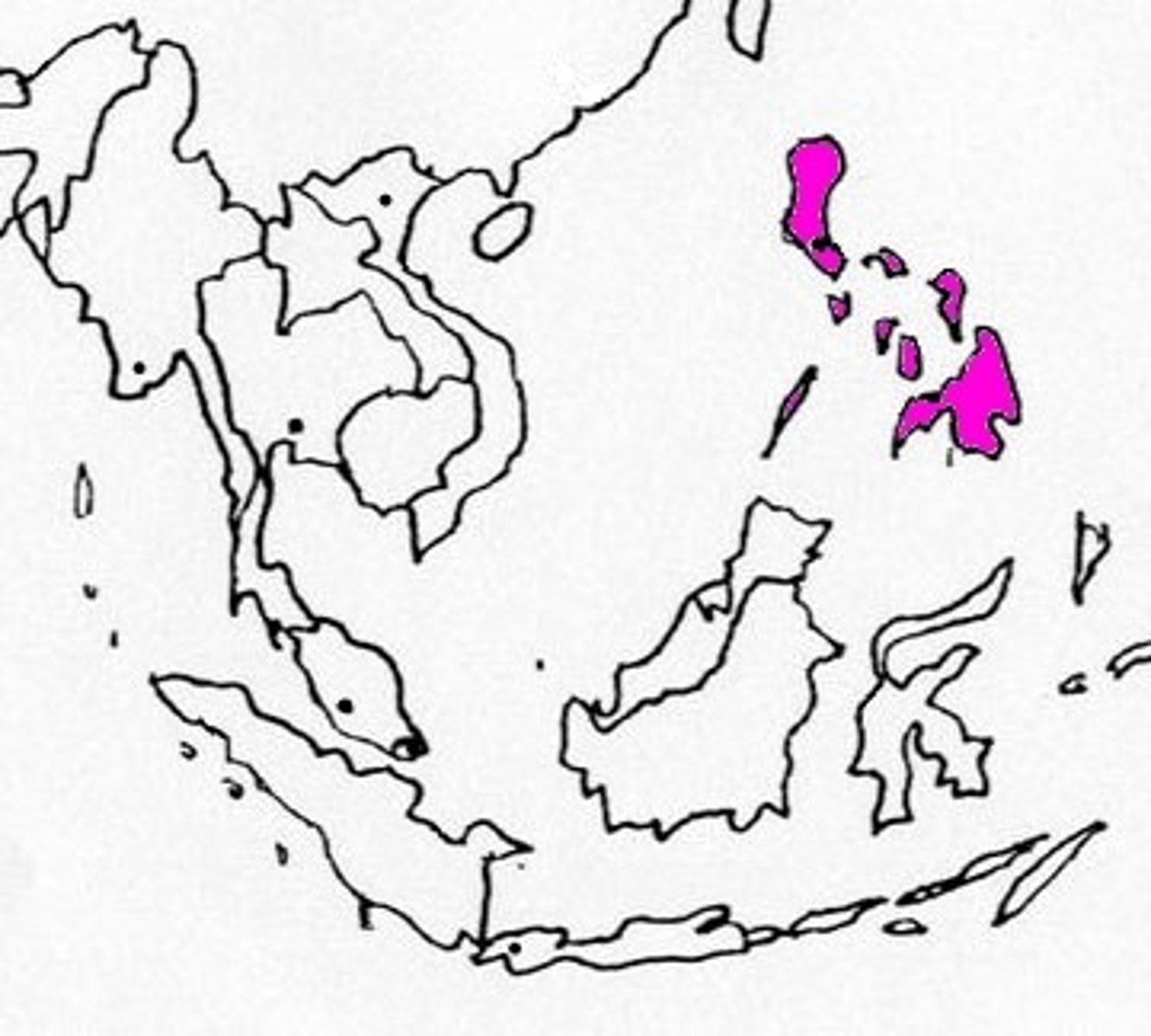
enclave
A state (or group of people - not a formal state) that is surrounded by another state or others.
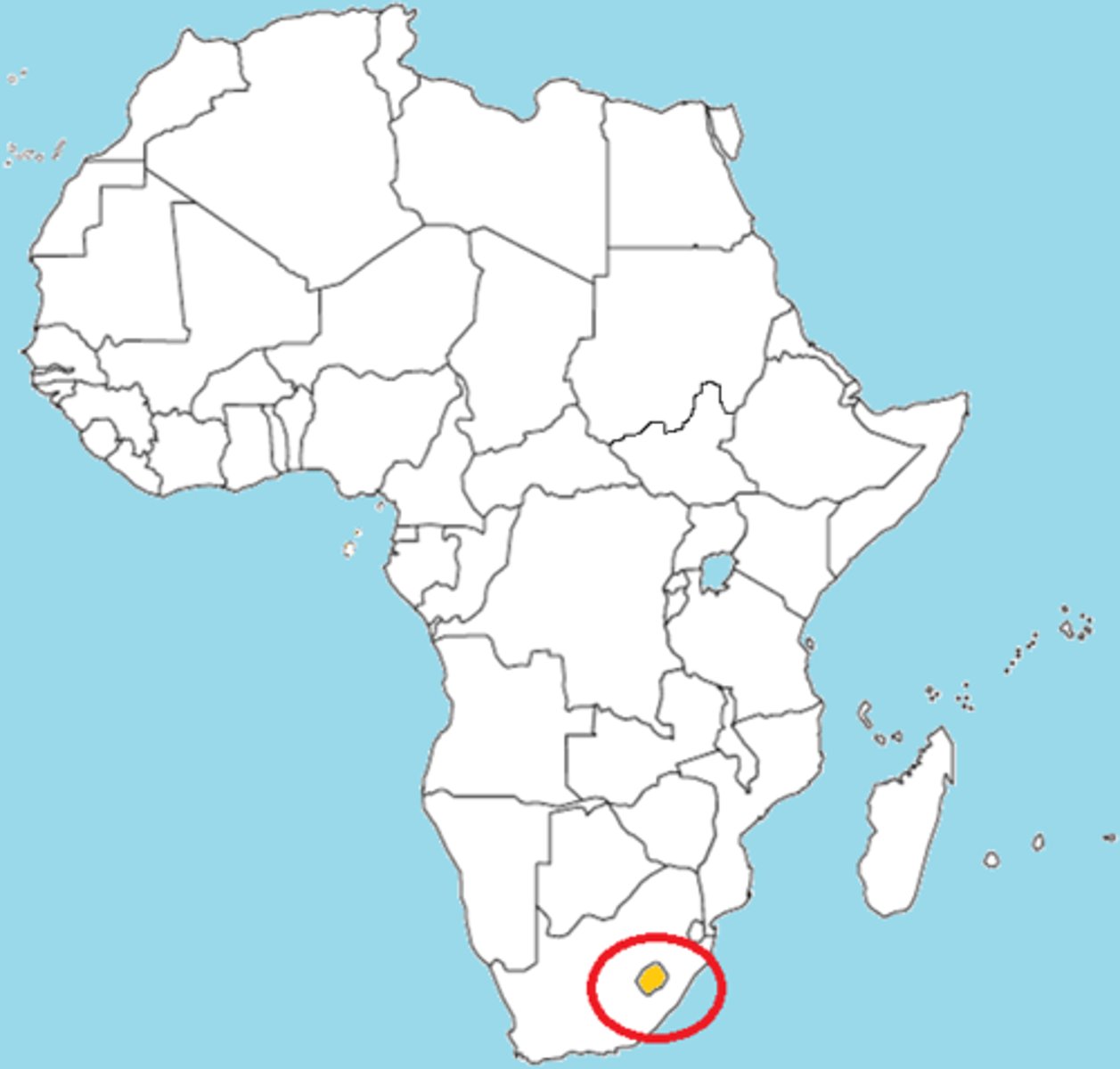
Catalonia and Basque
Separatist nations within Spain.
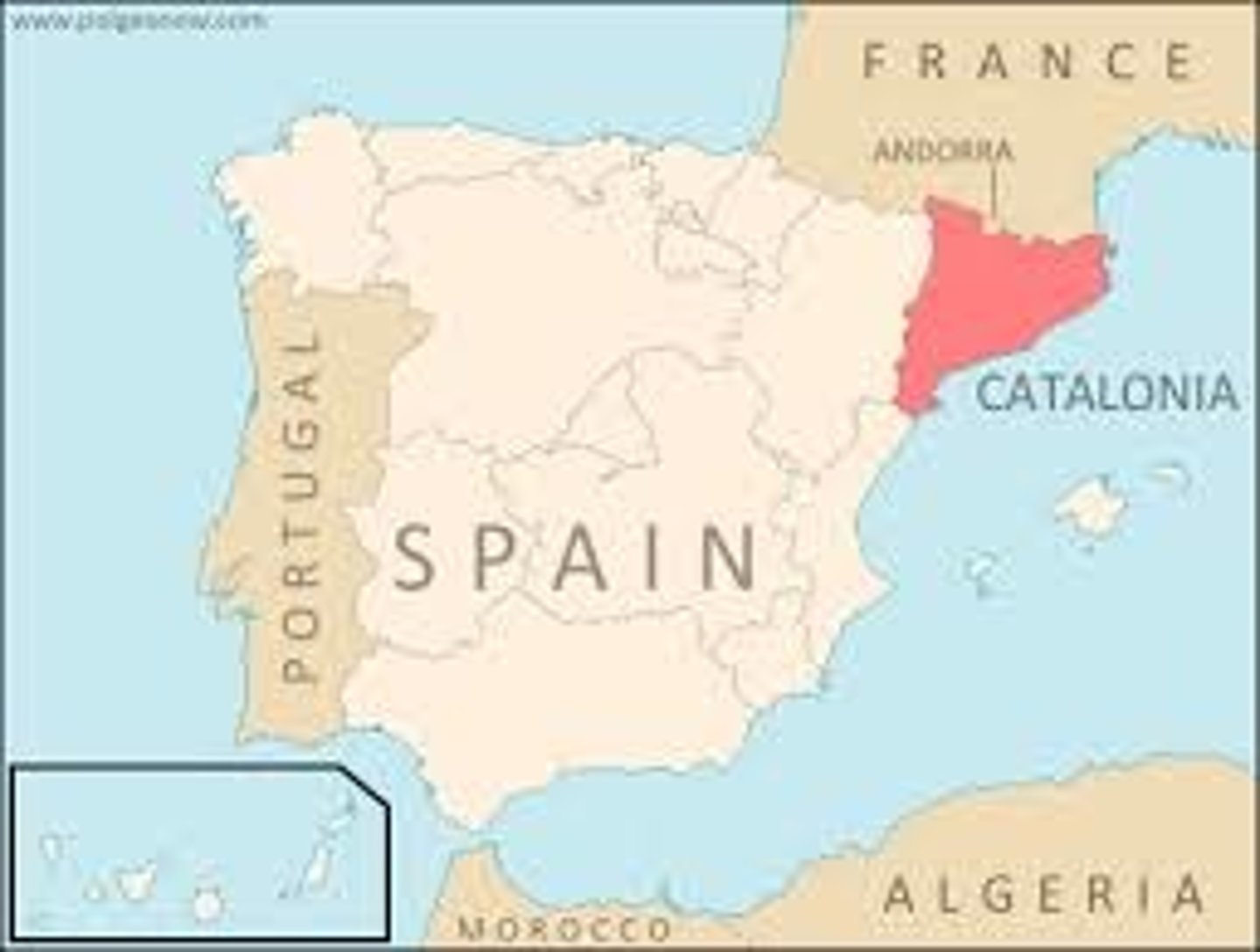
exclave
When a part of a state's territory is geographically separated by another country.
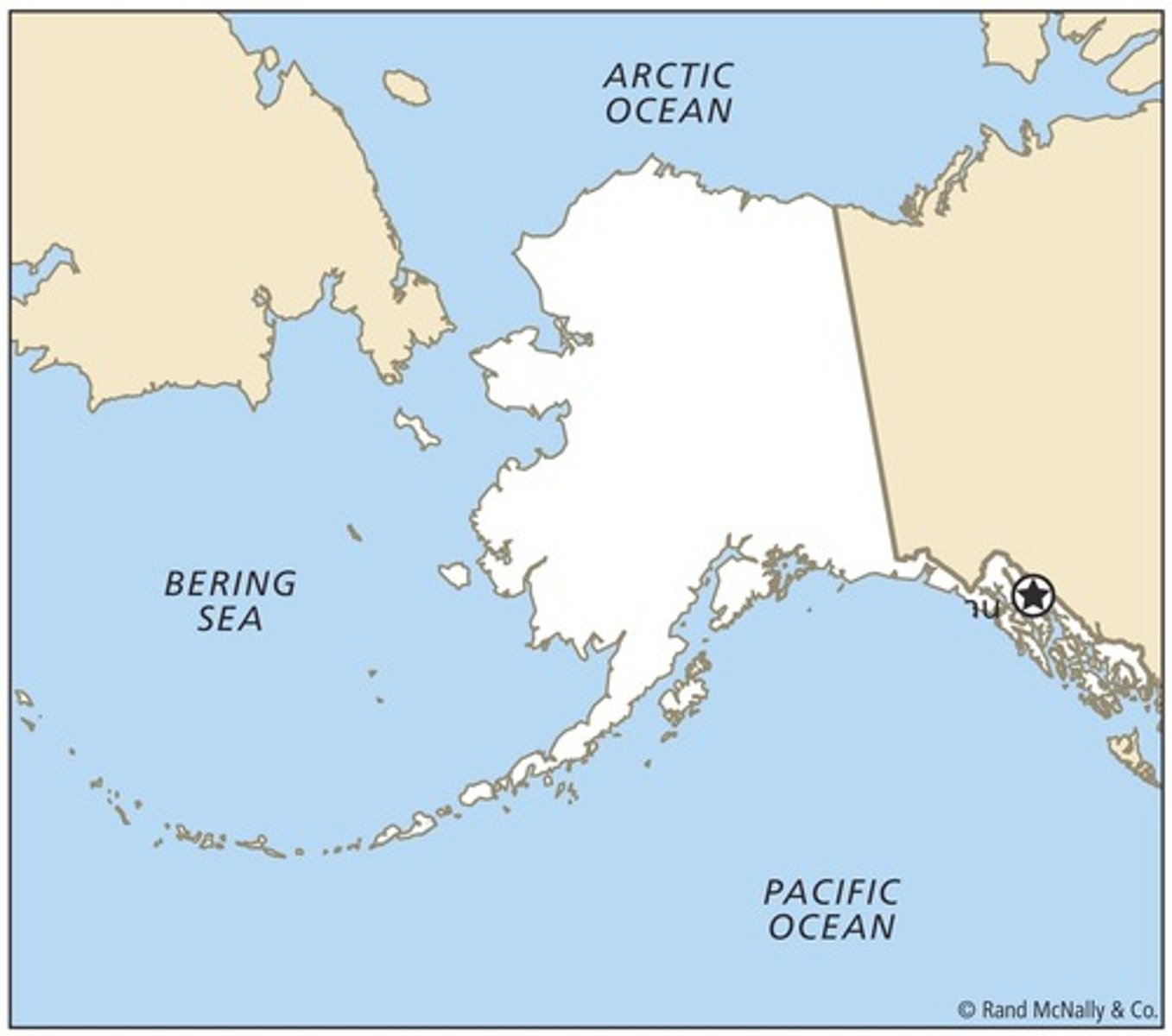
high seas
places were no government has sovereignty over - the ocean
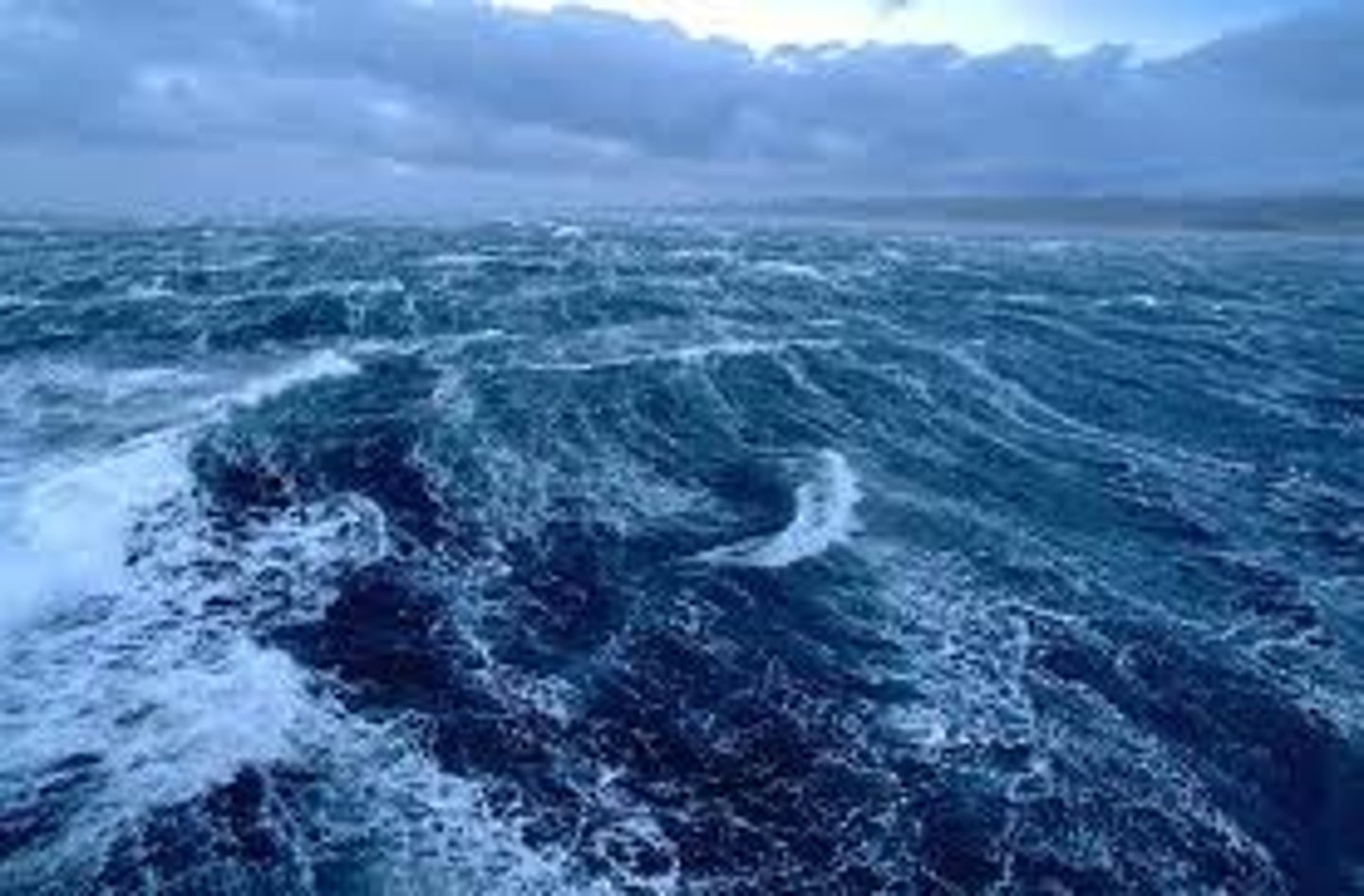
Westphalian state system
a system based on the idea of a world composed of autonomous, clearly bounded, sovereign territorial states
Relict boundary
a boundary that ceases to function, but as a reminder of what was; consider old divisions between nations like West and East Germany and North and South Vietnam
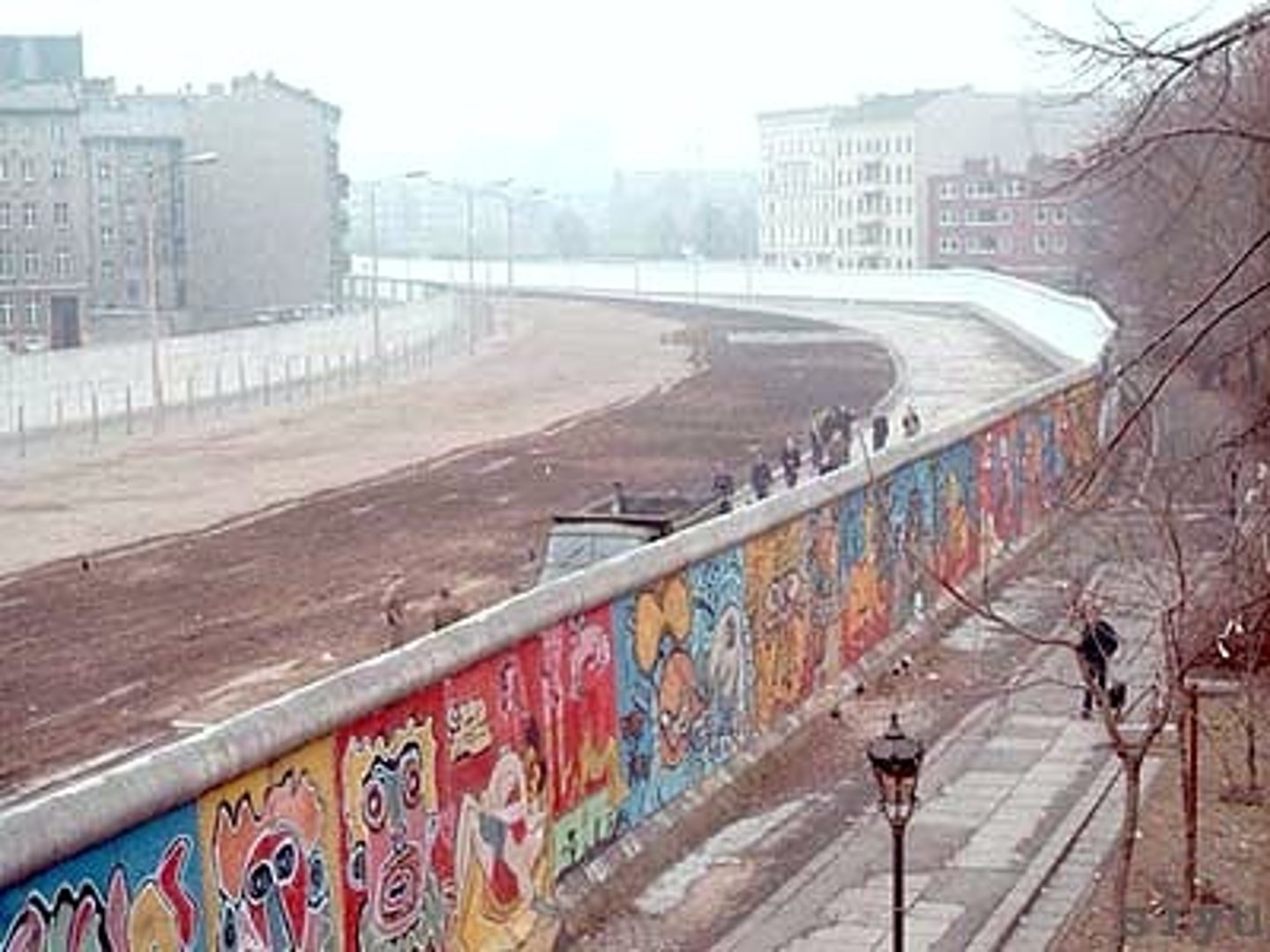
autocratic state
concentration of power in the hands of an individual or small group

superimposed boundary
forcibly created by an outside force, like a treaty or invader; it may not reflect cultural or physical landscape
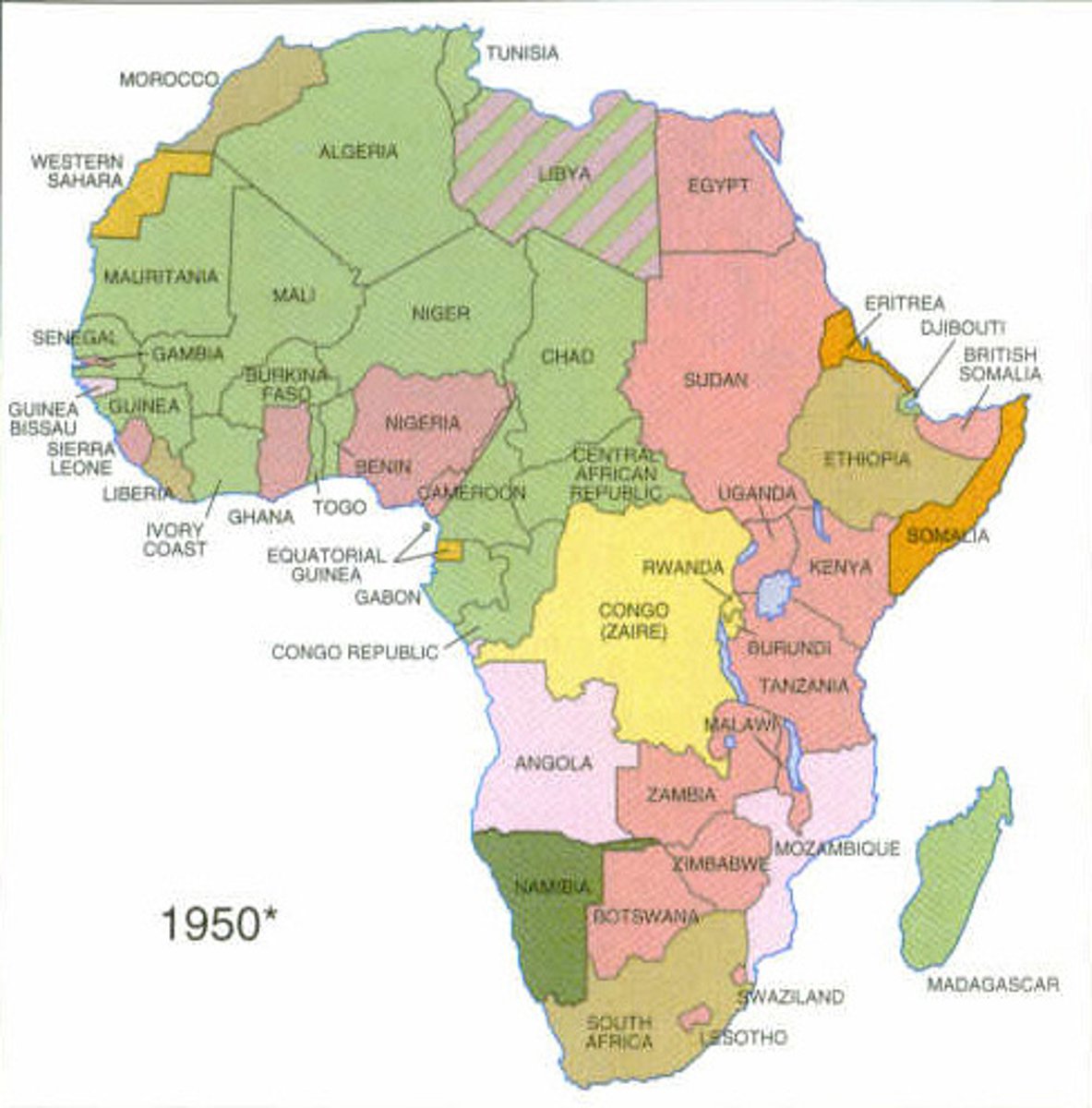
antecedent boundary
created before an area is known or populated; usually based on a physical boundary
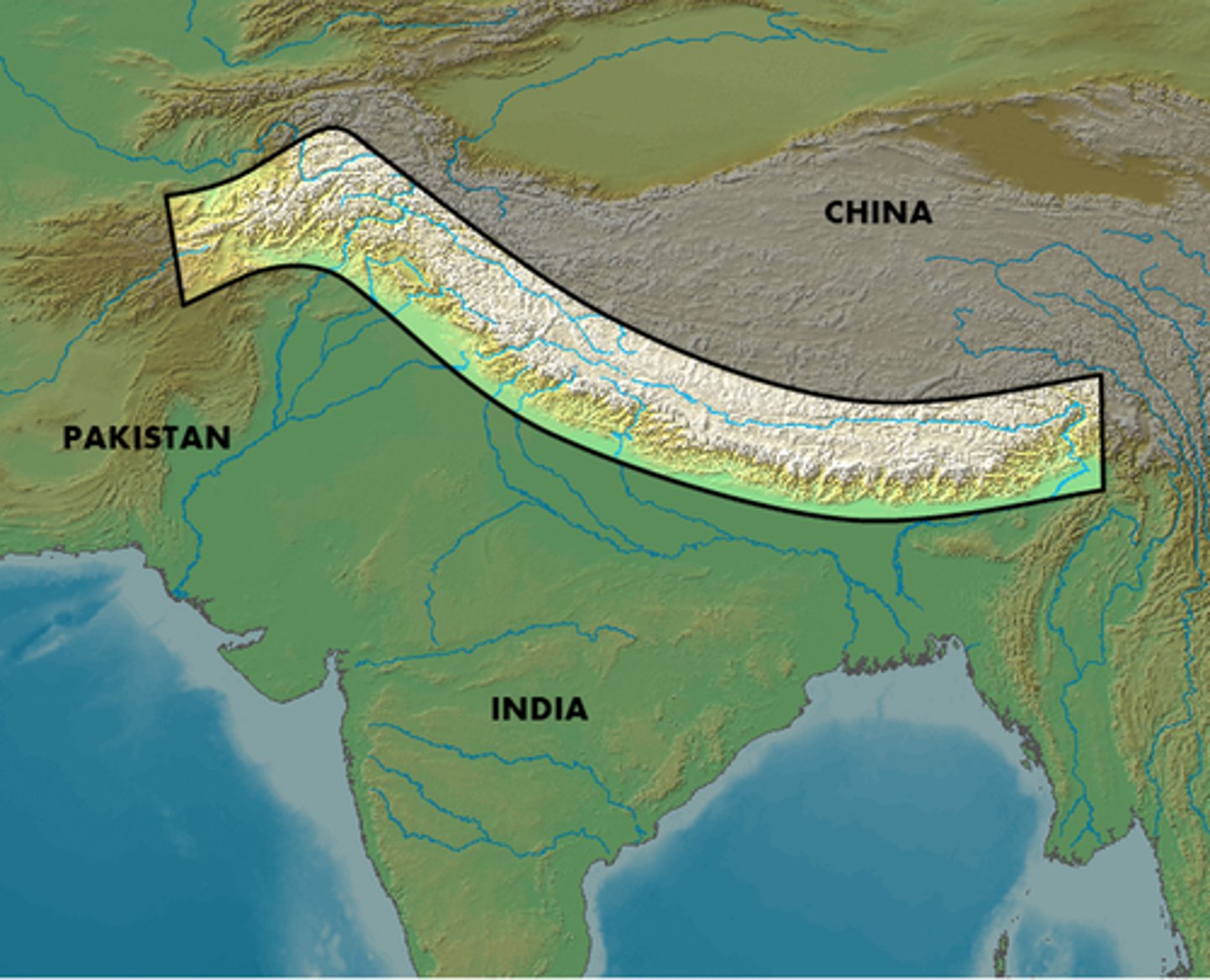
subsequent boundary
created after recognized settlement; meant to separate existing cultural groups and may signify an attempt to align the boundaries that exist between nations
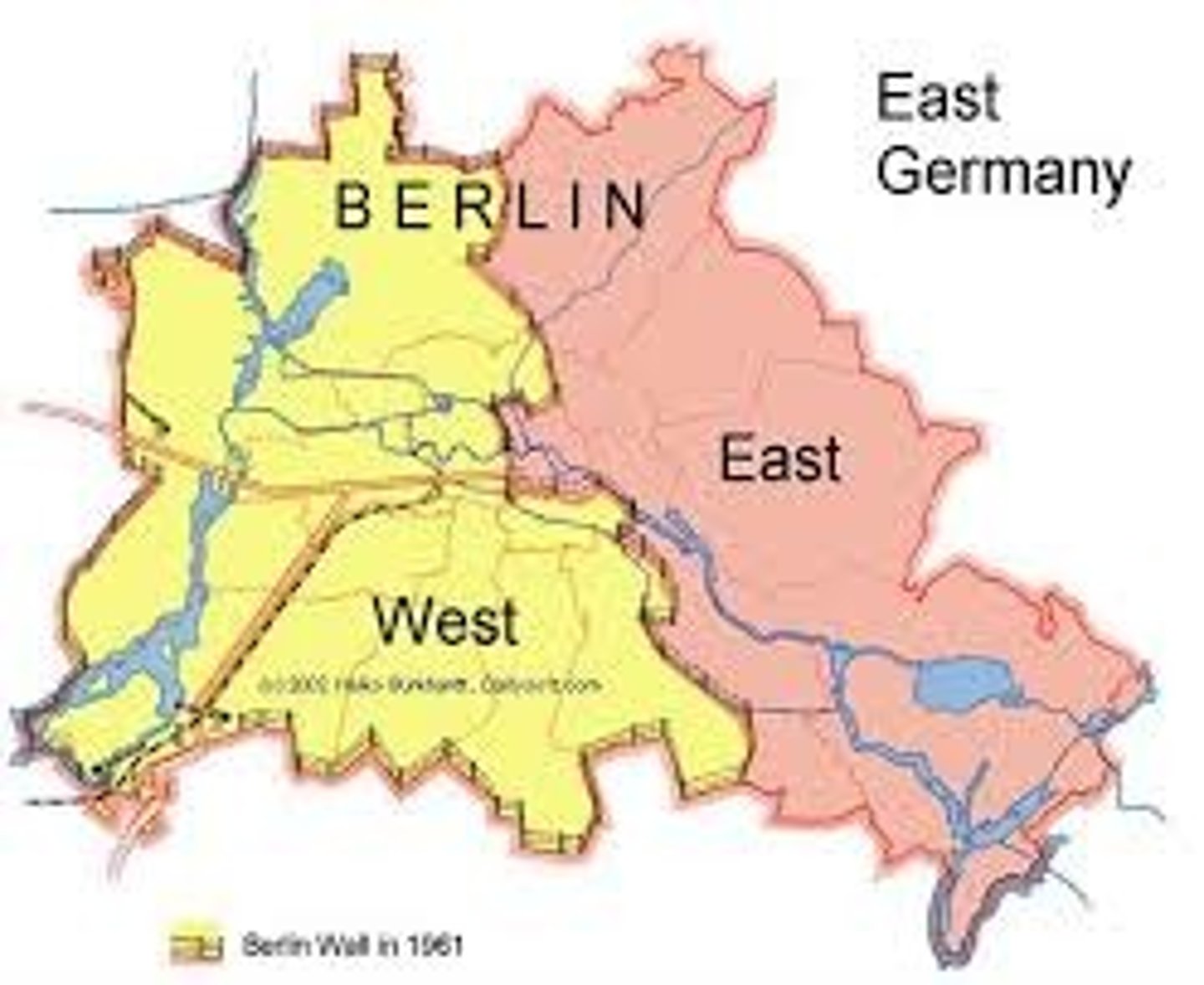
Rimland Theory
created by Nicholas Spyman who stated that Eurasia's rimland, the coastal areas, is the key to controlling the World Island.
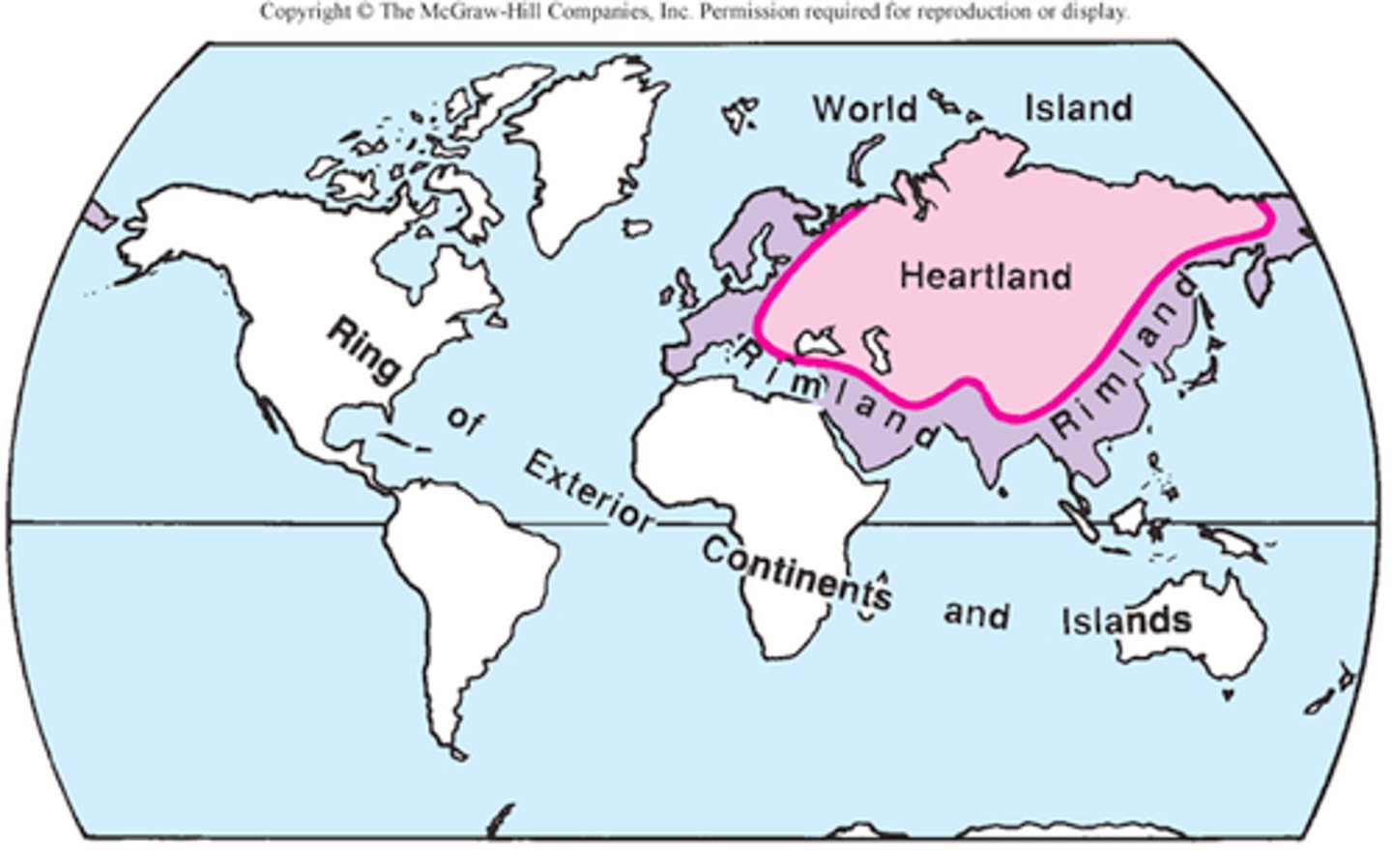
irredentist movements (irredentism)
political or popular movement to reclaim or reoccupy a territory considered lost or unredeemed
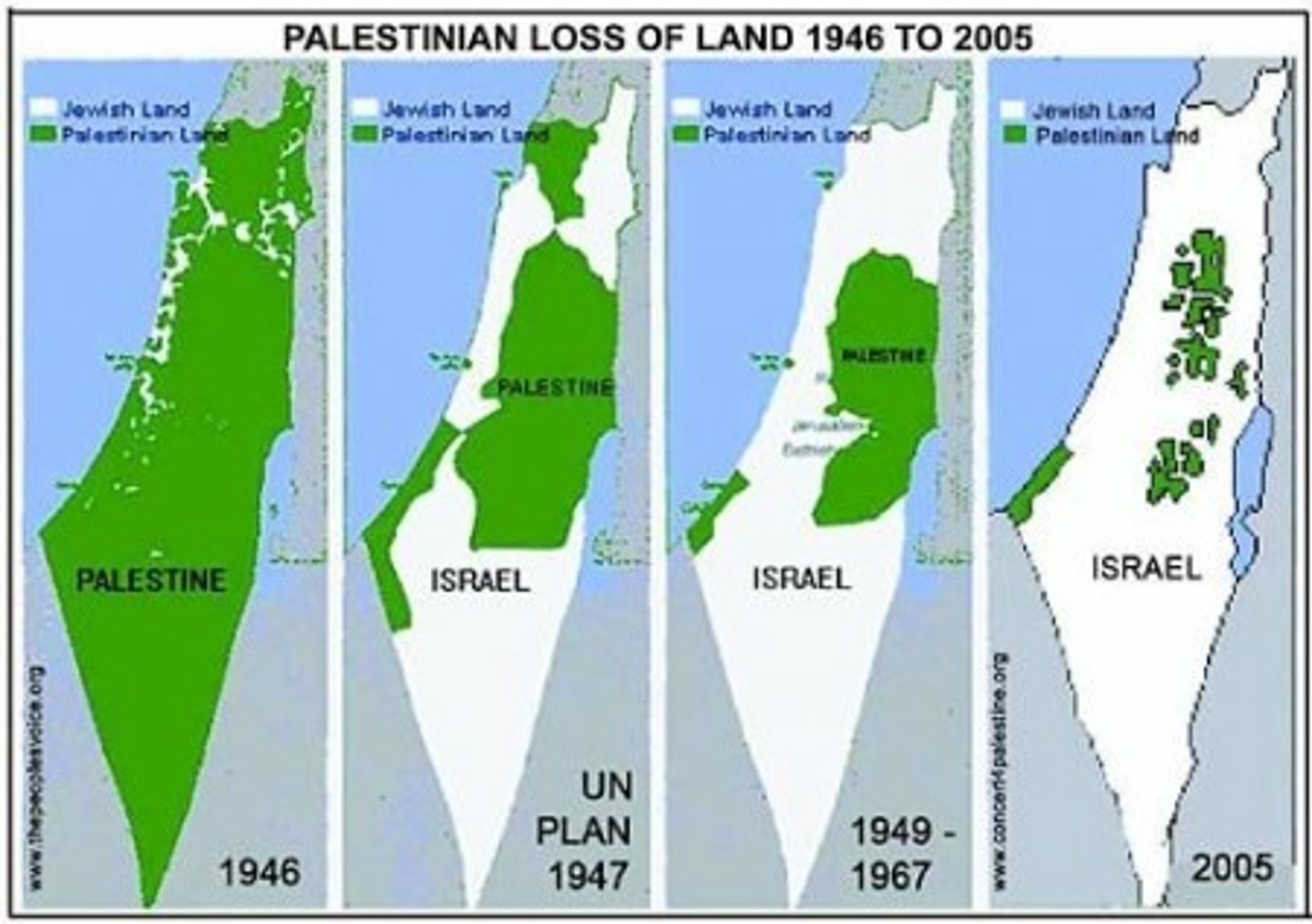
defined boundary
written, legal description of a boundary
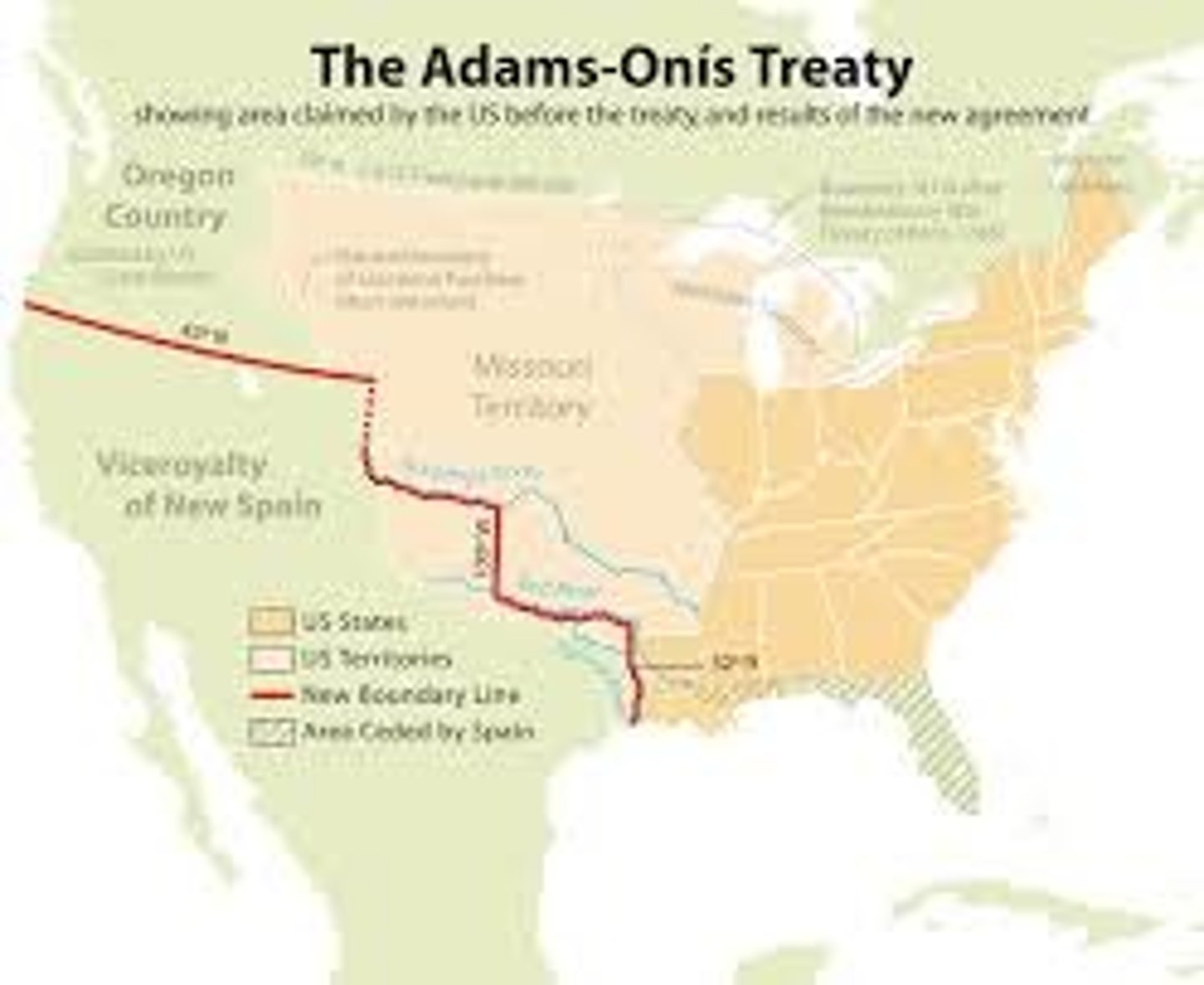
delimited boundary
translation of a written boundary into an official cartographic representation
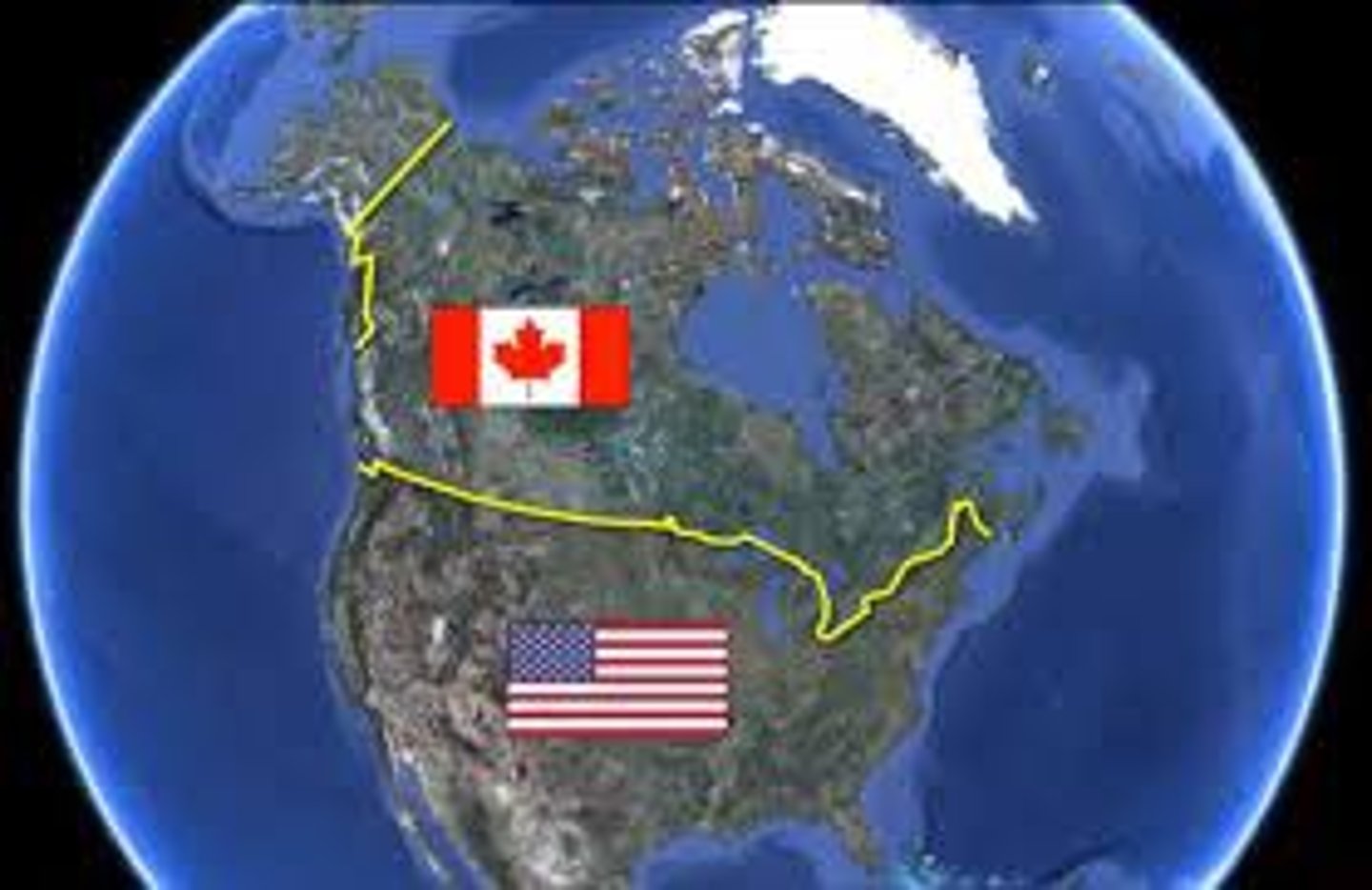
demarcated boundary
actual placing of a political boundary on the physical landscape by means of fences, barriers, signs, etc.
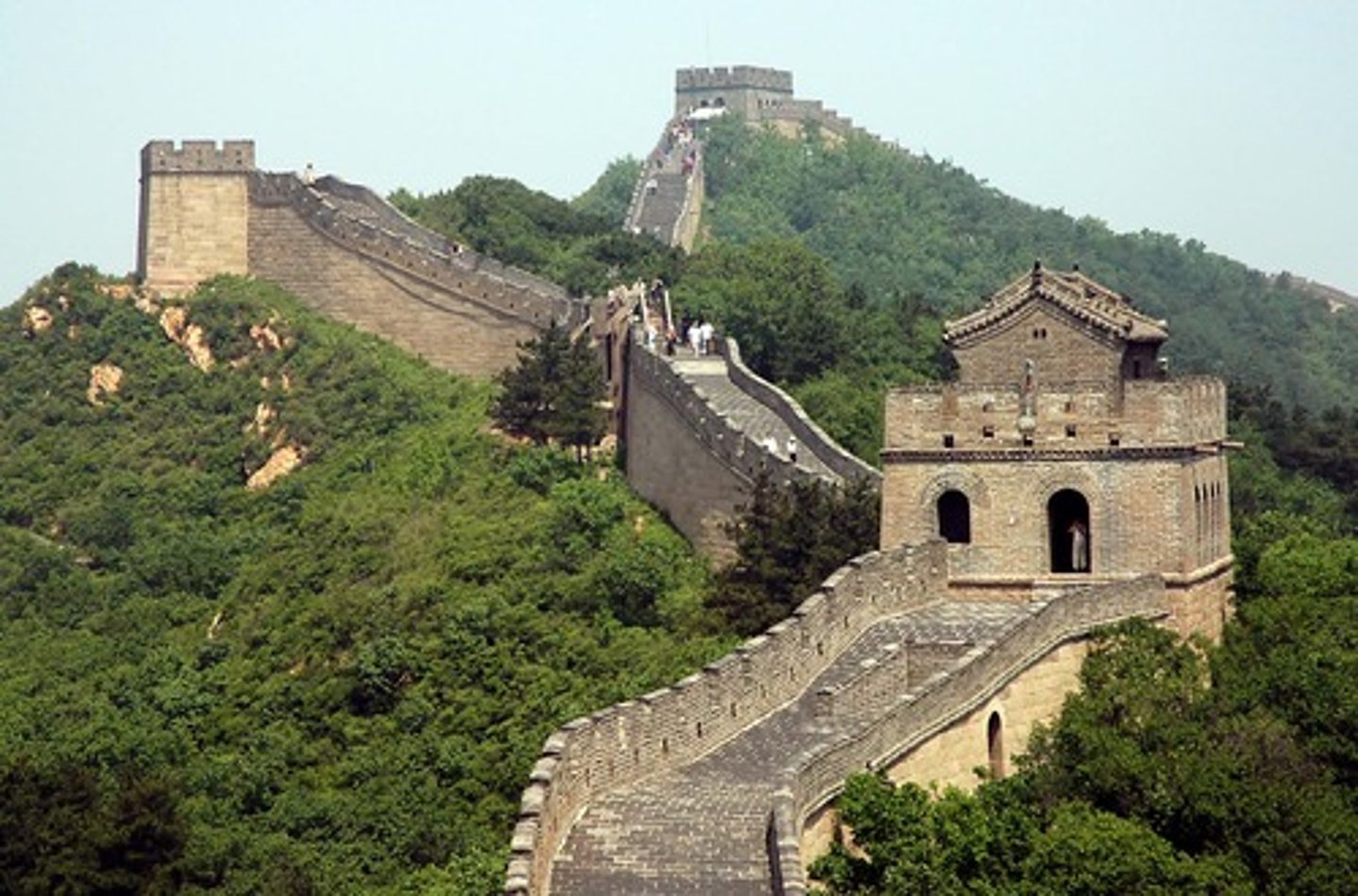
Neocolonialism
Economic dominance of a weaker country by a more powerful one, while maintaining the legal independence of the weaker state.
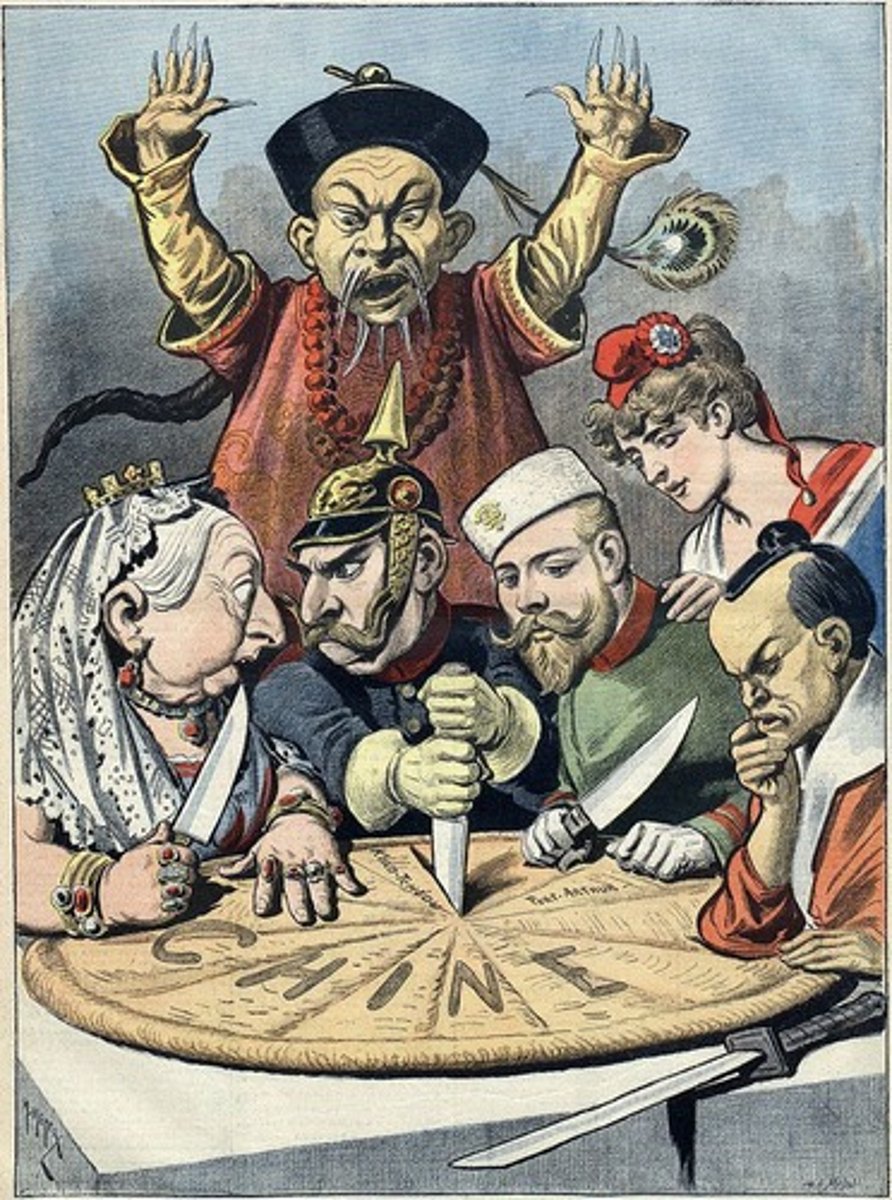
Shatterbelt
a region caught between stronger colliding external cultural-political forces, under persistent stress, and often fragmented by aggressive rivals (e.g., Israel or Kashmir today; Eastern Europe during the Cold War,...).
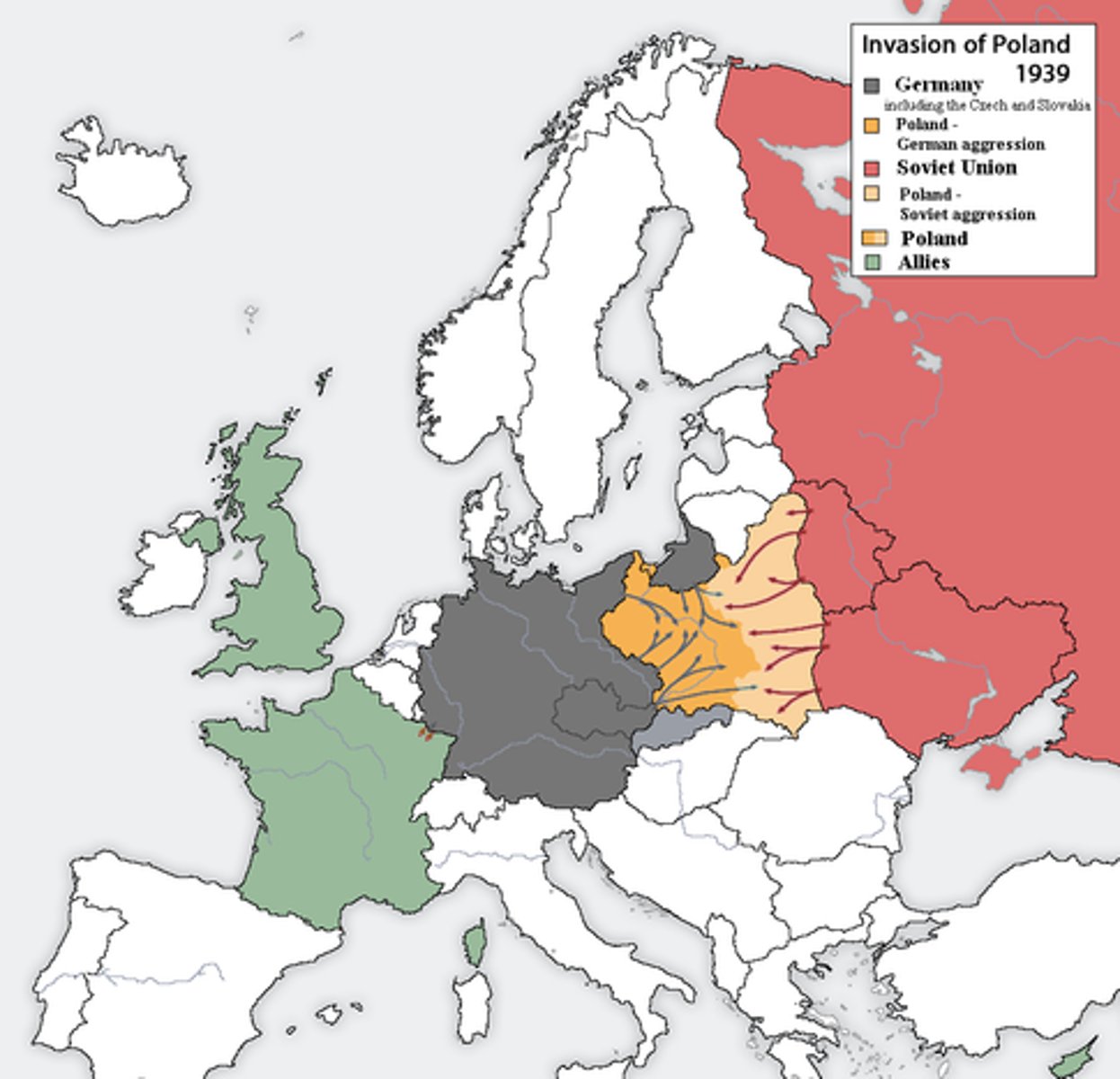
choke point
a point of congestion or blockage
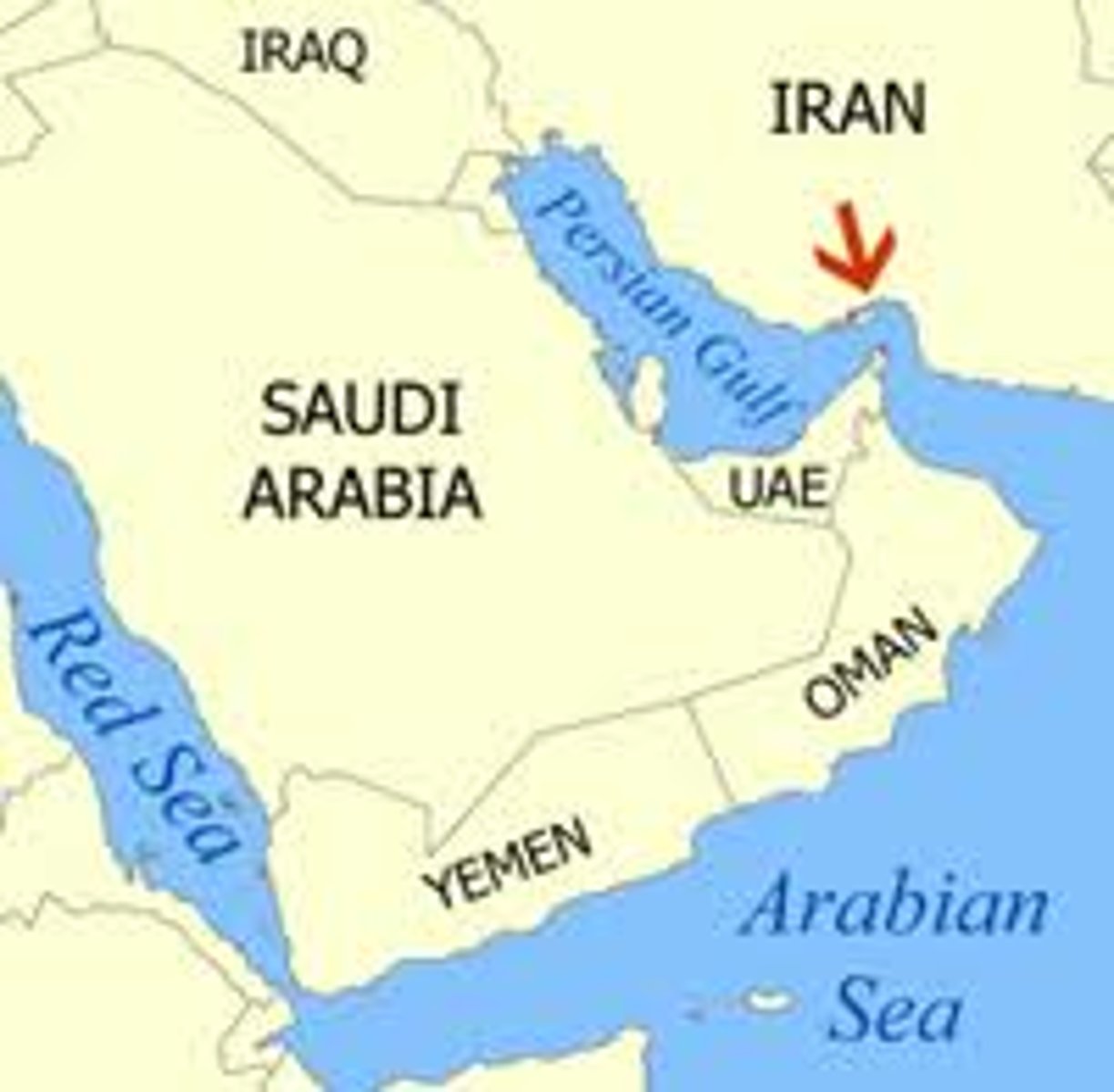
consequent boundary
(syn ethnographic boundary) a boundary line that coincides with some cultural divide, such as religion or language
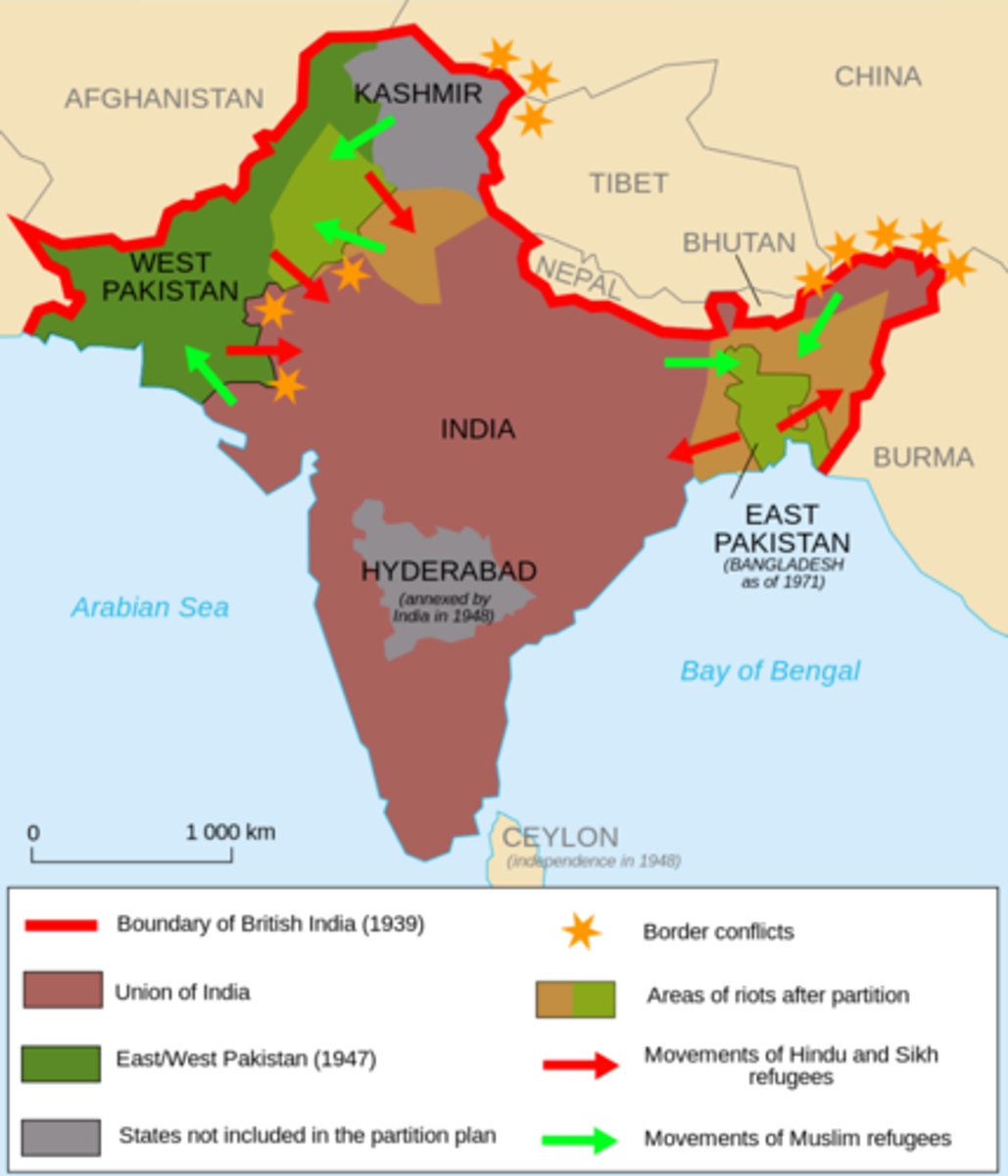
Demilitarized Zone (DMZ)
A zone from which military forces or operations or installations are prohibited
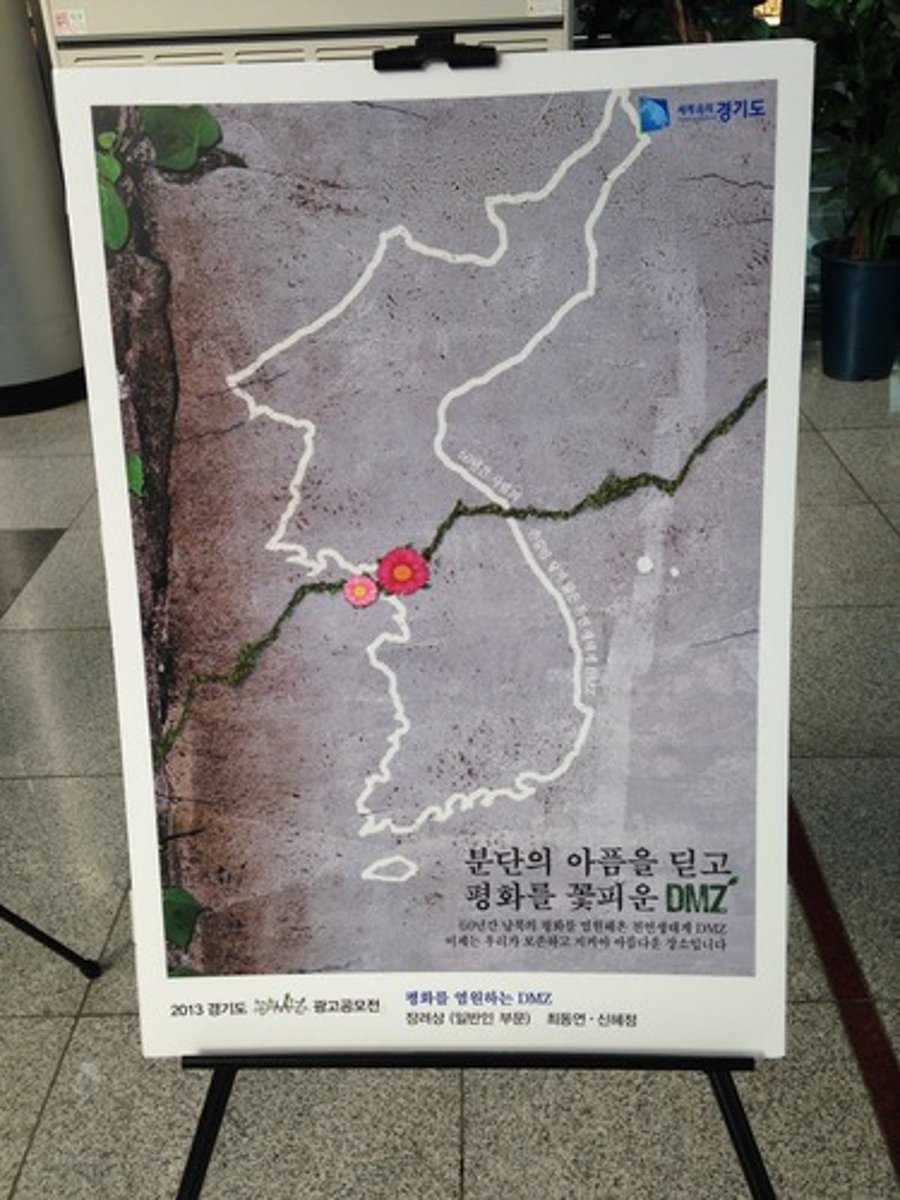
Berlin Conference
A meeting from 1884-1885 at which representatives of European nations agreed on rules colonization of Africa
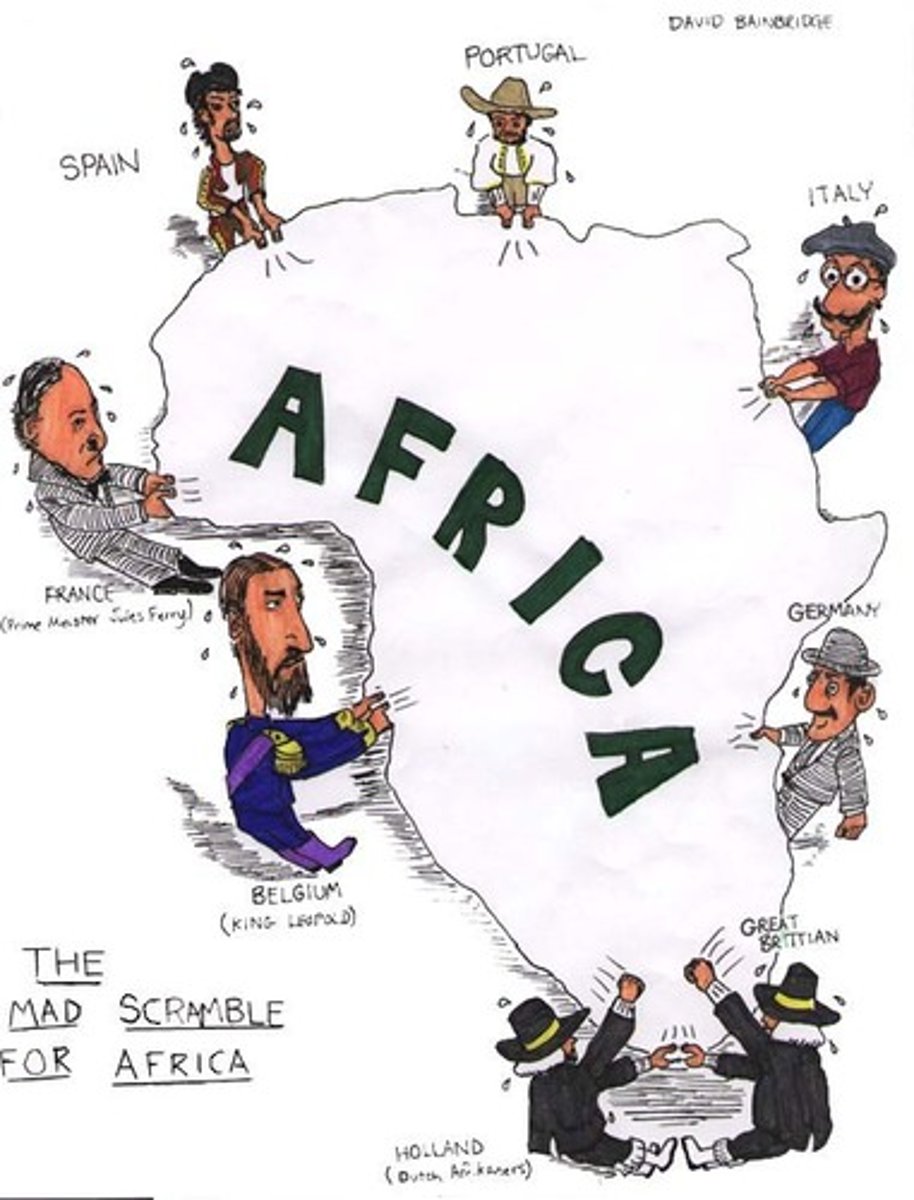
Law of the Sea Convention
Law establishing states rights and responsibilities concerning the ownership and use of the earth's seas and oceans and their resources.
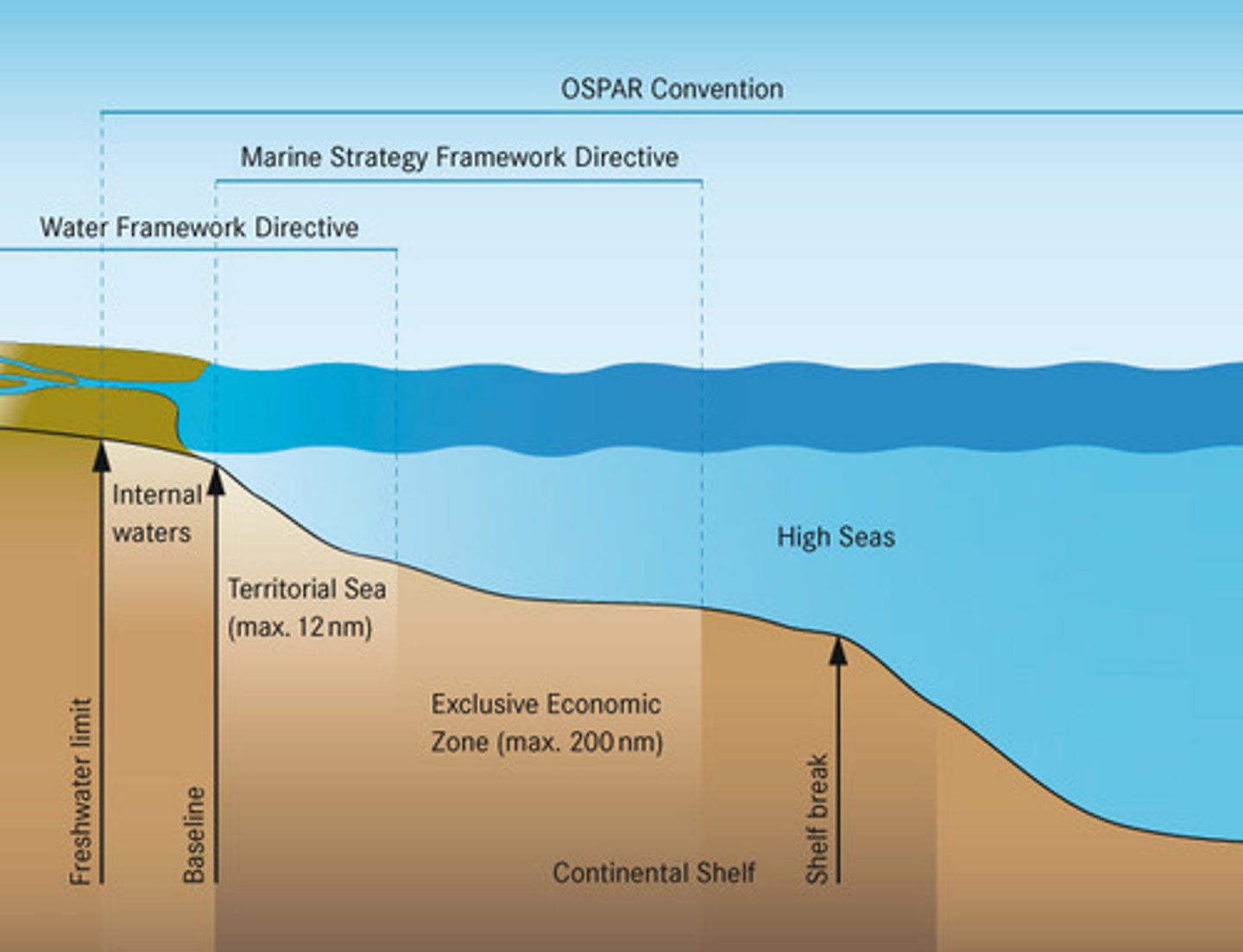
Exclusive Economic Zone (EEZ)
the seazone extending 200 nautical miles from the coast over which a state has special rights as to the exploration and use of marine resources
